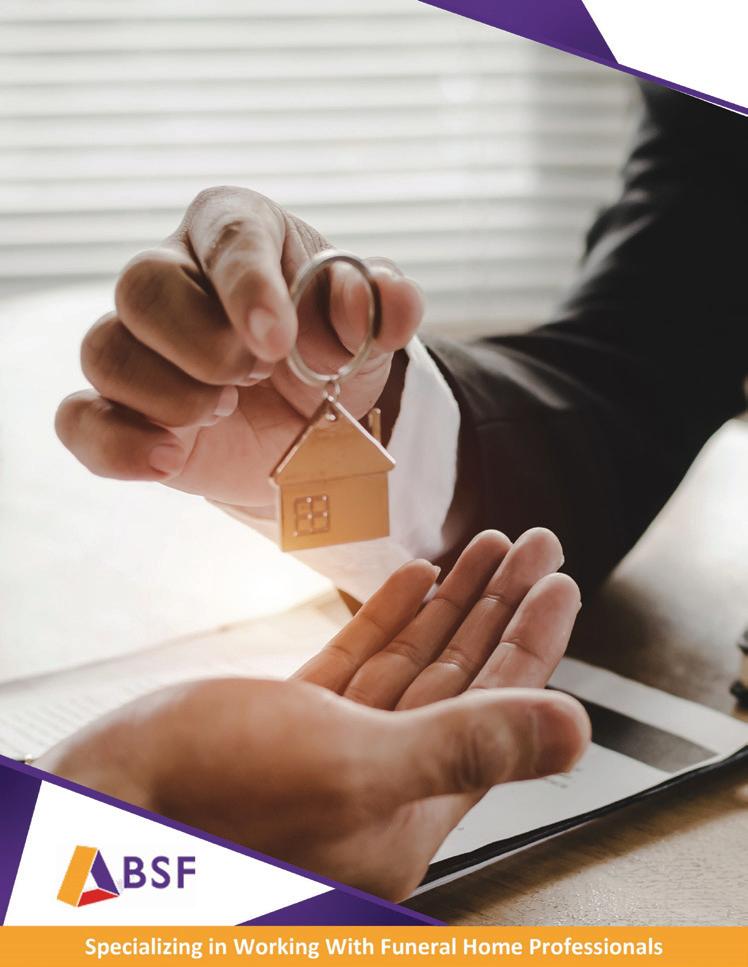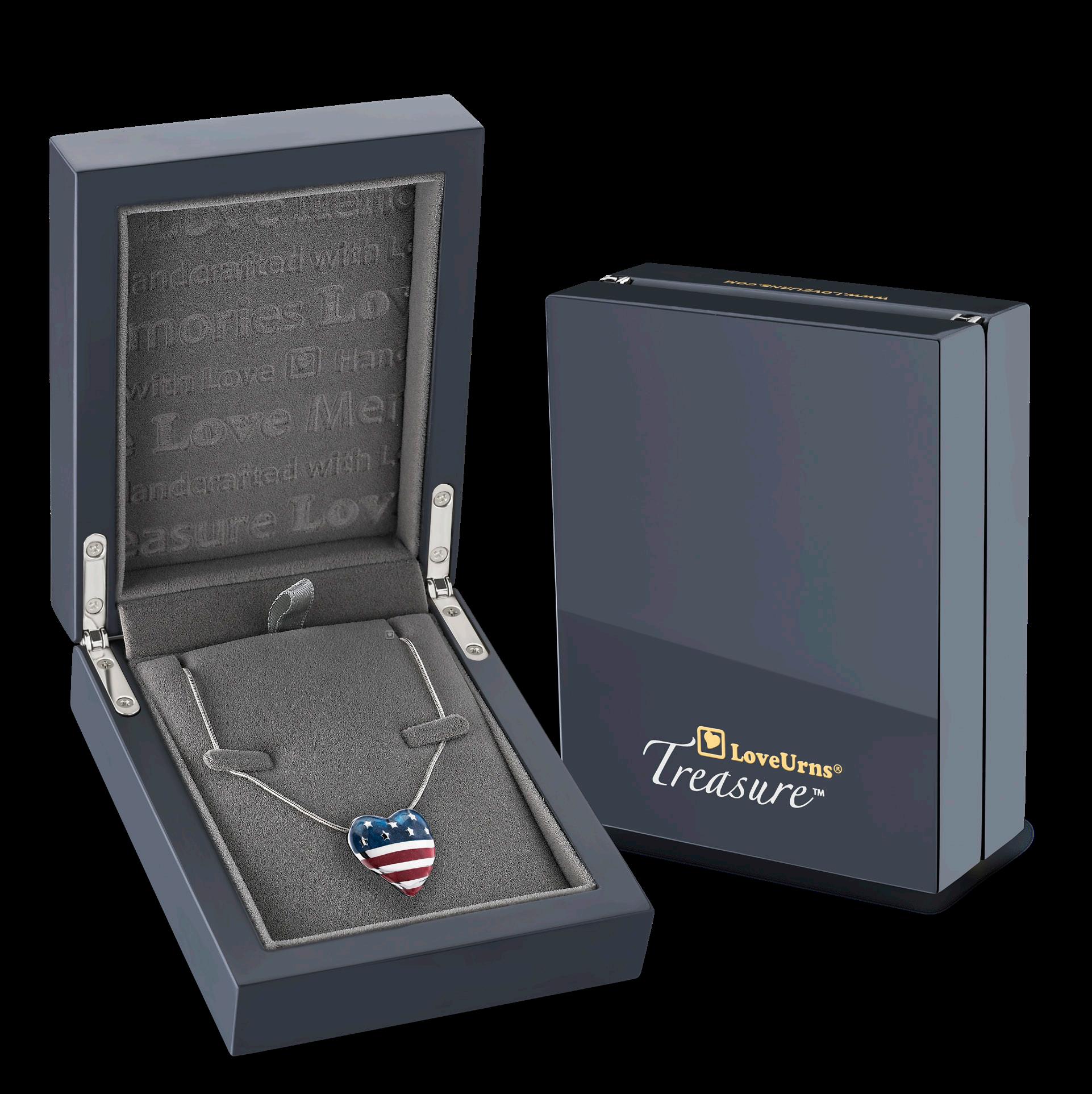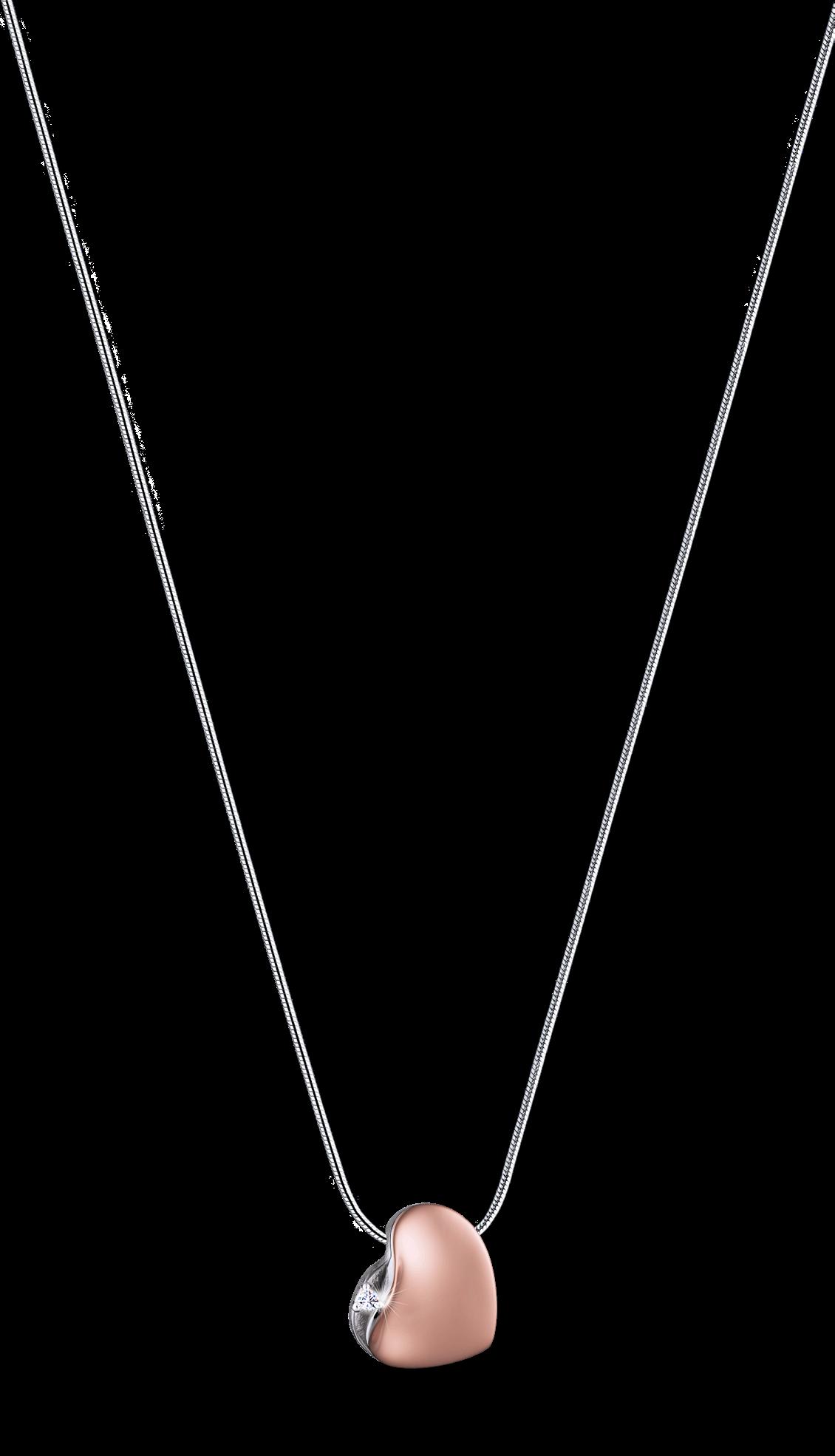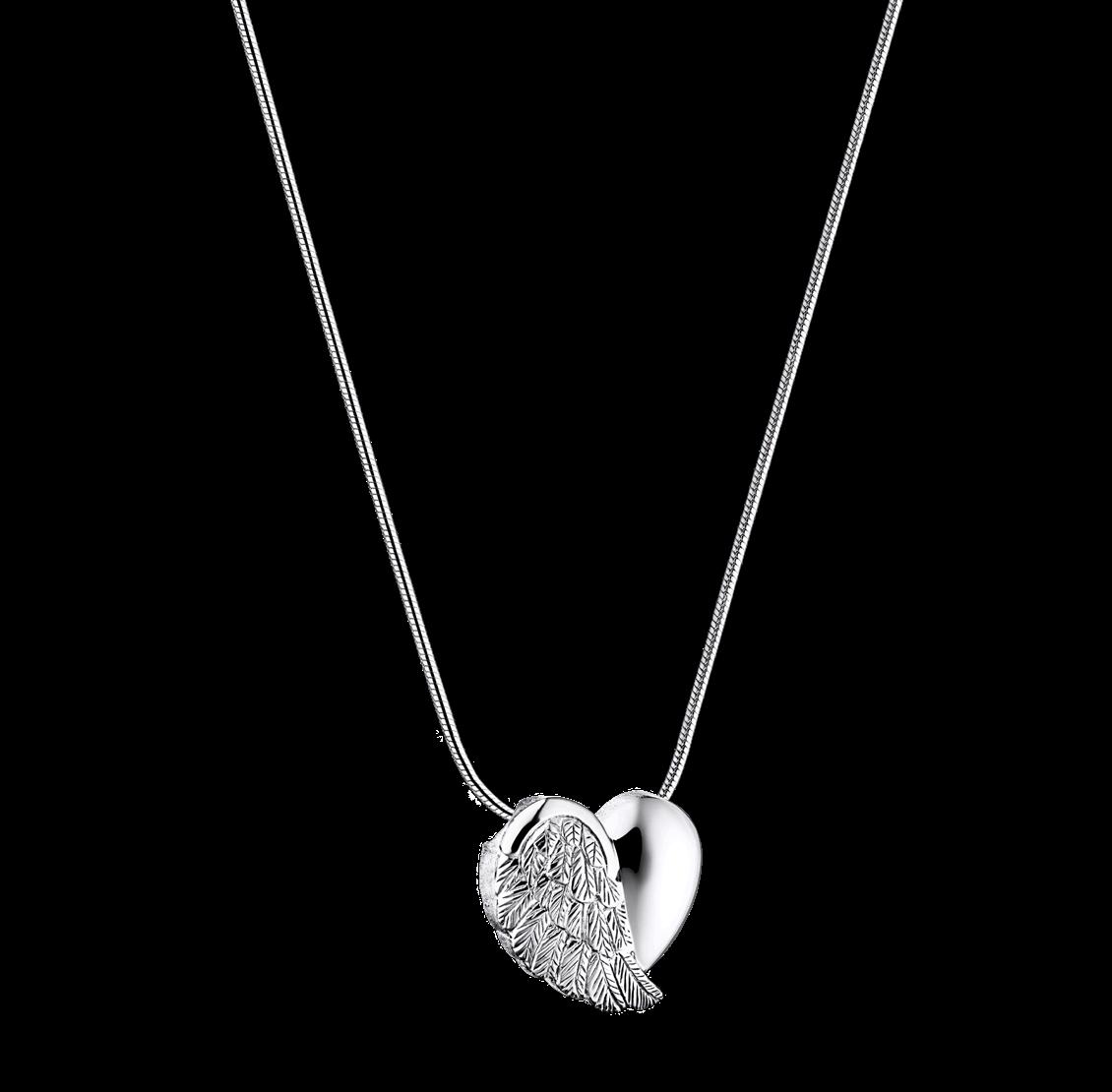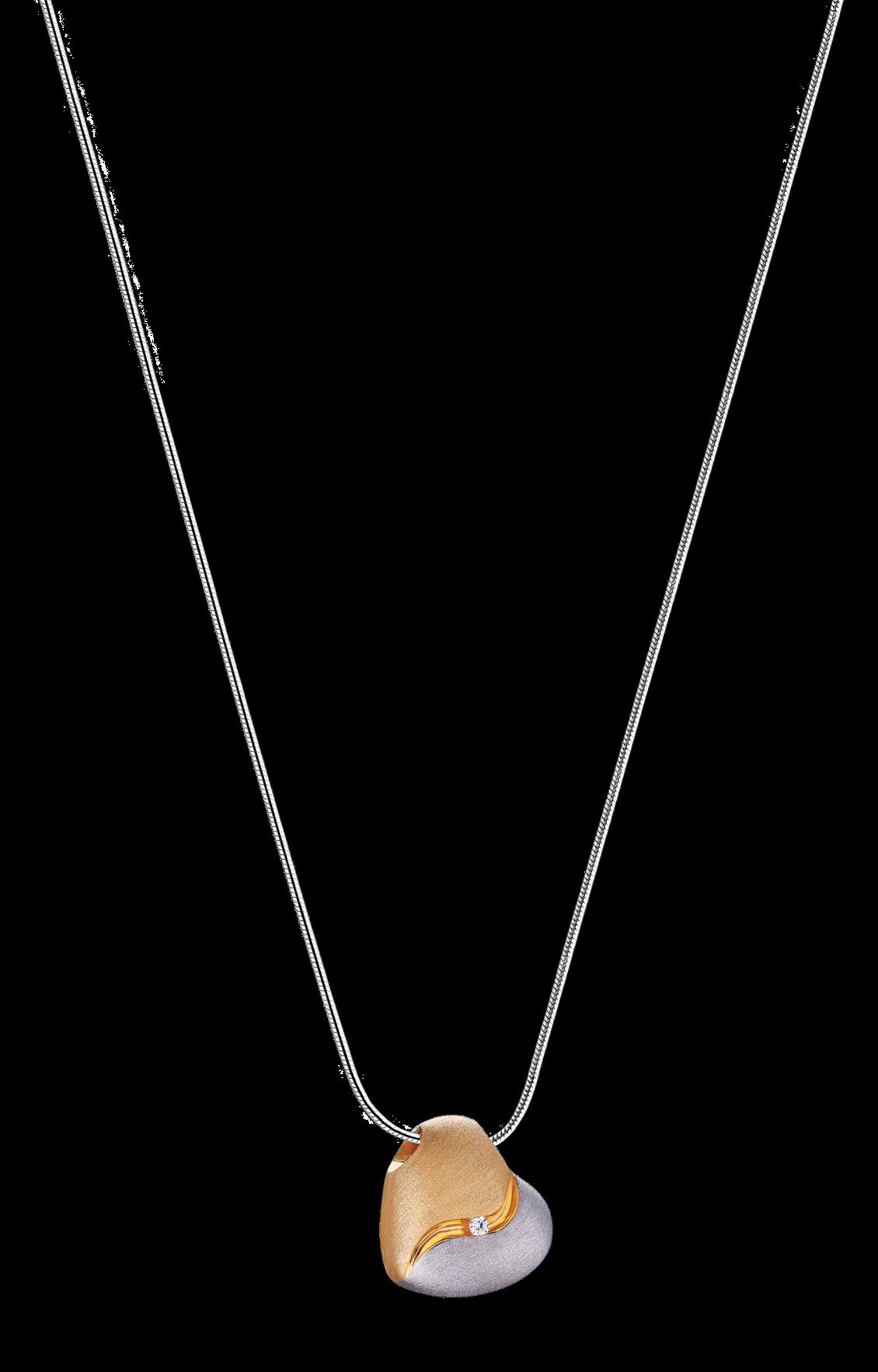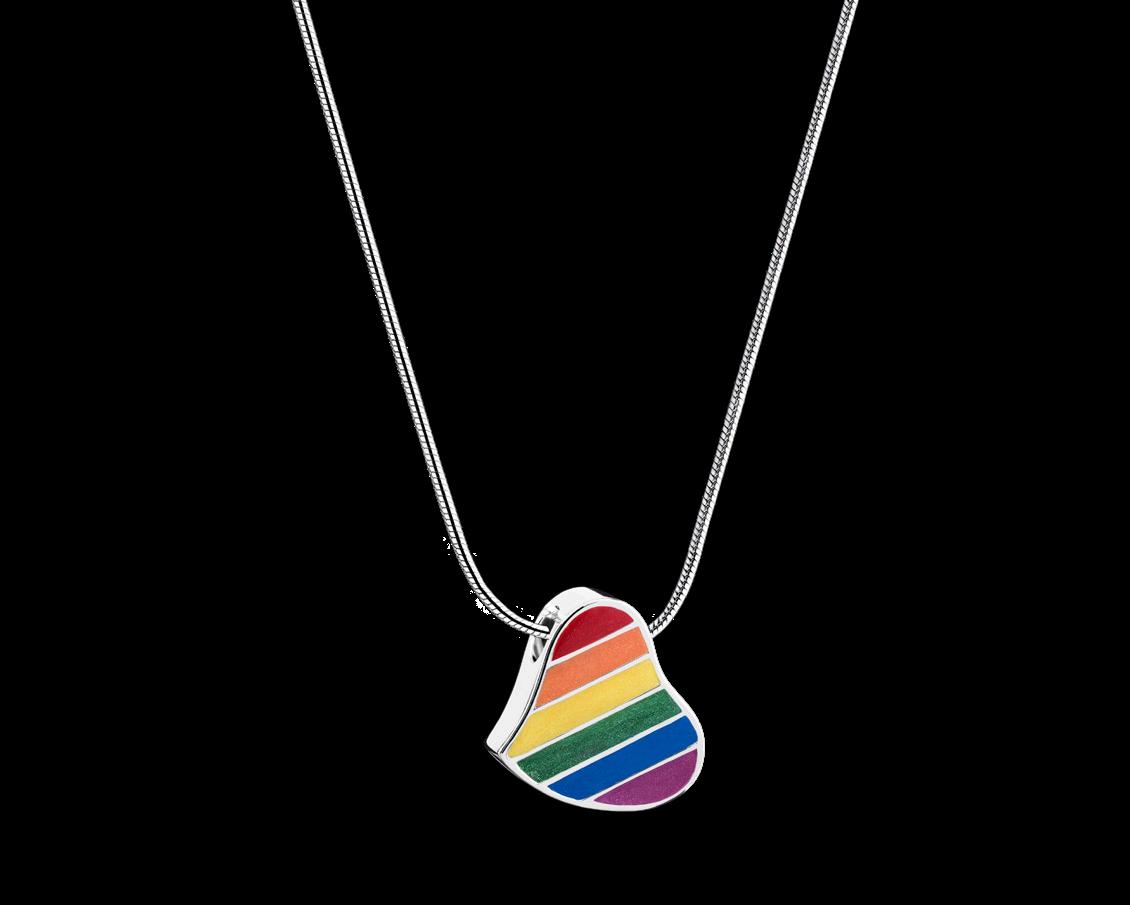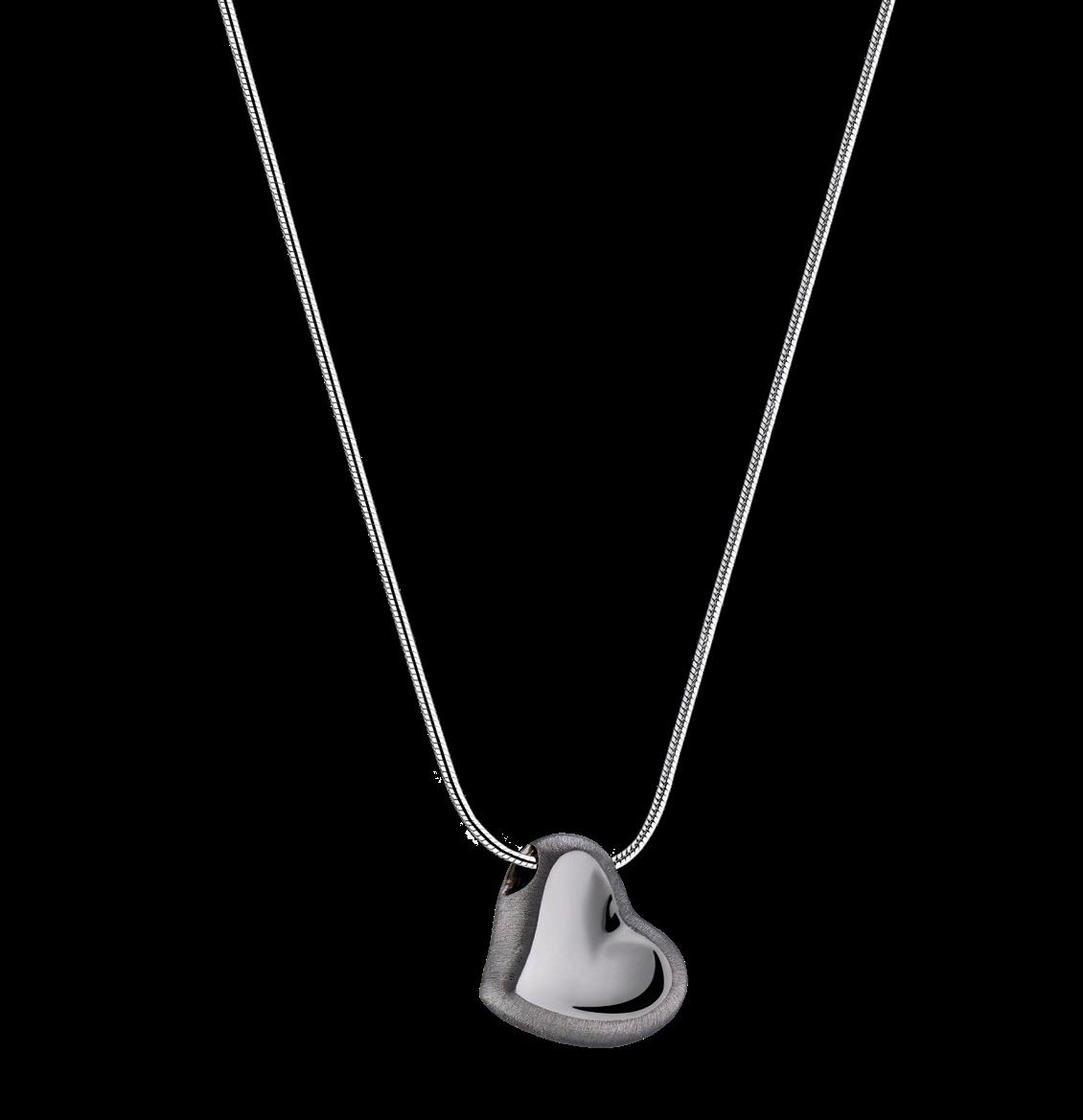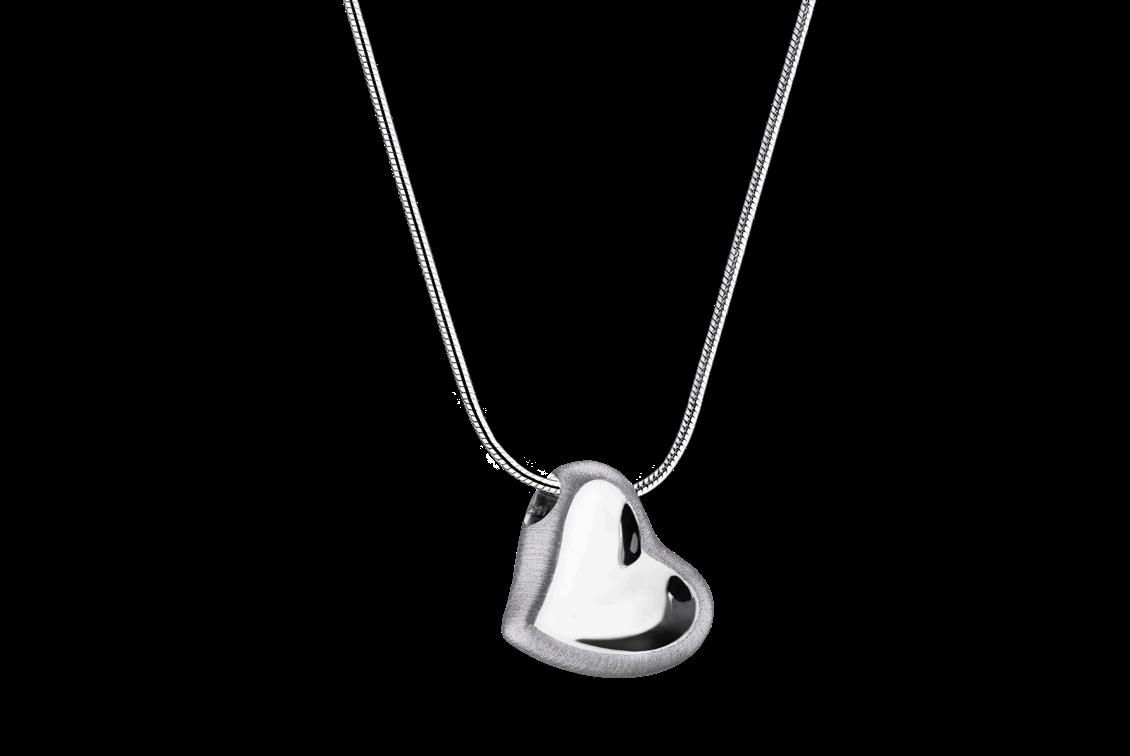




Wilbert’s simpliFi burial vault presentation provides families all they need to know in a short, simple, 3-step process. Straightforward. Engaging. Quick. It’s as simple as that. Call your Wilbert provider to see a demo.
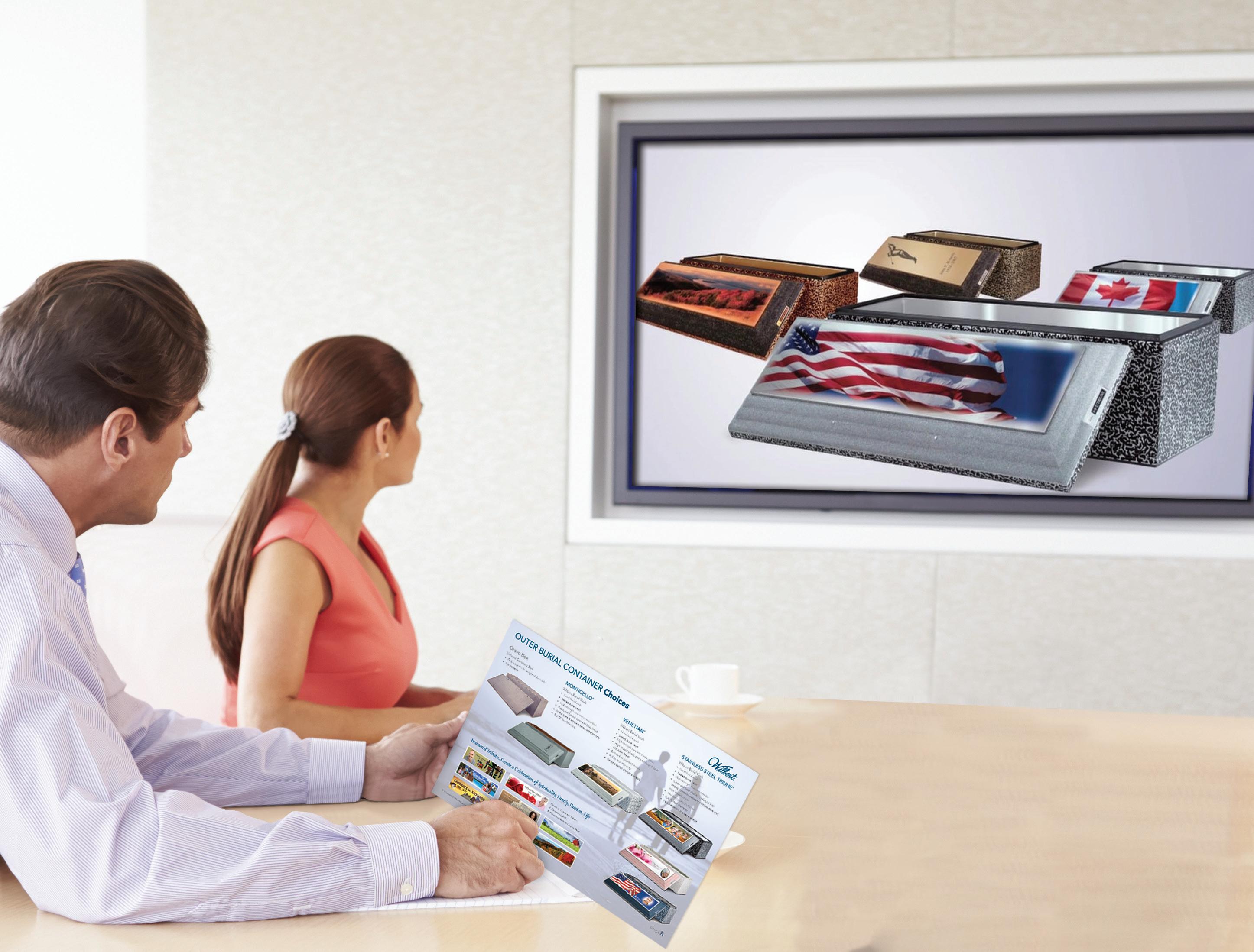

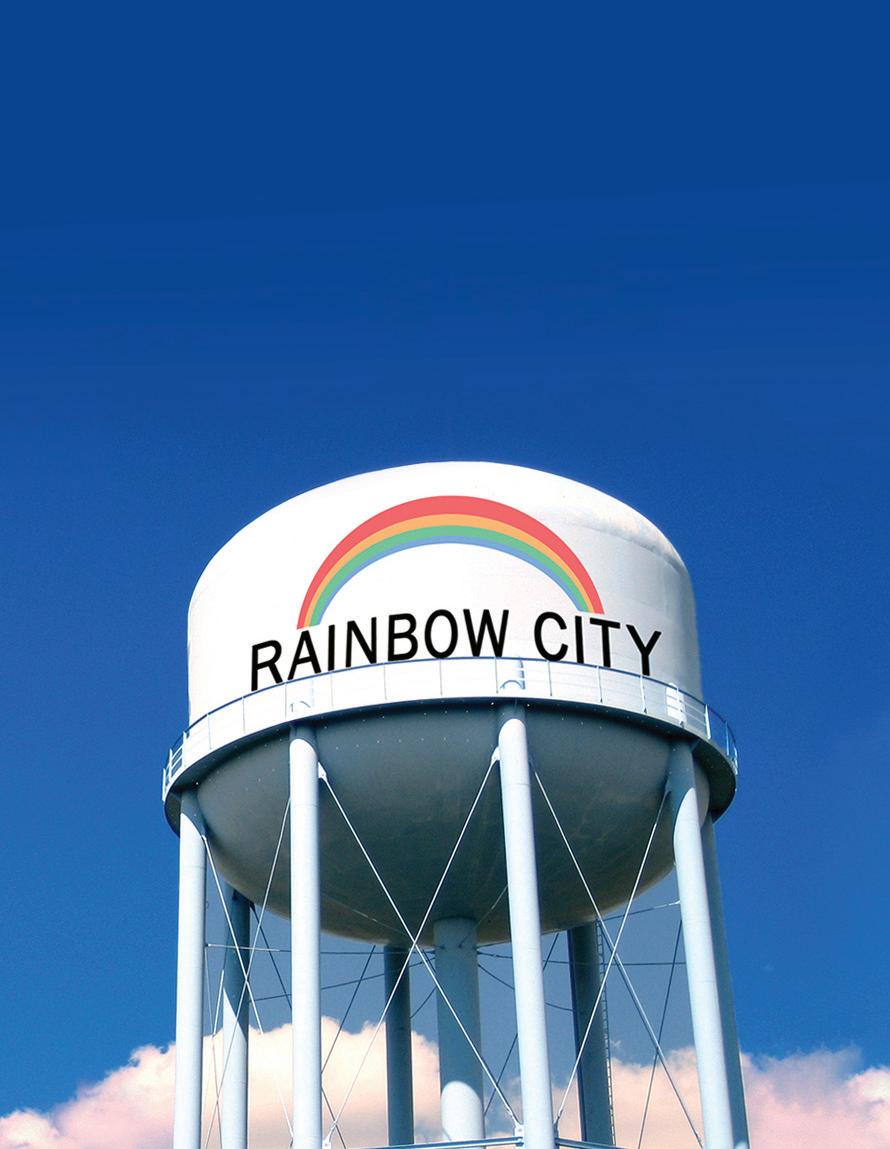




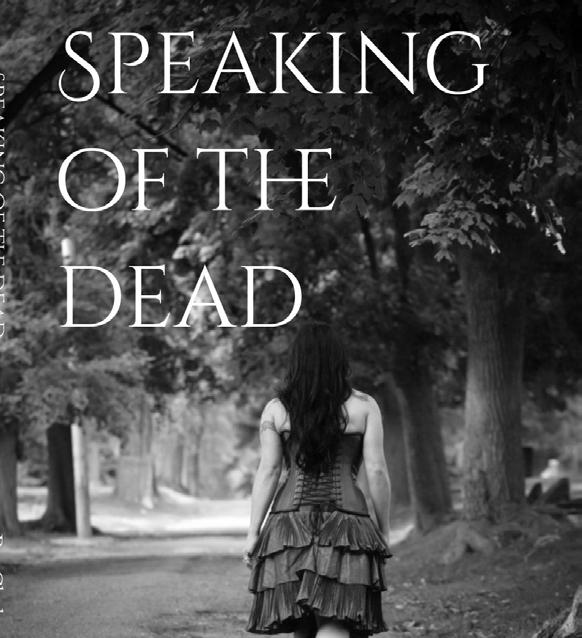

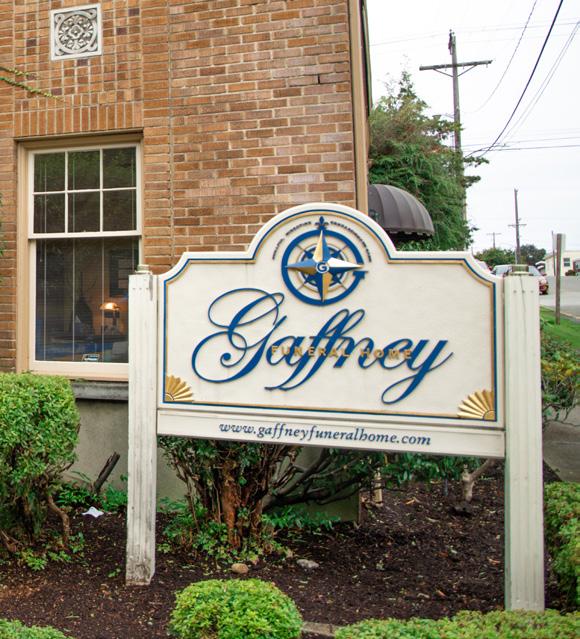





 BY PAUL LOVELACE
BY PAUL LOVELACE


Passages International, Inc. was founded in 1999, when the demand for greener funerals was at its earliest stage. With green funerals now mainstream, Passages is dedicated to providing sustainable choices that allow families to have a unique, meaningful and healing funeral experience.

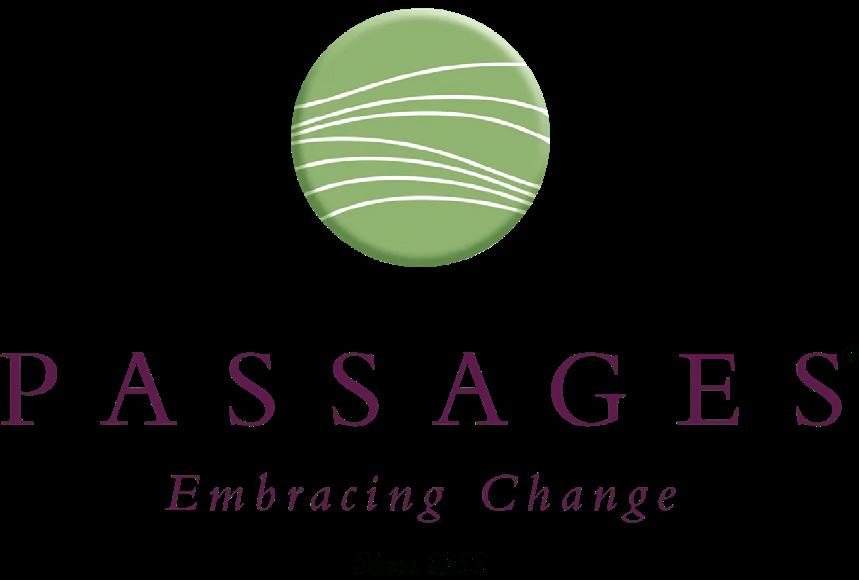

Starmark offers economical cremation products in lightweight corrugated fiberboard and cloth covered products to meet the need and wants of cremation client families. The Marketing and R&D Team led by Justin Davis continues to innovate and continuously improve the Starmark product for the future.

Manufacturers and suppliers that make it possible to bring you FUNERAL BUSINESS SOLUTIONS Magazine.

Hi, I'm Tim Totten, a 25-year industry veteran. I worked at both corporate and family-owned firms before expanding my side business (making removal quilts out of the garage) into a full-time career.
Twenty years ago, marketing my familyrun business to the industry was all new to me. I started with smaller state trade shows, then graduated in 2007 to booths at NFDA and ICCFA expos.
Then came attempts at print advertising, but it wasn't until I found the publication Funeral Business Advisor that I saw impressive returns because I was able to target the specific market of 17,000+ funeral directors and owners I needed!
This marketing brought our company, Final Embrace, to even more funeral business owners!
That worked great until FBA unexpectedly went out of business in the middle of 2021, leaving advertisers like me without a medium to reach the biggest audience of directors and owners who are busy working each day to run a funeral business.
Seeing the effects of this, my team and I decided to explore shipping catalogs to almost 20,000 locations, only to find out just how difficult that really is.
But then I remembered the magazine I had advertised in every year since 2014 and the effect it had on our business. I wondered if might not be attractive to other advertisers and if the industry professionals who used to receive the magazine perhaps missed the content that was brought to them by so many great industry experts.
After months of research and intense trial and error, I have been able to replicate the feel and look of the previous publication so that we can not only fill the need left by FBA's departure, but also bring great content to funeral professionals who crave actionable business advice.
Funeral Business Solutions strives to bring you, the reader, succinct and clear articles about subjects that actually affect your business. From explanations of FTC rules to HR issues and discussions of casket selection rooms and new cremation products, Funeral Business Solutions is designed with you, the funeral professional, in mind.
Thank you for joining me on this journey. I hope you find useful information in these pages and I hope you'll let me know what kinds of articles and features you'd like to see in the future.
Sincerely, TIMOTHY TOTTEN Publisherwww.FBSMagazine.com
1809 South Bay Street Eustis, Florida 32726
Timothy Totten, Publisher
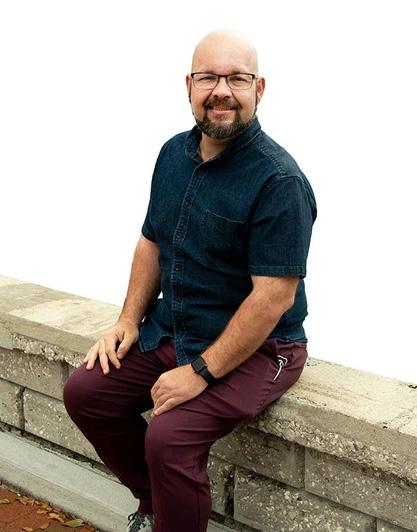
TimTotten@FBSMagazine.com 352.242.8111
Robin Richter, Content Editor
RobinRichter@FBSMagazine.com 813.500.2819
Funeral Business Solutions Magazine is published bi-monthly (6 Issues a year) by Radcliffe Media, LLC. 1809 South Bay Street, Eustis, Florida 32726. Subscriptions are free to qualified U.S. subscribers. Single copies and back issues are $8.99 each (United States) and $12.99 each (International). United States Subscriptions are $64.00 annually. International Subscriptions are $95.00 annually.
Visit www.FBSMagazine.com for content and updated frequently and to access articles on a range of funeral industry topics. Radcliffe Media provides its contributing writers latitude in expressing opinions, advice, and solutions. The views expressed are not necessarily those of Radcliffe Media and by no means reflect any guarantees that material facts are accurate or true. Radcliffe Media accepts no liability in respect of the content of any third party material appearing in this magazine. Copyright 2023. All rights reserved. Funeral Business Solutions Magazine content may not be photocopied or reproduced or redistributed without the consent of publisher. For questions regarding magazine or for subscriptions, email info@FBSMagazine.com.
For high quality reprints of articles, email us at info@FBSMagazine.com.



With Ecorial™, you can now record the exact GPS coordinates, date, and time of a memorial event in nature, as well as easily create and share an interactive online memorial of a loved one.
Orlando, FL — Biolife, LLC, the developer of The Living Urn®, America’s leading bio urn and planting system, and other market leading eco-friendly urns, is excited to announce the launch of Ecorial™, a new app and web platform that serves families placing or scattering a loved ones ashes in nature.
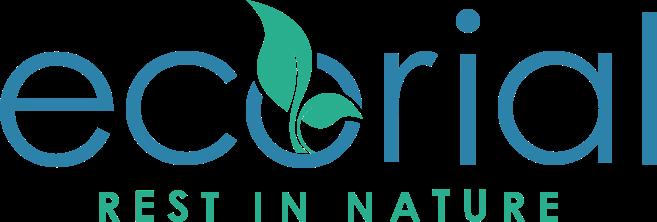
With Ecorial™, families can quickly and easily “mark the spot” of the final resting place of a loved one’s cremated remains when scattered or buried in nature - in the mountains, in the ocean or other body of water, with a tree burial, or at any special place! The easy-to-use app permanently records the time, date, and precise GPS coordinates on the Memory Map™ with a simple touch of a button. In addition, Ecorial gives families the ability to create an interactive online memorial with ease and share photos and videos of their loved one and their final resting place with friends and family. Ecorial is available for families all over the world to use and can be found in Apple’s App Store (for iOS), Google Play (for Android), and on the web at ecorial.org.
Mark Brewer, Biolife’s CEO, commented, “We’re extremely excited to introduce Ecorial to serve families who use our products, including The Living Urn®, Eco Water, Eco Scattering, and Eco Burial, as well as other urns and green burial products available in the market. We believe this fills a significant need in the funeral industry - Ecorial™ is the first and only platform that provides a permanent record and secure databank of people who are memorialized outdoors. These special memorials can be shared with friends and family today in addition to being accessible for future generations to find, view, and even visit.
Brewer continues, “Until now, many families simply guess where their loved one’s resting place is in nature - the location information is passed to family and friends by word-of-mouth at risk of being lost forever. Now, Ecorial™ makes it easy for them to create a permanent record of their loved one’s exact memorial location, along with the date and time of the event, and quickly design and share an interactive online memorial.”
Ecorial™ is the leading new way to memorialize and honor a loved one as they Rest in Nature™. When scattering cremated remains on land or in the water, burying remains at a special place, or planting cremated remains with a tree, use the Ecorial™ App to “mark the spot” by recording the exact GPS coordinates plus the time and date of the event. You can also upload photos and videos of your loved one’s forever resting place and create a beautiful interactive online memorial with ease. This special location can be found forever on the Memory Map™ and shared with family, friends, and, if you choose, the world to see! The Ecorial app can be found in Apple’s App Store (for iOS), Google Play (for Android), and on the web at ecorial.org.
Based in Colorado, Biolife is committed to developing and providing unique cremation urns serving families looking for eco-friendly afterlife options that can be more meaningful and personal. Its growing market leading product offering includes the patented Living Urn®, the leading bio urn and planting system designed to grow a tree with cremated remains, The Living Urn® Indoors, the Eco Scattering Urn, a unique bamboo urn for scattering ashes, the Eco Water Urn, a proprietary urn that floats and gracefully frees ashes in water, the Eco Burial Urn, a special bamboo burial or traditional decorative urn, and Flow the Ice Urn, a patented urn made from a block of ice.
The company is developing additional eco-friendly cremation urns that it will be introducing in 2020 and 2021.

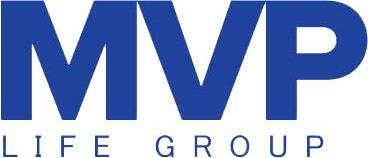
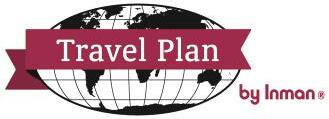
Fort Wayne, IN — Dave Hill, President of MVP Life Group has chosen the Travel Plan by Inman as their preferred Travel Plan provider. MVP LifeGroup is a unique insurance agency that specializes in the prearranged and prefunded space.
“The Travel Plan by Inman is a travel protection product that perfectly compliments our preneed offering,” said Mr. Hill.
Dave McComb, Travel Plan by Inman CEO, added to the sentiment, saying “Preneed has always been my first love in our industry and I am proud that MVP LifeGroup has chosen the Travel Plan by Inman. Our Plan will bring peace of mind protection to the families they serve."
The Travel Plan by Inman offers families comfort in knowing their loved ones will not have to worry about any details should they die more than 100 miles away.
A one-time fee of $450 covers the cost of bringing a loved one home for ceremony; costs which could otherwise range
anywhere from $1,500 - $15,000+. This coverage is good for anywhere in the world.
Founded in 1978, Inman Shipping Worldwide continues to develop cutting edge shipping products as well as technologically advanced tracking capabilities.
The entire industry, as such, was the brainchild of Robert J. Inman. Over time Mr. Inman has pioneered new advances in the area of shipping and set many of today’s universal standards.
For more information on the Travel Plan by Inman, please contact Lori Davis by phone at (260) 247-2202 or by email at lori.davis@shipinman.com.
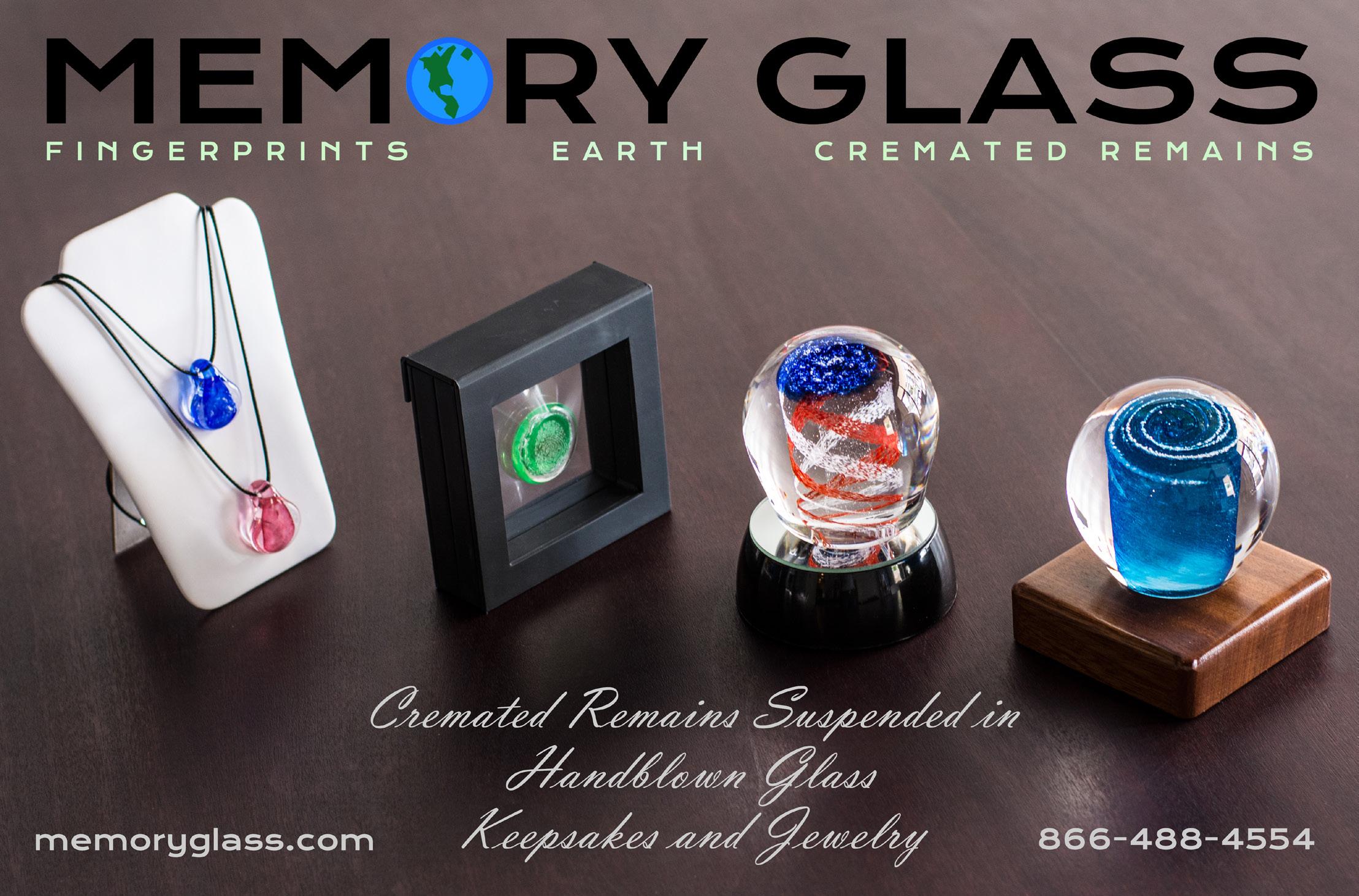


Fort Collins, CO — The Center for Loss and Life Transition announces two upcoming training sessions in Fort Collins, Colorado for those interested in becoming effective grief educators: July 20-23, 2020 and June 28 - July 1, 2021.

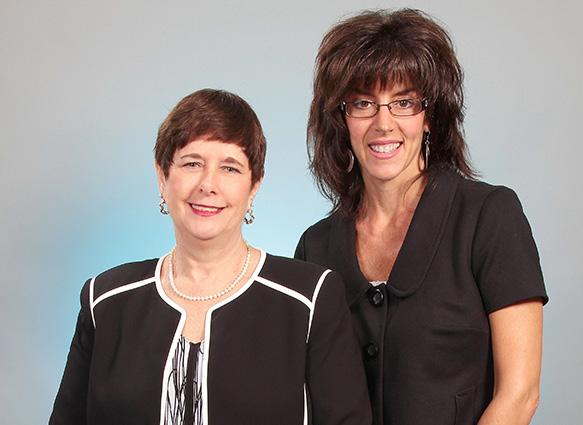
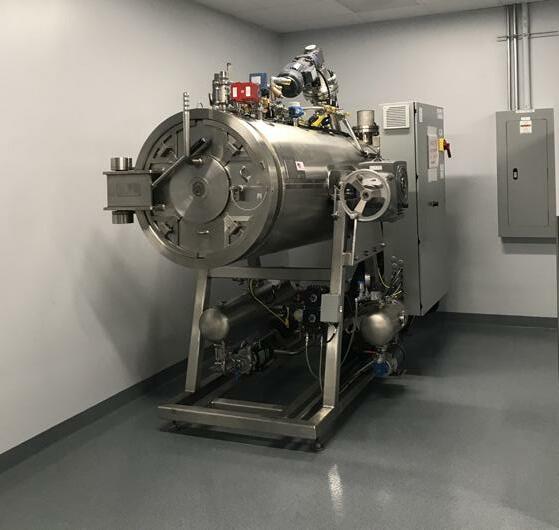
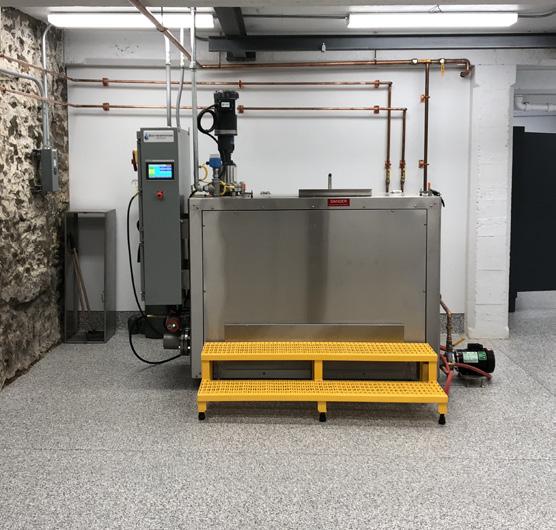

Entitled “Becoming an Effective Grief Educator” the fourday trainings, facilitated by world-renowned educator Dr. Alan Wolfelt, will enhance participants’ capacity to artfully educate others on grief and mourning. Whether the participant is interested in training others in their organization, speaking publicly in their community, or just wish to feel more confident in passing along information to clients, colleagues, or friends, this workshop will both inspire them and prepare them to be effective grief advocates.
Using the “Ten Touchstones” of his bestselling book understanding Your Grief as a framework, Dr. Wolfelt will step participants though messaging and methods for educating others about the basics of grief, mourning, and healing.
Dr. Wolfelt will also share practical insider tips on topics such as event formats, engaging audiences, creating teaching objectives, building relationships with potential sponsors, and more. Included in the training materials is Understanding Your Grief, written by Dr. Wolfelt.
To reserve a seat in the training or to view a complete list of Dr. Alan Wolfelt’s educational seminars for bereavement caregivers, visit www.centerforloss.com.


Author, educator, and grief counselor Dr. Alan Wolfelt serves as Director of the Center for Loss and Life Transition in Fort Collins, Colorado. A past recipient of the Association for Death Education and Counseling's Death Educator Award, he also serves on the faculty at the University of Colorado Medical School in the Department of Family Medicine.
He is the author of numerous books on grief and loss including Understanding Your Grief and Grief One Day at a Time and he is often consulted by popular media sources on a variety of grief related topics.

Alburquerque, NM — The third annual Before I Die New Mexico Festival, seven days of death positive experiences to discuss mortality and encourage planning ahead for end-of-life issues, will take place November 3 to 10, 2019.

The two previous Before I Die New Mexico festivals drew 600 participants in 2017 and 685 in 2018. The International Cemetery, Cremation and Funeral Association (ICCFA) recognized the 2018 NM Festival with their KIP Award for Best Event. The event is coordinated by pioneering death educator Gail Rubin, Certified Thanatologist.

The festival will start in Albuquerque with a Dia de los Muertos celebration at Fairview Memorial Park on Sunday, November 3, 2019 from 11:00 a.m. to 3:00 p.m. The free family-friendly celebration includes a traditional procession to welcome deceased loved ones, mariachi music, a procession of vintage cars and lowriders, traditional Mexican fare, face painting, an offrenda/altar, flowers, healers, artists, and a host of Dia de los Muertos activities.
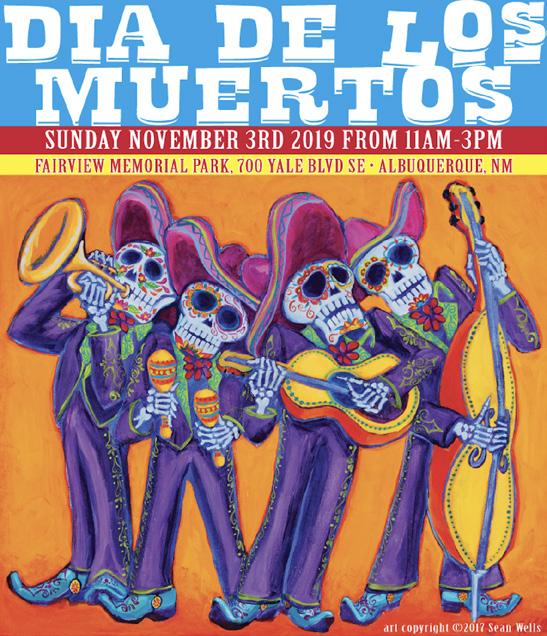
Additional Before I Die New Mexico Festival elements include:
---
Death Café conversations and behind-the-scenes tours of funeral homes, crematories and cemeteries; The lively panel discussion “Millennial Morticians with ABQ Brews”;
A Mortuary Mall with funeral and cremation products and “Before I Die” wall; Speakers, panel discussions and workshops on estate planning issues, advance healthcare directives, life after death, death doulas, pet loss, and other end-of-life topics; A panel discussion of green burial and eco-friendly funeral options.




Before I Die festivals are part of a growing social movement that fosters reflection about how we as individuals and as a society manage death and dying.
Most Before I Die New Mexico Festival events are free, to encourage as much participation by the public as possible. Learn more about all activities and register online for events at www.BeforeIDieNM.com.

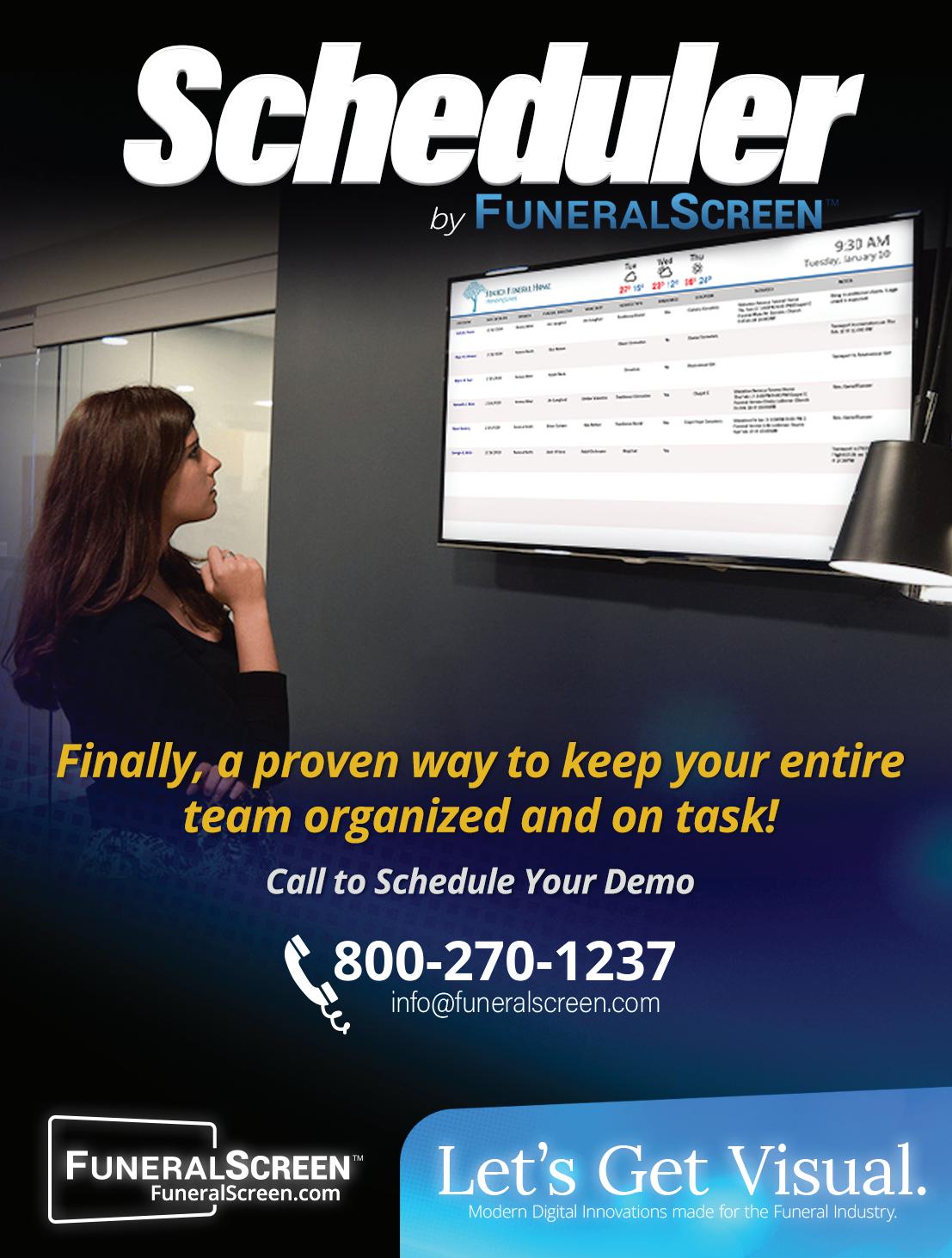
Orlando, FL — Foundation Partners Group, a leading provider of innovative funeral and cemetery experiences and products, has announced the purchase of Ponderosa Valley Funeral Services in Parker, CO. The addition of this firm adds to Foundation Partners’ expanding network of locations in Colorado.
“Ponderosa Valley Funeral Services makes a great addition to our growing portfolio of funeral operations in Colorado,” stated Bob Bukala, President and CEO of Foundation Partners Group. “Steve and Nanci Trevino have set a high standard of service in their community and created a culture and value system that matches ours.”
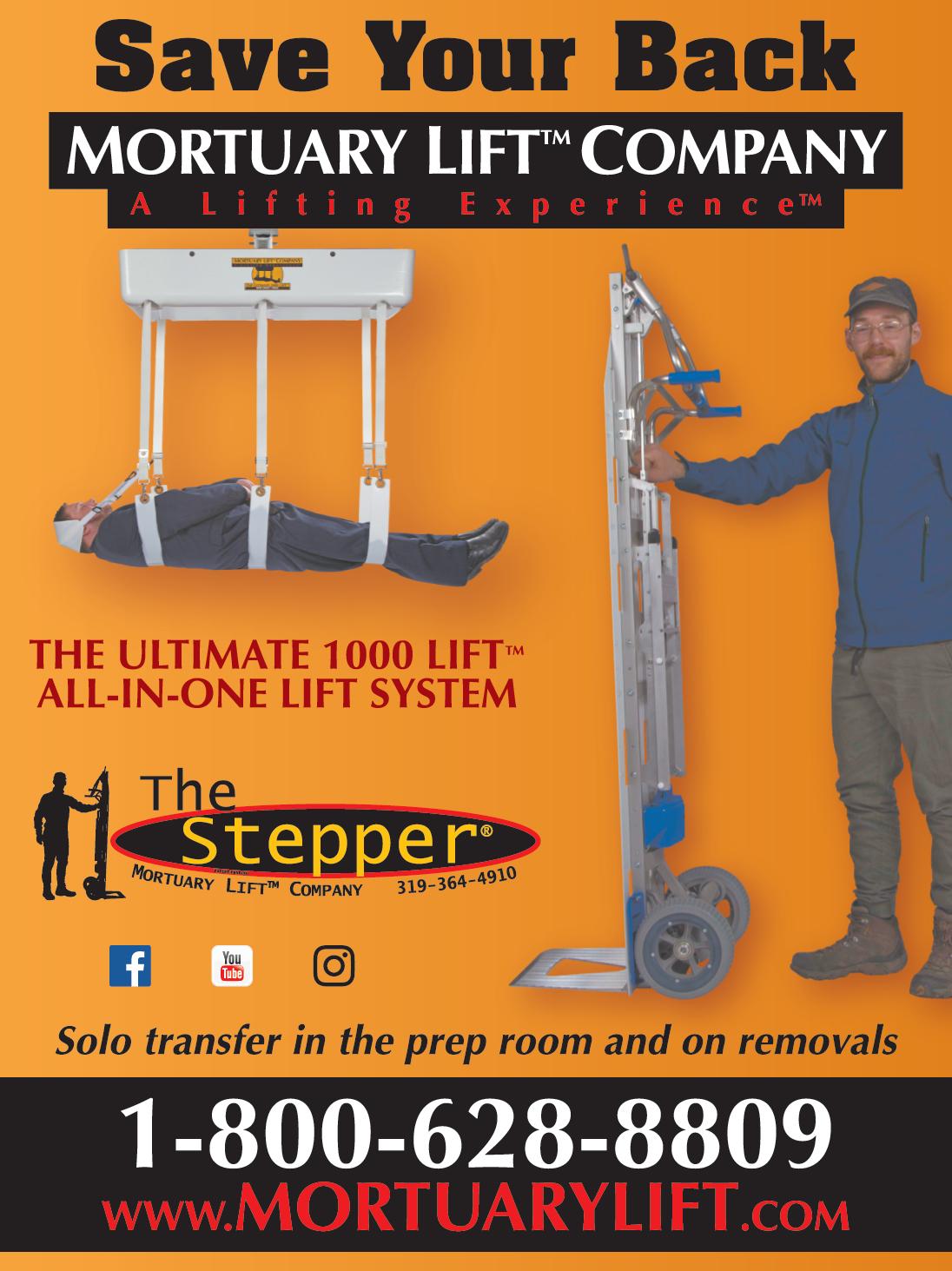
Ponderosa Valley Funeral Services was founded in 2003 when Steve and Nanci Trevino fulfilled their dream of opening their own funeral home. Having moved to Parker in 1987, the Trevinos had immersed themselves in the Parker community well before starting their own firm. Throughout that time, they have been committed to giving back through volunteer service and community involvement, including serving in leadership roles in several Parker civic organizations.
“Nanci and I are excited to team up with Foundation Partners,” said Steve Trevino, co-owner of Ponderosa Valley Funeral Services. “We believe they have the right cultural fit for our community and the insights to ensure a bright future for our business. Both of us are looking forward to working with the team at Foundation Partners to offer new and innovative services to the families in our community.”
“From our very first contact, we could tell that Foundation Partners Group’s vision of the future of funeral service aligned with ours. They have the approach and resources to help us grow the legacy of our funeral home,” added Nanci Trevino, co-owner of Ponderosa Valley Funeral Services. “After putting our hearts and souls into building a business, it’s comforting to find a partner who shares our vision and will build on our success.”
“Ponderosa Valley Funeral Services has an exceptional reputation in Parker and the surrounding area, and we couldn’t be more pleased to welcome them into the family,” stated Jason Widing, Vice President of Business Development at Foundation Partners Group. “Steve and Nanci represent the kind of owners we are seeking to partner with – passionate about serving families and innovative in meeting their changing needs.”
Foundation Partners Group is a leading provider of innovative funeral and cemetery experiences and products. As one of the largest privately-owned funeral and cemetery operators, Foundation Partners owns and operates funeral homes, cremation centers and cemeteries in 19 states and is actively seeking to expand its presence throughout the U.S. For more information, visit the Foundation Partners Group website at www.foundationpartners.com.

S peaking Of The Dead is an innovative book that portrays the lives of morticians in an autobiographical fashion through short stories, all from the viewpoint of the author, Ms. Chelsea Tolman. Unlike some mortician authors, Chelsea doesn’t try to impress her audience with gruesome stories, shocking language, or attacks on the funeral industry. On the other hand, she also doesn’t go on a crusade attempting to portray the industry as being populated by angels. Rather, she simply tells her stories and recounts her thoughts while carefully maintaining the dignity of the deceased and their families.

Veterans of the industry will be able to identify easily with the events described in the book. Whether they be the stories of co-worker hijinks such as hiding under sheets in the embalming room waiting to sit up and startle someone or dealing with panic-stricken family members who are certain they just saw their dead mother move. Similarly, in the chapter “We will Always Remember,” Chelsea accurately sums up the horror we all feel when we realize that something has gone less than perfectly with the arrangements and it’s probably our own fault.
This isn’t just another funeral director book. It’s not a recounting of the author’s spiritual journey, a detailed “day in the life,” or sweeping accusations of greed and fraud. In fact, although the summary on the back cover uses the term “peek behind the curtain,” it’s much more than that. Chelsea aptly sets the scenes and describes them in such loving detail that you can easily picture yourself present for the events she recounts. You’re there as a disembodied observer, allowed to make your own judgments about what you see and feel.
Chelsea keeps an evenhanded portrayal of her memories. Unlike some books that are thinly veiled criticisms of certain funerary practices, she embraces all types of body preparation, disposition, cultures, and rituals. She covers and respects the full range of our practice, from embalming and interment to shrouding and cremation on a pyre. This book provides a sense of relief to people who want to read about the funeral industry without the burden of having to wade through the author’s own biases.
There is one area where Chelsea allows herself a bit of selfindulgence, which is describing her struggles as a woman in
a traditionally male-dominated profession. One might expect this to be a preachy topic, but it is not. She simply presents her own experiences and allows the readers to interpret them as they will. Chelsea’s book is enlightening in allowing us to experience them with her without cramming criticisms and guilt trips down our throats.
Speaking of the Dead was published on Amazon.com in November 2018. One surprising response to it has been the frequent suggestion by readers in funeral-related social media groups and Chelsea’s website that it should be used as a textbook in mortuary schools and CE courses. For people just starting out in the funeral industry, it provides a realistic snapshot of many of the experiences and emotions they can expect to face. Chelsea goes beyond simply giving grisly descriptions of damaged corpses or the Zen-like “death is beautiful” mindset.
She portrays with great accuracy what it is like to be in real everyday situations, such as looking a dead body in the face up close and then using your skills to restore their living beauty. Or the gut-sick feeling of carrying dead babies
Introducing a new book by a veteran of the funeral industry.
Chelsea Tolman lives in Salt Lake City, Utah with her husband, stepson and dog and owns Tolman Trade Services, a mortuary support company.
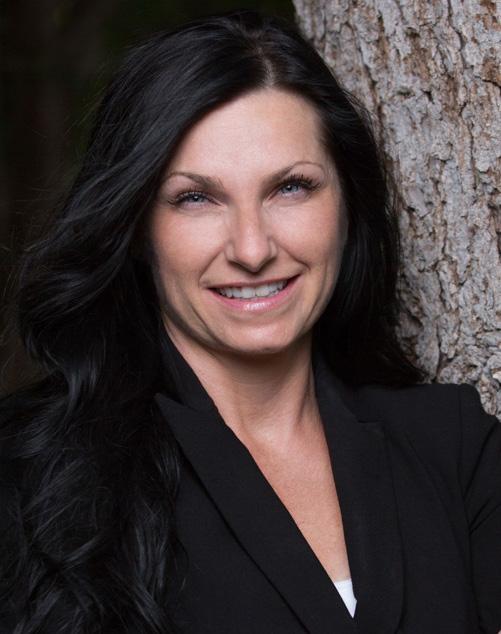
away from their mothers or standing over the bodies of teenagers who killed themselves and wondering what could have gone so wrong in their lives to lead to this. Conversely, she also allows you to feel the peace that comes with the end of prolonged suffering and the conflicting emotions of grief and relief that the surviving loved ones feel.
For people who’ve been in the industry a while and are feeling burned out and tired, it shows that you’re not alone and reminds you why you do this job. She talks about the humbling feeling of getting to know a decedent through their families and learning how they affected all those people. This is contrasted with the stories of other people who are gone in a flash, left no survivors, and aren’t missed at all. She reminds us that there’s more to handling the dead and their families, than literally laying hands on the dead and manipulating their remains. She’s also realistic about the
PUBLICATION OR DISTRIBUTION
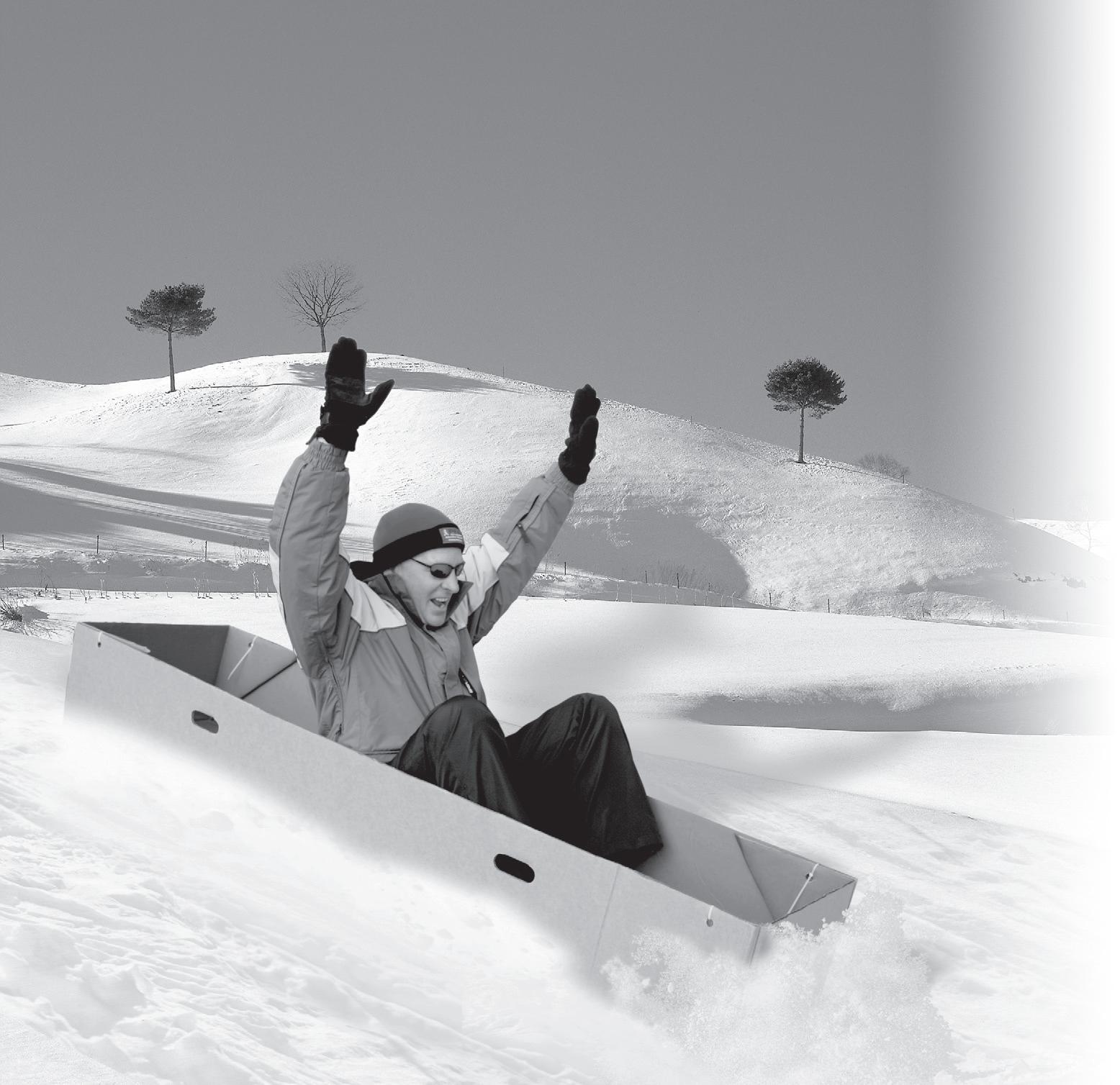
crushing fatigue and emotional burden that this job can bring but reminds us that it is okay to feel that way.

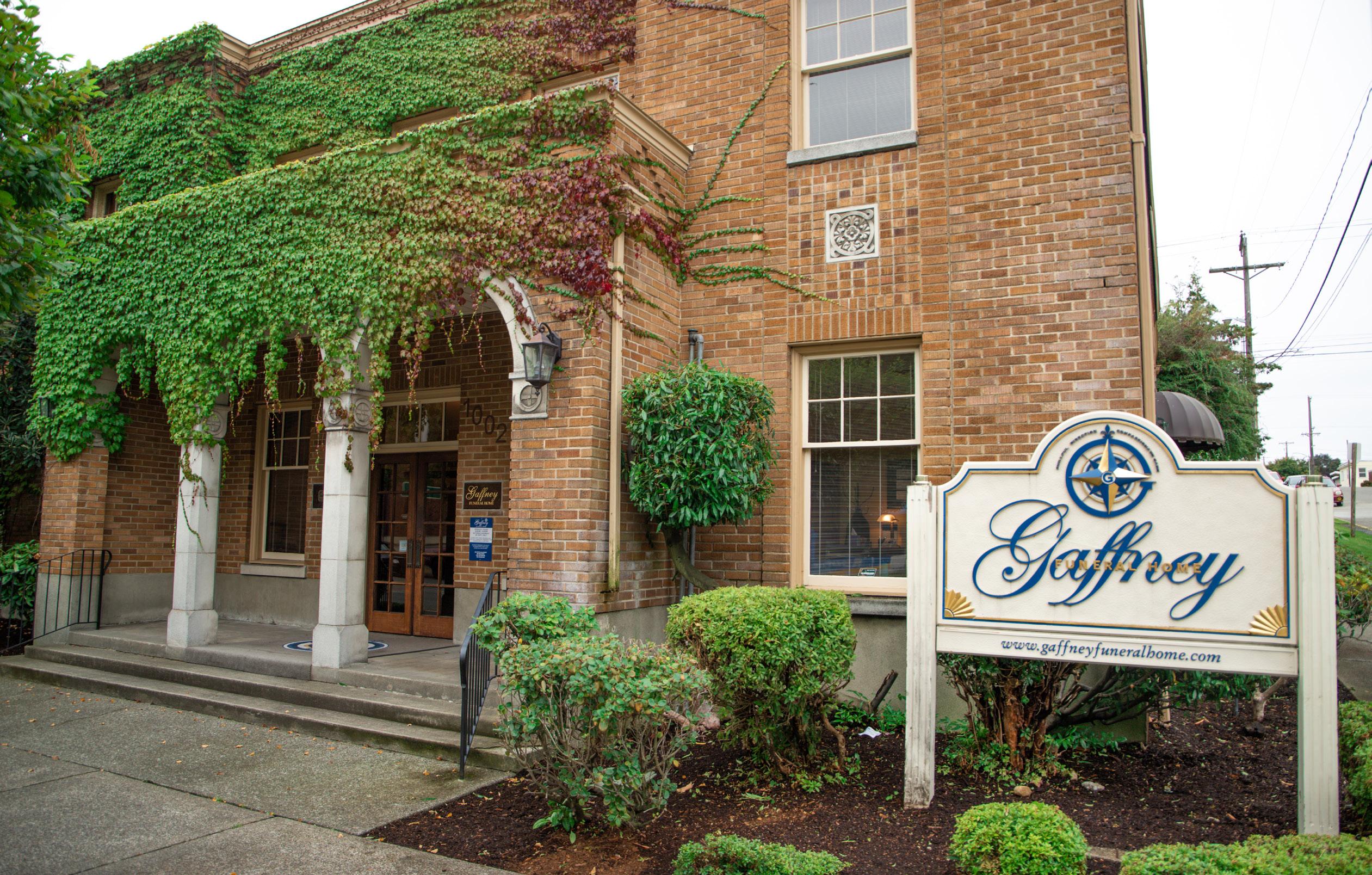
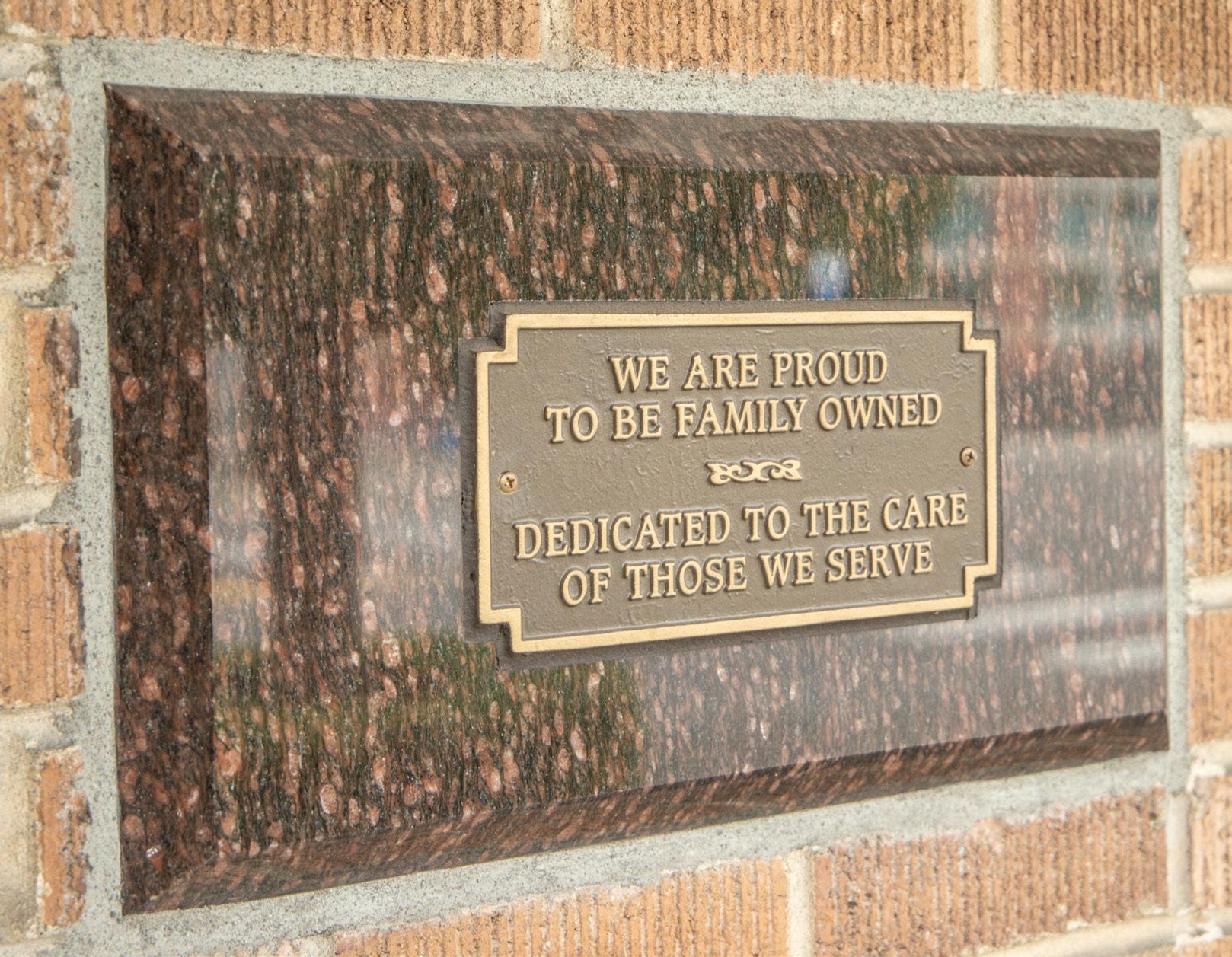
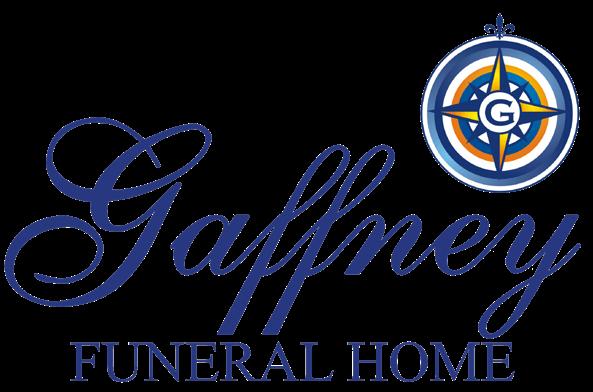
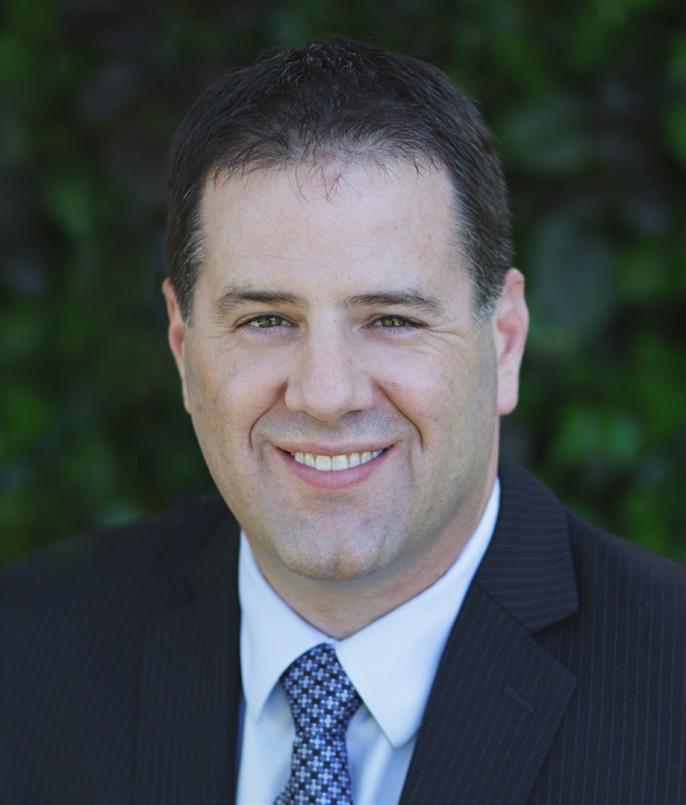
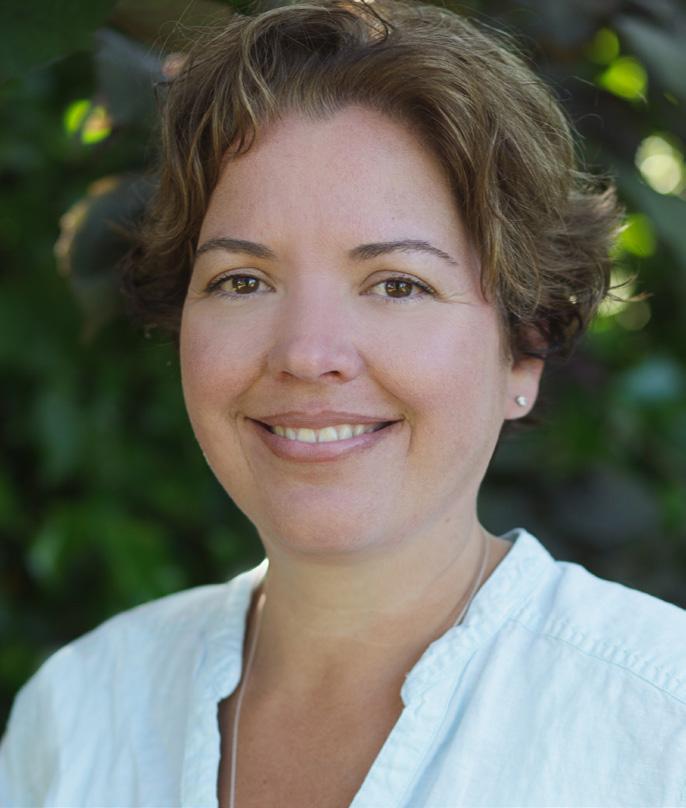 funeral home success story
Corey Gaffney
funeral home success story
Corey Gaffney
The Gaffney Group owns and operates in and around Pierce County, Washington. It all started in 1883 as C. L. Hoska Undertakers in Tacoma, Washington. Conrad Hoska was the founding member and the first coroner for the growing city of Tacoma. Mr. Hoska moved from Minnesota to Washington State, eventually settling in what would become Tacoma. Buckley and King were two understudies of Conrad, and they purchased the firm when Mr. Hoska suddenly died of a stroke at the age of 52. At that time, they renamed the firm Buckley-King to carry on its status as the premier funeral home in Tacoma, Washington. Corey’s parents, Larry and Ellen Gaffney acquired Buckley-King in 1987.
Lawrence Michael Gaffney started out in New York before moving to Arizona while working in the industry. After a short time, he moved to San Jose, California and started a firm there in 1884. But during a visit to Washington State he fell in love with the Northwest, and upon selling his home in San Jose, he moved to Tacoma, Washington. He started Gaffney Mortuary in 1905.
The modern-day Gaffney Group consists of 4 funeral homes: Gaffney Funeral Home, Powers Funeral Home, Price-Helton Funeral Home, and Sumner Voiles Funeral Chapel. In addition, the lineup includes the Cremation Society of Washington, and Woodlawn Abbey Mausoleum, a 10,000 square foot facility with all indoor crypts and niches, with 2 crematories located inside.
Corey Gaffney is President and CEO and his wife Jennifer Gaffney is Vice President and CFO of the Gaffney Group. We recently visited with Corey to discuss his business, how the Gaffney Group came about, and what he feels about the future of the funeral industry.
Corey is a fourth-generation funeral director and is the great grandson of the founder, Lawrence Michael Gaffney. Corey got his start in funeral service approximately 19 years ago after he decided his chosen career in the IT field was not as satisfying as he had hoped. In 2004, he began the course work on his funeral directors license and completed it in 2007. It was during that time that he noticed that cremation rates were rising in his market and he looked at his parents’ funeral home and saw nothing but opportunity. He started off as General Manager of the business, but as time as passed, he expanded his role to what it is today. Corey’s wife Jennifer Gaffney, is also a licensed funeral director. Together, as Corey says, “We make a great team and play off each other’s strengths.”
The current Gaffney Group we see today came about when they acquired 5 funeral homes from an SCI divesture deal in 2017. Just recently in the summer of 2020, the Group sold off 2 of the funeral homes that were in Central Washington, thus cementing the current lineup as it is today.


“All our businesses are now located in a 20-mile radius of our home office,” commented Corey. He continues, “The clustering of the businesses in proximity was very important to us and the operation of the group. It allows us to share staff and pool resources, something the profession learned from Bob Waltrip, founder of SCI. It has been a key driver in the ability to increase profitability for the Group.” Corey goes on to quip, “Having all the businesses close has eliminated the one to two hour
drive it required to reach the other homes. And anyone who is familiar with the winters in Washington know that inclement weather can make that drive exceedingly difficult.”
During the process of purchasing the additional properties from SCI, the Gaffney Group received the assistance they needed from SCI. A grateful Corey stated, “SCI was a pleasure to work with and made it easy. We were given a liaison for 12 months to assist us in the divesture. At the end of the day, it worked out great!”
The sale of the two SCI homes that were acquired in the divesture was also made easy with the assistance of Dan Bywater of Ready Capital. “The 2 firms were sold to our location manager of those funeral homes and it turned out to be a win-win for both of us. I am incredibly pleased with the way it all unfolded,” says Corey.
Today, the Gaffney Group performs about 1,100 cases per year. “We feel blessed to have the market share that we have, because in our market cremation is the tip of the spear,” states Corey. He continues, “Cremation rates in our market are 83% and growing each year, but we continue to overcome that challenge. The bottom line is families still need to be taken care of, they still need someone to walk them through their options and we feel we have the right team to be able to help families with their needs.”
When discussing his team, it was easy to feel Corey’s pride. “During the purchase from SCI, we dipped into our local pool of talent,” Corey says proudly. “My wife and I are immensely proud of the team we have assembled. We have phenomenal people helping us run the business and they work extremely hard. They care deeply for the families they serve, and those families respond very well to them. The feedback we constantly receive due to our terrific staff is fuel in the tank for us. We wouldn’t trade them for the world.”
What else makes the Gaffney team successful? Another undeniable factor of the team’s success lies within the experience level of each member. Corey boasts that each member of the licensed staff has an average of 23 years in the busines. This experience gives the group a decided advantage over the local competition and continues to help the Gaffney Group grow.
The Gaffney Group believes in a basic philosophy of being able to ‘serve all’ in the community. In Washington State, only about 25% of the funeral homes have the ‘back end’ to do all the work. At Gaffney Group, they are a full-service firm that can do anything and everything a family may need. They have their own embalming rooms, their own crematory, and their own fleet of hearses. They infrequently have a need to use a trade service for any portion of their business, which is a rarity in the market.
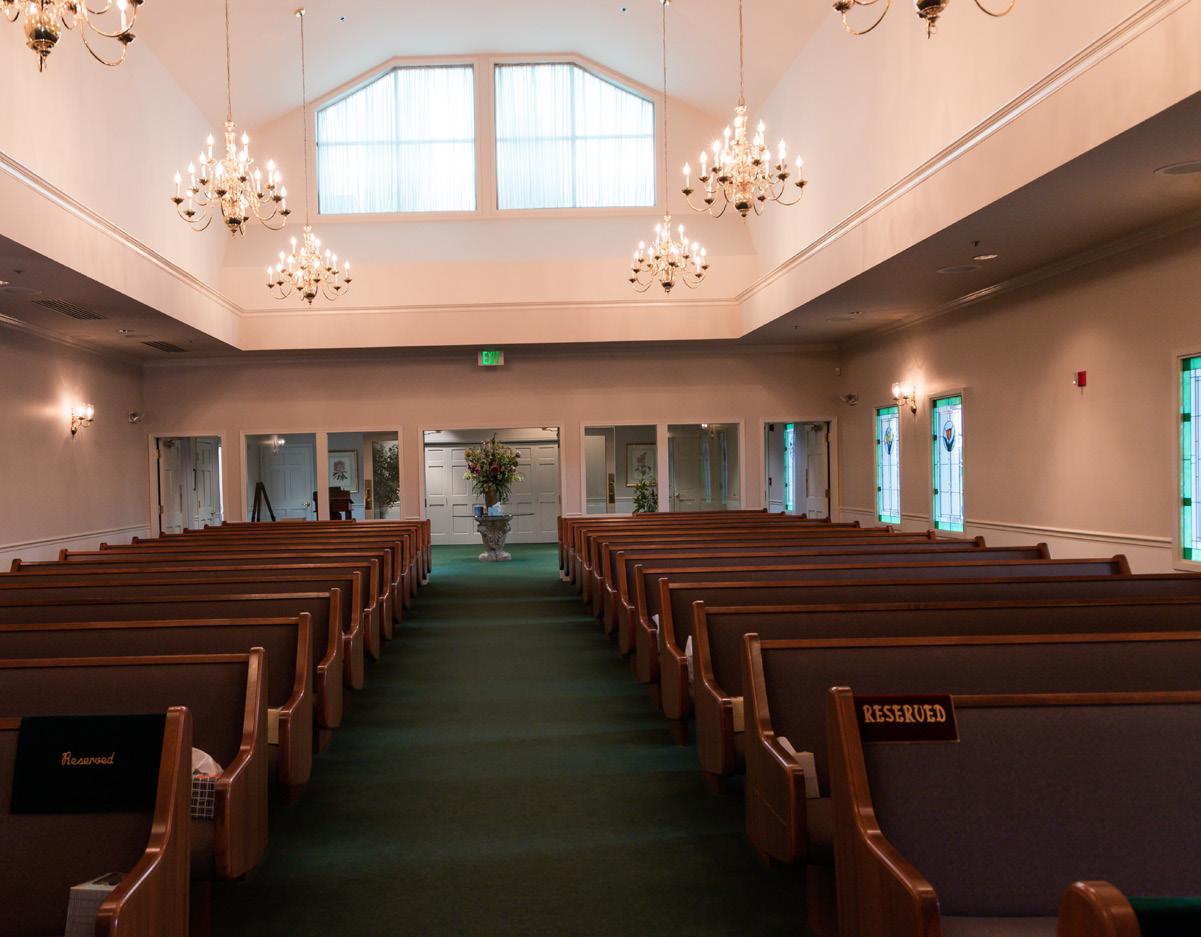
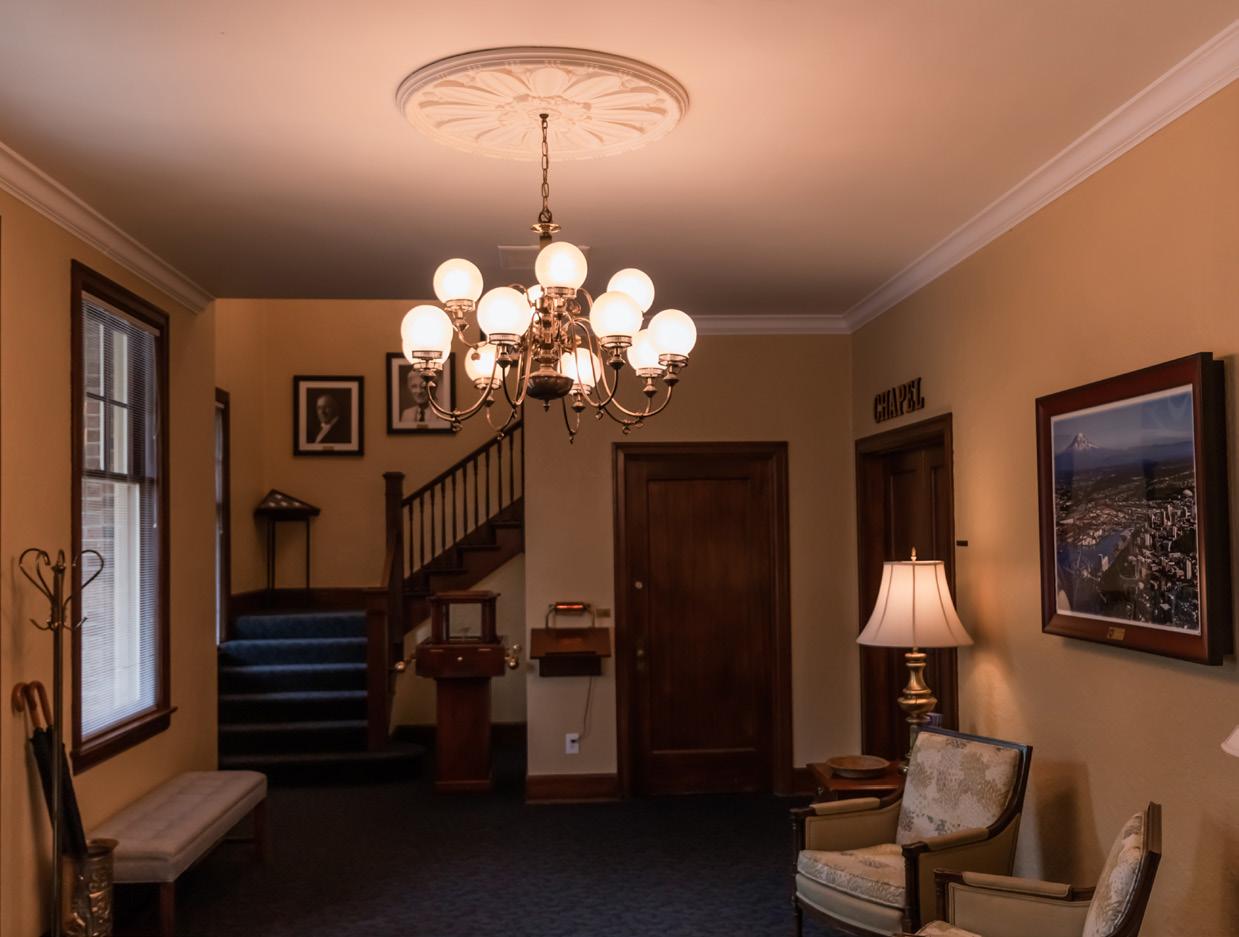
In additional to being able to service anyone, Corey believes that an important differentiator for the Group is the topnotch facilities and equipment they provide. “I pride myself on having the best of everything,” Corey emphatically says. “We use the best late model hearses, the best service utility vans, all the way down to the best in basic equipment that allows us to perform our job safely and to be efficient for our client families.”
But when it comes down to discussing what he feels is the easiest way to explain their success, Corey cites two things.
1. Stay on top of the industry with regular communication. “I keep a line of communication open with my colleagues in other parts of the country,” he says. “Funeral Service is going through a transitional period and I enjoy discussing it with senior people in the industry with more experience than I have. I like to ask them about their struggles and challenges, and what they have done to overcome them. This has been invaluable to me.”
2. Know what you are worth. Corey discusses how they offer a premium service and are not shy about charging a premium because they feel like they are the best in class. “Three of our funeral homes are the highest priced in the market,” he comments. “We are unabashed about charging what we are
worth and actually proud of that. We think that people still get what they pay for and that people appreciate this fact.”
Besides the premium service Gaffney offers, the have a brand that serves those in the middle. For those families that want to have an in-person funeral experience but do not need the best of everything - and their cremation society is the lowcost, high volume portion of their business.
As a fourth-generation funeral director the various brands have taken getting used to, but instrumental in their success. Corey explains, “Just like Infinity and Nissan or Toyota and Lexus, we felt the need to give our families what they need. We have bifurcated our brands so that we can serve more families.”
Their cremation brand is an example of the variety in their service offerings. Located near Seattle, Corey jokes that they like to say they are the Amazon of cremation. “We do business with a lot of employees of Amazon and they have commented our process is like Amazon,” jokes Corey. “Our website for cremation is very robust. An individual can make arrangement online in 5 minutes. After the purchase, our website automatically sends out the legal documentation through DocuSign®. So, you can arrange a cremation and never have to meet with anyone.”
The Gaffney Groups’ focus on a multi-level brand approach is paying off. They have seen a substantial increase of working with families that have become dissatisfied with their competitors. “The national average is that an individual will have the need to use a funeral home once every 7 years,” Corey commented. “We are starting to serve families that were previously using another funeral home but are now reaching out to us because they are not satisfied with their current experience and are not having their expectations met.”
Their focus on investing in their business to make it the best and the desire to keep making these investments is paying dividends. As Corey stated, “That is the fuel that feeds the fire. It makes me smile when I see our efforts of positioning our brands and the results that we are now seeing.”
With all the success the Gaffney Group has experienced, nothing quite prepared them for what they would face with
COVID-19. “When COVID-19 hit, we knew the business would change dramatically,” says Corey. “Besides becoming a new line item on our income statement, we knew many changes needed to be made. But we saw it as an opportunity. Today, we provide personal protective equipment (PPE) to all our employees to keep them safe. We also provide masks to all visitors who do not have a mask of their own. And we placed inside the door each of our homes a touchless station where they can sanitize their hands.”
But the challenge of COVID-19 has only emboldened Gaffney to continue to focus on client needs. As Corey states, “Even
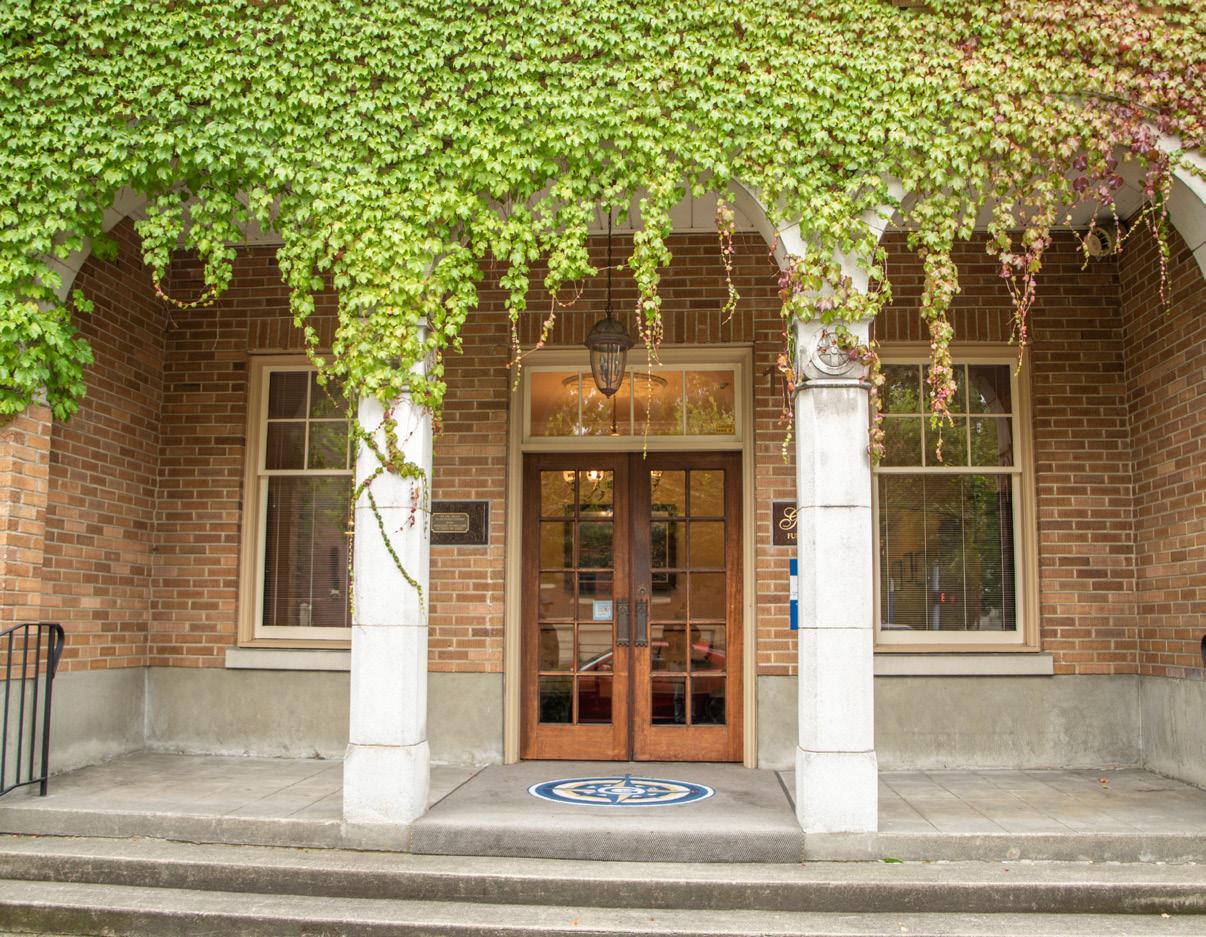
with COVID-19, the touch points of our profession have not changed.” He continues, “People will always have to deal with a death of a loved one. And they will need that individual to be taken care of by however they personally define that. People will always need a business that is staffed by quality individuals, who are caring, compassionate, and conscientious. They want someone who can bring all their wishes to fruition. And that excites me about the future, and it is what that gets me out of bed each morning and keeps me going.”
The future of the funeral industry is moving forward, and so is the Gaffney Group. FBS

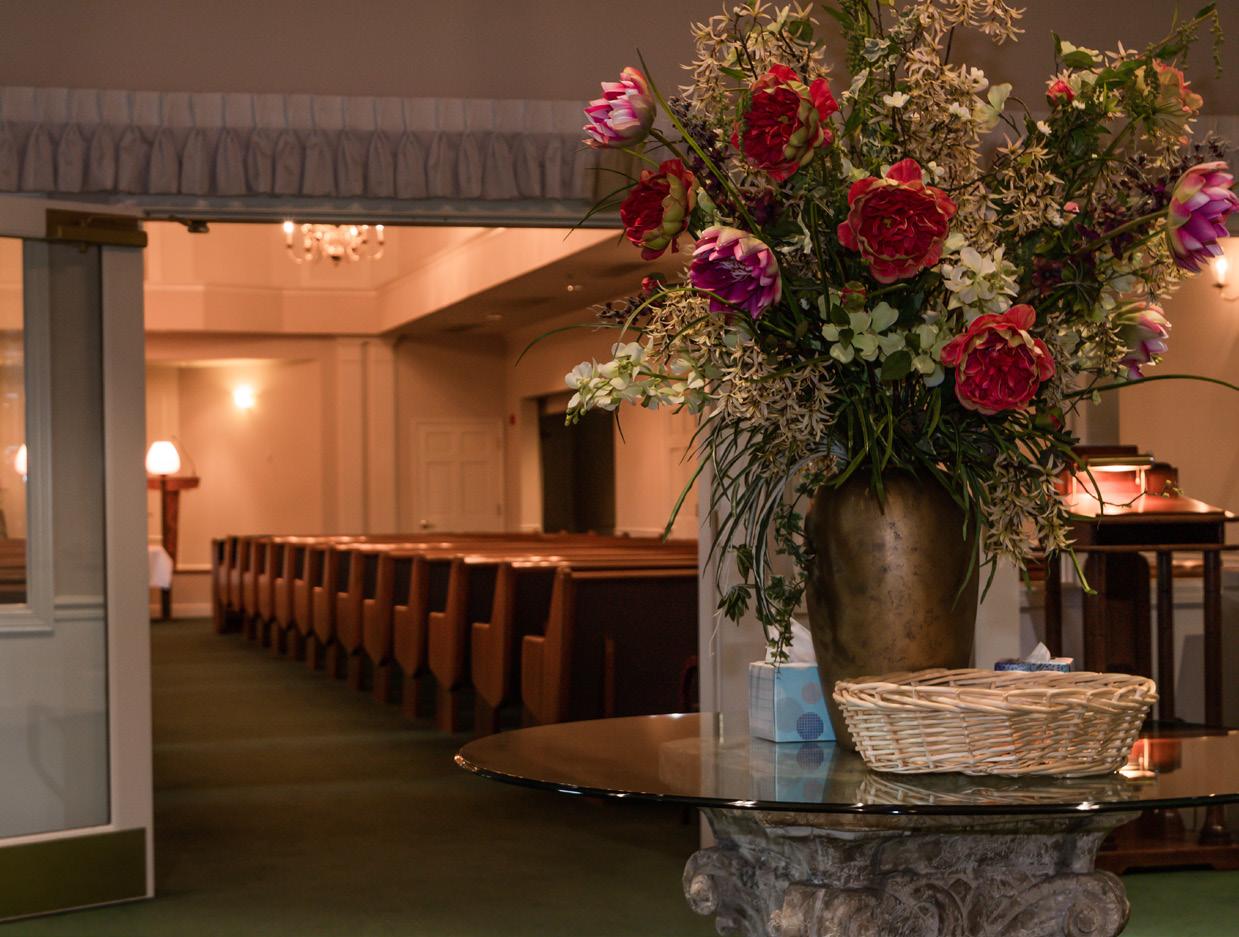
When families need to transport a loved one, it’s up to you to make sure the ship-out goes as planned. That’s why there’s EWA — your one-call airline resource. Our transportation experts search all available flights, handle the reservation, pre-pay the charges and proactively monitor the status through the entire process. And you? With one call, you’re the family’s hero — earning their loyalty for generations to come.

When air transportation isn't your daily job, there are quite a few obstacles you may not be able to anticipate. Here is a list of 11 common mistakes to avoid when planning air transportation for the deceased.

1. Scheduling funeral services before the “guest of honor” has arrived.
We at EWA always ask if services are scheduled at destination. If the flight is international, we suggest not scheduling services at least until you have a confirmed flight itinerary. However, flights change. Delays happen. Documents go missing. Mistakes are made. Having experienced these situations firsthand, we always encourage you to suggest to the family to wait until their loved one has arrived to schedule services. Please educate your families on the complexities of international flights. You will save yourself the stress of having to tell them their father will miss his own funeral.
2. Not having the proper paperwork/documents and not verifying with the consulate to get the most current shipping requirements.
You think you have everything you need to ship a body internationally. After all, you’ve done this before. You get to the airport, and the remains are refused because you do not have a certified original copy of the death certificate. You didn’t need one last year when you shipped to the same country, but because you did not check with the country’s consulate, you didn’t know the requirements had changed. You have to get the proper paperwork and get the flight rebooked. Now the estimated arrival is one week later, and the family has to reschedule services and figure out how to pay for additional
expenses for the family who traveled to that country. Call the consulate. Every time.
3. Not weighing a shipment
the estimated weight is close to 500 pounds.
A shipment weighing more than 500 pounds certainly complicates things. The price of the flight increases dramatically, and the routing choices are decreased dramatically. If your flight is booked for under 500 pounds (including decedent and shipping container), and it actually weighs more than 500 pounds, when you get to the airport cargo station to drop off, your shipment will be refused. There are several reasons: the airport doesn’t have planes large enough to accommodate an over-sized or overweight shipment, the cargo station simply doesn’t have the manpower to lift and load into the aircraft, or the connecting and/or destination airports or airplanes cannot accommodate your shipment. This will result in a rebooking and a delay, causing further heartache to your client family. Weigh your shipments to get the most accurate weight.
4. Not communicating certain pertinent information when booking the flight.
There is information that needs to be shared at the time of booking that may not seem important to you, but things like disinterred remains, over-sized container dimensions, overweight shipment, high-profile case (celebrity, politician, etc.), military remains (active duty or retired), airline employee or relative of airline employee, any requests by the family, can make a difference in the reservation and/or cost of the flight. Share all information at the time of booking.
5. Not setting the family’s expectations about how long international confirmation can take and sharing a flight itinerary that has not yet been confirmed.
If you are not involved in the air transportation shipping industry, it certainly seems unreasonable that you can’t simply pick up the phone and reserve a flight. Unlike passenger travel, where there is an inventory of seats available, cargo is booked by space (dimensions and weight). There is also limited space for human remains. An airline must confirm that the aircraft is large enough, space is available, and there are not already human remains on board. The max number is two. That’s the delay in reservations for ALL flights, but if you are requesting a flight for an international destination where the domestic airline has to transfer to an international carrier (called an interline shipment), the confirmation will take up to three business days or longer, not including weekends and holidays. The best thing to do in these cases is to set the family’s expectations on how long this process will take. You will not get an instant reservation. Do not share estimated flights or sample routing with the family. Wait until you have the confirmed flight reservation.
Airline requirements and security measures prohibit shipping anything other than the decedent and burial clothing. Do not include personal items, like jewelry, pictures, keepsakes, memorabilia, etc. When discovered, your shipment will most likely be refused.
International flights are difficult enough without adding the complexity of having family members requesting to escort their loved one home. What may not be realized is that an international interline cargo shipment will have multi-legged flights and non-traditional layover times. With so many moving components to a flight like this, it leaves countless opportunities for delays and errors. I would always suggest not putting your client family through the risk of additional anxiety and the potential for heartache when things don’t go perfectly.
8. Not checking the flight status before driving to the airport to pick up.
Checking a flight status is a very easy thing to do. If you were picking up a friend at the airport, you would probably go online to check to see they are arriving on time, especially if you have to drive two hours to the airport. Check the flight status.
9. Always calling the same airline because it’s easier.
It takes time to check routes and pricing on multiple airlines. By looking at multiple airlines you have choices in price and routing, thereby finding the best logistics solution. Either call every airline, or just call EWA.

10. Sending an infant or youth in an adult-sized shipping container.
The average current cost for an adult shipment (under 500 pounds) going from Cleveland to Las Vegas, as an example, is $687. Cost for a shipment at 70 pounds averages $270. If you are using an adult-size shipping container to send an infant or youth, you are wasting your client family’s money. Use the proper sized shipping containers.
11. Leaving the cargo station without reporting damage to a shipping container.
If you notice anything at all wrong with the shipping container, do not sign the Air Waybill. Open the container and inspect the contents. If the contents are unaffected, then the shipping container did its job of protecting the contents. If there is damage to the casket or to the contents, take photos and report the damage to the cargo station agent. Insist they fill out a report and give a copy to you. If the flight was booked with EWA, contact us immediately – we can assist in filing a damage claim. If you sign the Air Waybill and leave, there may not be much recourse with the airline. By signing the Air Waybill, you are admitting to receiving the shipment in good condition.
When all else fails, read the fine print. FBS
Inman Shipping Worldwide assists the funeral professional in coordinating the return of a deceased loved one home.
“A funeral professional places one call to us and we go to work for them utilizing our network of Inman service providers to bring the deceased home. Another product we offer is the Travel Plan by Inman which is a travel protection product sold on a preneed basis that covers the cost of bringing a loved one home should they die 100 miles or more from their legal residence. The Travel Plan by Inman provides peace of mind for the participant and their family as well as an excellent source of additional revenue to preneed counselors since it is a commissionable product” begins Dave McComb, Owner of Inman Shipping Worldwide.
Inman Shipping Worldwide guarantees their at-need domestic shipping price. There are no surprises. Service is provided by Inman service providers who adhere to strict standards established by industry expert Vernice Fountain of the Fountain Academy and Scott Gilligan, NFDA legal counsel.
“We are the experts in the shipment of human remains and coming from a funeral industry background, we understand customer service and serving the funeral professional and the families they serve,” explains DaveMcComb, the 4th generation funeral director and owner.
“We also have created our own proprietary Customer Relationship Management (CRM) software – Premier Dispatch. This software allows Inman to efficiently and effectively provide the information the funeral professional needs. The software automatically generates the packet of required documents needs for the shipments which expedites the entire process,” Dave continues.
www.shipinman.com
For nearly 40 years, National Mortuary Shipping has been known for offering removals, embalming, paperwork and shipping of remains for funeral homes. They also offer cremations, graveside services, translation services, international paperwork consultations, and flight booking.

“With advancements in communication technology, we are able to be staffed 24/7 with NMS shipping coordinators. We have also opened new lines of communication to give death calls, price quotes, and make pre-arrangements through the use of our website and mobile phone application. This allows a funeral director to start a call or gain information even when a phone call may not be ideal. This allows the funeral director to remain mobile and away from the office but still have a personal line of communication with our team members,” explains Angie Berwald, President of National Mortuary Shipping.
“We often are asked about the accessibility of our team and if we use an answering service. This is something we have been adamant on since our beginning we have had live NMS shipping specialists in our building 24/7 to answer funeral directors’ questions. We know that funeral directors are always available for their families and we feel we should do the same for the directors,” states Angie.
“I would say the most important thing to know is that no matter what day, time, location of death or method of disposition we can help them. Our goal is to take care of all the details and logistics of a call, so a funeral director can focus on what’s truly important, the families. I also believe it is important to know that we are not just a shipping service. There is nothing we ask of our representatives or do for our customers that we have not personally done here at our office. I believe this is an important component to our quality position,” she concludes.
www.natlmortuaryshipping.com
Whether you’re seeking to buy a funeral home or sell a funeral home, our team is ready to offer solutions. Our financing expertise and industry knowledge will help you reach your goals and build your legacy.
Whether you’re seeking to buy a funeral home or sell a funeral home, our team is ready to offer solutions. Our financing expertise and industry knowledge will help you reach your goals and build your legacy.


W hile doing a Brand Discovery session with my client, he was lamenting the depths his main competitor has gone to push him out of business. He’s larger, has more resources and is well connected. His efforts have been working and his business has suffered. He does under 100 service calls a year while his competitor does literally three times more. As an aside, there’s enough business out there for everyone. I mean come on, there’s millions of people living in this country and thousands in individual cities. You can’t service everyone.
Nonetheless, the issue isn’t competition because there’s always a new player in the field, someone will always undercut your prices just to get the business and markets change continually. Yes, competition is fierce and the more firms I talk to the more I hear how cutthroat it is. The real problem is that many, like my client, have no strategy in place to grow his firm, address competition and differentiate himself. You can’t think that just because you have a funeral home people will automatically come to you because there’s few choices in town. It reminds me of a Chinese Restaurant I used to go to.
Naturally, I don’t want to travel far to get good Chinese food, so I went to the local spot and it was pretty good. One day while I was waiting to order it was the lunch rush and understandably busy. There were between 4-6 of us in line and the phone was ringing like crazy too. Now I’ve worked as a host in a few restaurants before and the most important thing I was taught was that the person in front of you is more important than the one on the phone because they travelled to you. You honor that gesture by giving them your primary attention. Now the guy is taking call after call after call and the line is just getting longer. You could clearly see the agitation building up in people. I got out of line and never came back. What was the problem?
He thought that because he’s one of the only Chinese restaurants in the community he could run his business however he wanted. He didn’t care about customer service or the people in front of him. It was basically, “I’ll take your order when I’m ready and you will pay me. If you don’t like it, fine. There’s others right behind you.” You know what?
He’s right. Yes, because his business is local no matter how he treats his clients, to a degree, he will still be there. But he will always be small. There will be no multiple locations or other growth beyond that one location because such an attitude won’t fly somewhere else. This mentally is also present in the funeral industry and could quite possibly be one of the reasons why some firms stay small. You need to think beyond just being a local entity. You need a growth strategy.
You need a strategy because of fierce competition, you need it because of changing markets, you need it so you can hold yourself and your team accountable for reaching goals. Everybody wants to grow, but few have an actual plan and even fewer have that plan systematized so that you can measure results, make adjustments and see real gains. In the end it’s not the best business that wins, it’s the one that can be found and is the least risky. That boils down to differentiation which can only be achieved by developing a strategy that ensures you stand out like the woman in the red dress in The Matrix. Even her presence in that program was, by design. See what I mean? Developing a strategy begins at the end.

You need to start somewhere and more sales isn’t specific enough. Set numbers. Set a revenue goal, a service call goal and a specific timeframe to achieve it. For example, one firm that is averaging 30-50 calls a year sets a goal to double it within 1 year. That’s a reasonable goal and the monetary goal is essentially doubling their revenue.
Your timeframe can be whatever you determine, but keep in mind the sooner the timeframe the quicker and more aggressive you have to be with implementing it. Most likely that means hiring someone else to help you with because nothing motivates people faster than money on the table.
The caveat and advantage of this step in developing your strategy is that because you have both a service call goal and revenue goal you will start thinking of different ways to achieve both of them. For example, doubling your revenue





doesn’t have to be achieved only through service calls. It can come from pre-need, keepsake sales, upselling and other ways. The goal is to think outside the box and come up with several revenue streams to help you achieve your goal. Next you need to see what information you need to know in order to achieve your goal which means gathering data.
Gathering necessary data to help achieve your goal is what branding professionals like myself call a Discovery Session. In such a session you take a deep dive into your brand, brand values, target audience, competition, value- based propositions, positioning statements, metrics and sales funnel to ensure that once you implement your strategy everything moves smoothly down the funnel and leads to a sale. That is why I love whiteboards because brainstorming on the board allows you to step away from things to see how strong the strategy is and potential holes that need to be filled. Once you have things written down you need to mess it up.
This is perhaps the most important step. You have to think of all the factors that could cause your strategy to fail once implemented. That includes competitors’ reaction, target audience objections, how your staff responds to family inquires and more. The best way to sabotage your plan is to step outside yourself and answer this one simple question, “If I were my own competitor and got this game plan what would I do to make it fail?” If you can’t think of anything ask someone else especially your team because their input gives them ownership of the plan and will support the solution more adding another guarantee of success.
Now that you have a sound strategy in place, what do you need to support it? This means collateral, ads, products and/ or new programs to make sure it works. This is where many go wrong. They actually start here rather than developing the strategy first. A firm looks at their problem, slow sales, few services calls and determine that the solution is to
develop a new logo or update their brochure. Those are not the solution, but support items to the solution. Let’s say you spend several thousand dollars to have a new logo and beautiful brochure done. You start handing it out and nothing happens. Now you’re mad at your designer and cursing yourself for wasting all that money. As a result, you grow a bit confused because now you’re wondering, “Well what does work?” Since you don’t know the answer to that now you stop marketing period. This is where the death of your business begins. Start with the strategy, determine your numbers and then choose the deliverables.


Naturally, if your goal is to double revenue then you’re going to do marketing. What printed materials do you need to give families? What advertising will you put online? Where else can you reach them? Don’t forget your inbound, or content marketing. What information can you give away that will cause families to look at you as a viable firm to service their family? To answer that means that you need to provide content that addresses their pain points either before they lose their loved one, when they lose them or afterward.
Equipped with your growth strategy in place you can share it with your team and empower them to succeed. After all, when one person on your team wins you all win. With a sound strategy you won’t have to worry about your competitors and their tactics. In fact, your strategy will help propel you as the leader to follow rather than following others. Until next time I wish you much success in keeping the legacy of your firm going. FBS
George Paul III is a branding expert and award-winning designer. He’s the founder of Cherished Keepsakes, a provider of memorial keepsakes such as prayer cards, memorial programs, buttons, photo collages and more. Their innovative designs have been sought after by families and funeral homes across the country. Additionally, he assists firms and companies in the funeral industry with their branding and marketing. To connect with George, email gpaul@cherishedkps.com, call 617-971-8590 / 617-980-1476, or www.chershedkps.com or www.seizethebrand.com.




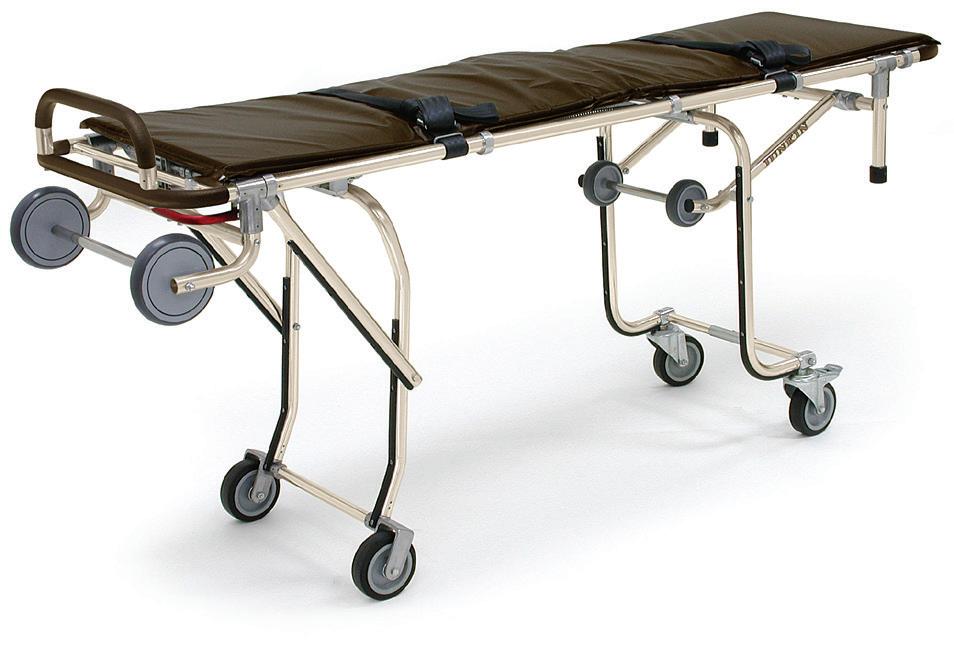
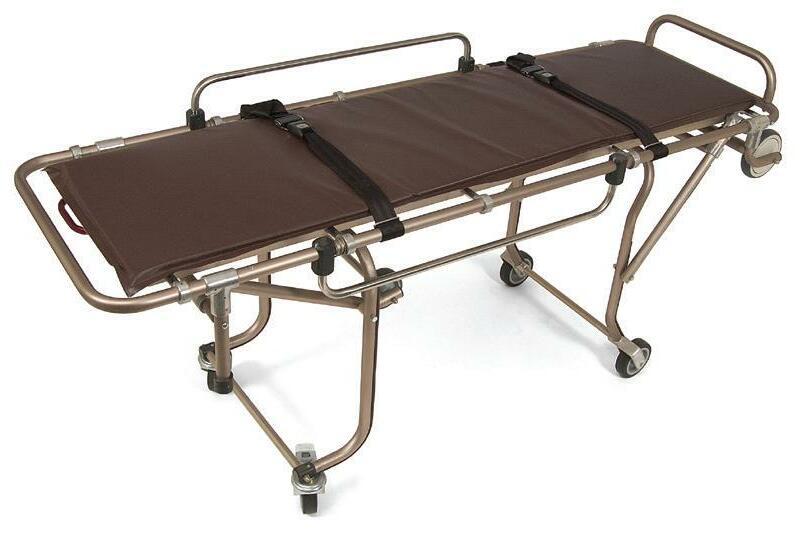
Passages International 505.830.2500 passagesinternational.com
Passages International, Inc. was founded in 1999, when the demand for greener funerals was at its earliest stage. With green funerals now mainstream, Passages is dedicated to providing sustainable choices that allow families to have a unique, meaningful and healing funeral experience. We are a family owned and operated business, and our environmentallyfriendly products are designed to let families and funeral homes create a funeral that truly honors a loved one, meets their values, and celebrates their life. With Passages products, families can curate a funeral that truly reflects the values of their loved one.
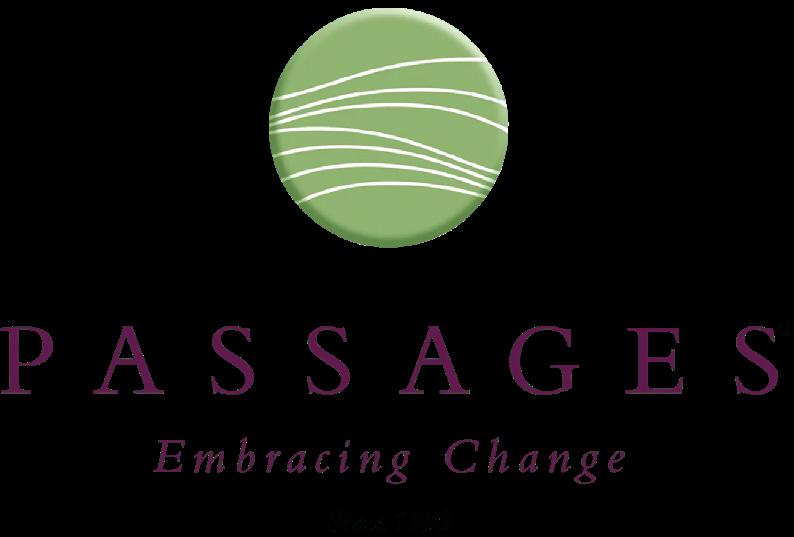
We partner with funeral homes around the world to help them cater to today’s modern consumer. People today want more efficient cars, less wasteful products, and are green-minded in all areas of life. These values don’t simply disappear when planning a funeral, and families have become disenchanted with what is traditionally offered by funeral homes. We believe that we can all do better, for those we serve, for ourselves, and for the communities we live in.
We design and produce many of our own products, and stand behind our unsurpassed quality and service. We are proud to be recognized by Green America as a socially and environmentally responsible business. We also support the work of the Green Burial Council, an organization working to make burial more meaningful, simple, and sustainable. We have been a member since their inception. We offer by far the greatest variety of products that have been approved by the Green Burial Council, and most receive their highest "3-Leaf" rating.
According to the NFDA, over half of Americans today want greener funeral options, and over half of American families will choose cremation. Roughly half of those who choose cremation will scatter the cremated remains of a loved one. At Passages, we offer the most comprehensive selection of sustainably-produced and biodegradable urns, caskets, and memorial products to meet the needs of these families. We are dedicated to offering meaningful products to families who desire environmentally-friendly options for their endof-life rituals.
Our natural environment is a finite and fragile system that we must all take responsibility to protect. Passages International, Inc. prides itself on being a responsible member of the business community, and we convey to our employees the significance of leaving the environment better than we found it.
In order to reduce gasoline consumption and carbon emissions, we assemble and produce several of our products here in Albuquerque, New Mexico. The products that we manufacture abroad are transported in the most efficient manner possible; small items are shipped within large items, and many items ship flat-packed. Our urns and caskets are generally shipped to our wholesale customers in bulk, further reducing carbon emissions per unit during transportation.
Passages is also active in reducing waste by reusing materials, recycling, and working towards paperless business. Simply by recycling paper and cardstock, it is possible to prolong the life of items and reduce waste accumulation.
Many of our products contain significant percentages of recycled materials. For example, The Shell™ Deep Water Bio Urn is produced from 95% pre-consumer recycled paper and paper clay. Each is handcrafted and painted (with water-based paints) by skilled artisans, and is presented in convenient and discreet recyclable packaging. The Shell Urns are proudly made in the USA. Our unique Scattering Tubes are created from recycled paper and cardstock and contain no metal or plastic components. Once the Tube has been used to scatter the cremated remains of a loved one it can be recycled by the family.
All of our Earthurn® Biodegradable Urns are constructed using a two-step process that utilizes recycled cardstock and organic paper that is handcrafted from the bark of the mulberry tree. In order to create the paper, a sustainable system is employed that harvests the bark of the mulberry tree while allowing it to continue growing. Much of this handmade paper is still dried in the sun on bamboo screens.
We take all steps possible to reduce energy consumption in our place of business and believe that if all people and businesses can reduce the environmental impact of every small or large action we take, we can make a massive impact on our planet's health.




You can do better than cardboard. Families and your bottom-line will thank you.
You can do better than cardboard. Families and your bottom-line will thank you.
You can do better than cardboard. Families and your bottom-line will thank you.
You can do better than cardboard. Families and your bottom-line will thank you.
Our new bamboo containers are competitively priced and designed to leave families more satisfied while increasing your profits. Delivered flat-packed and easily assembled, these caskets require only minimal storage space.
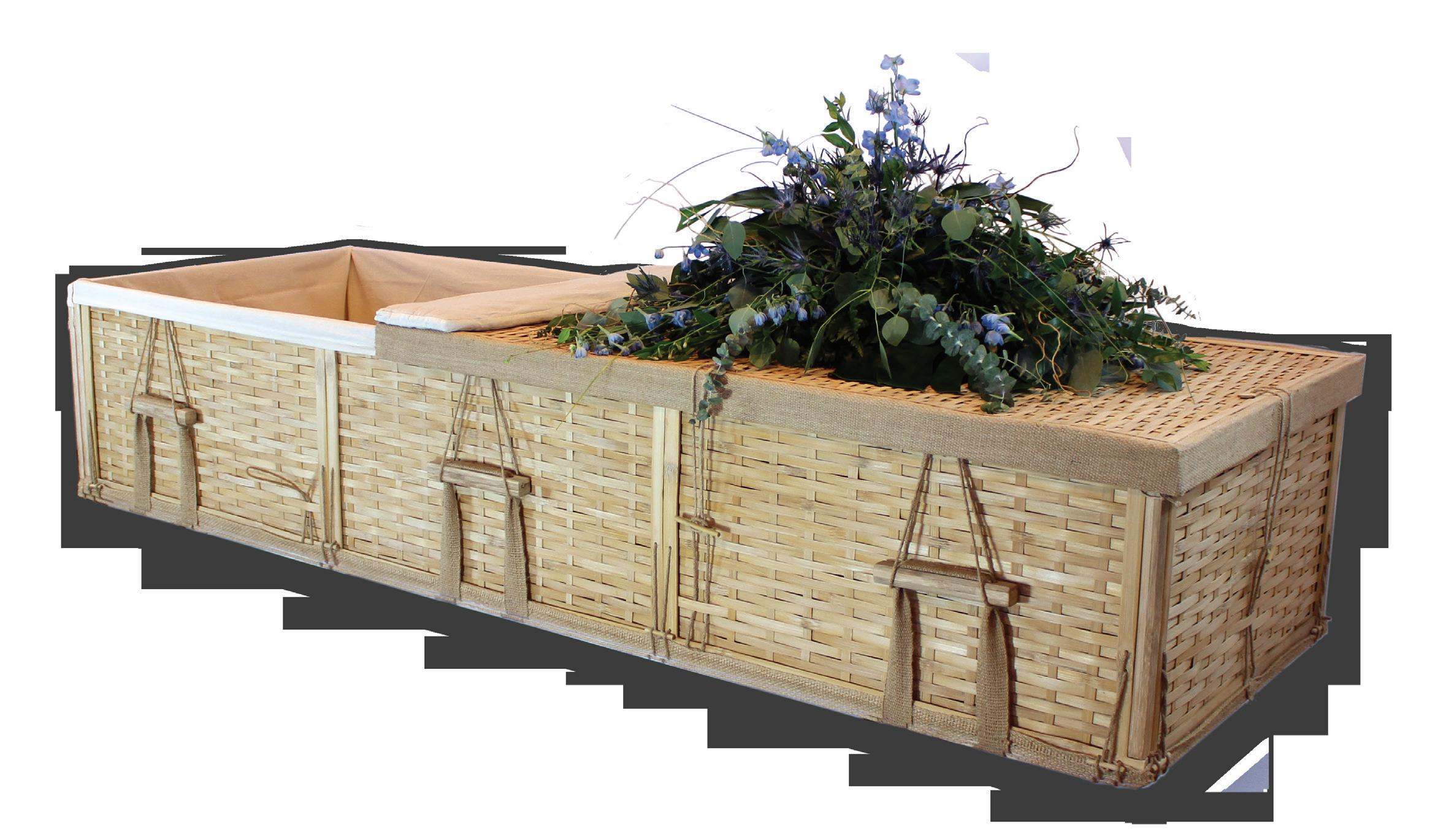

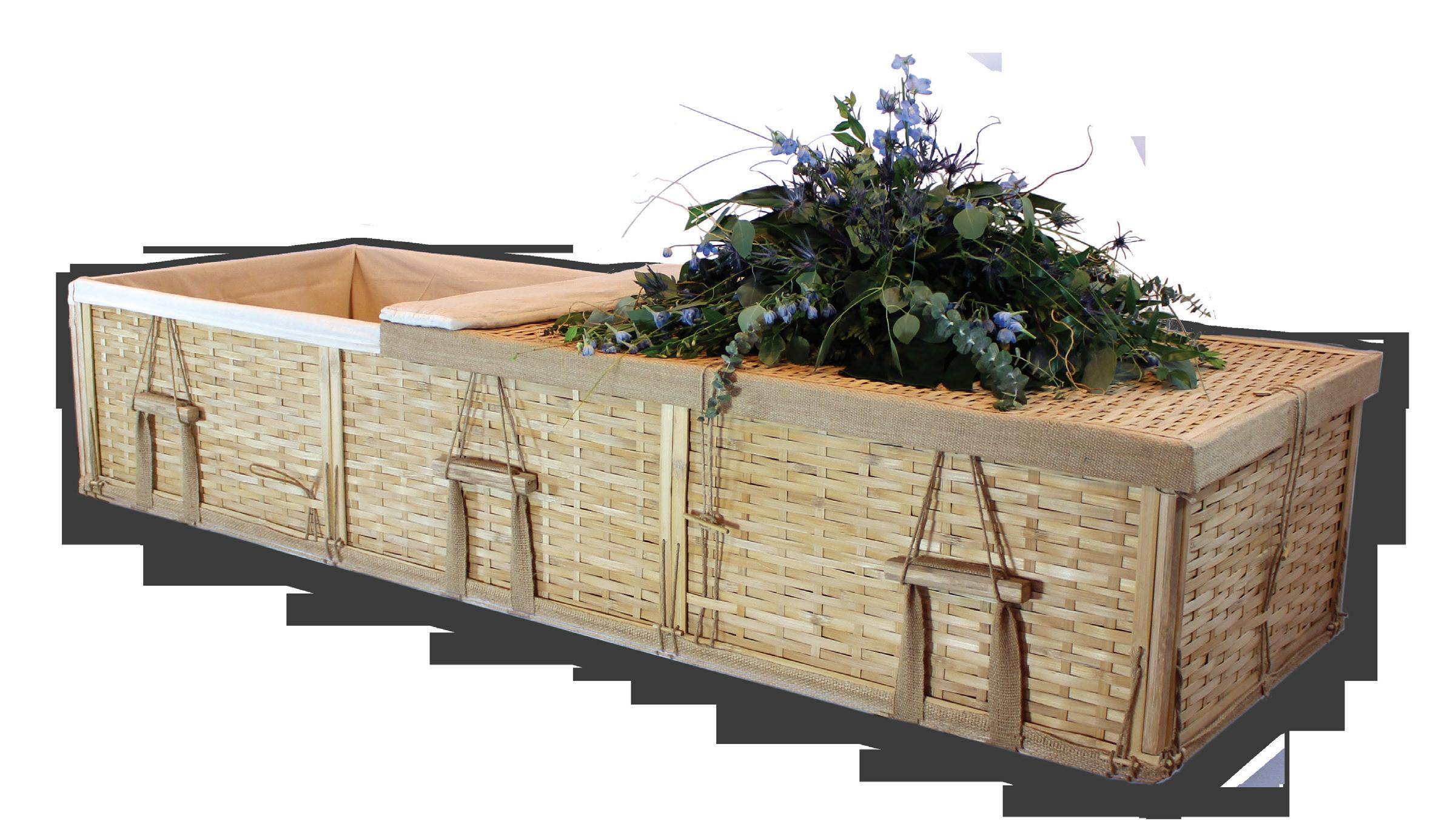

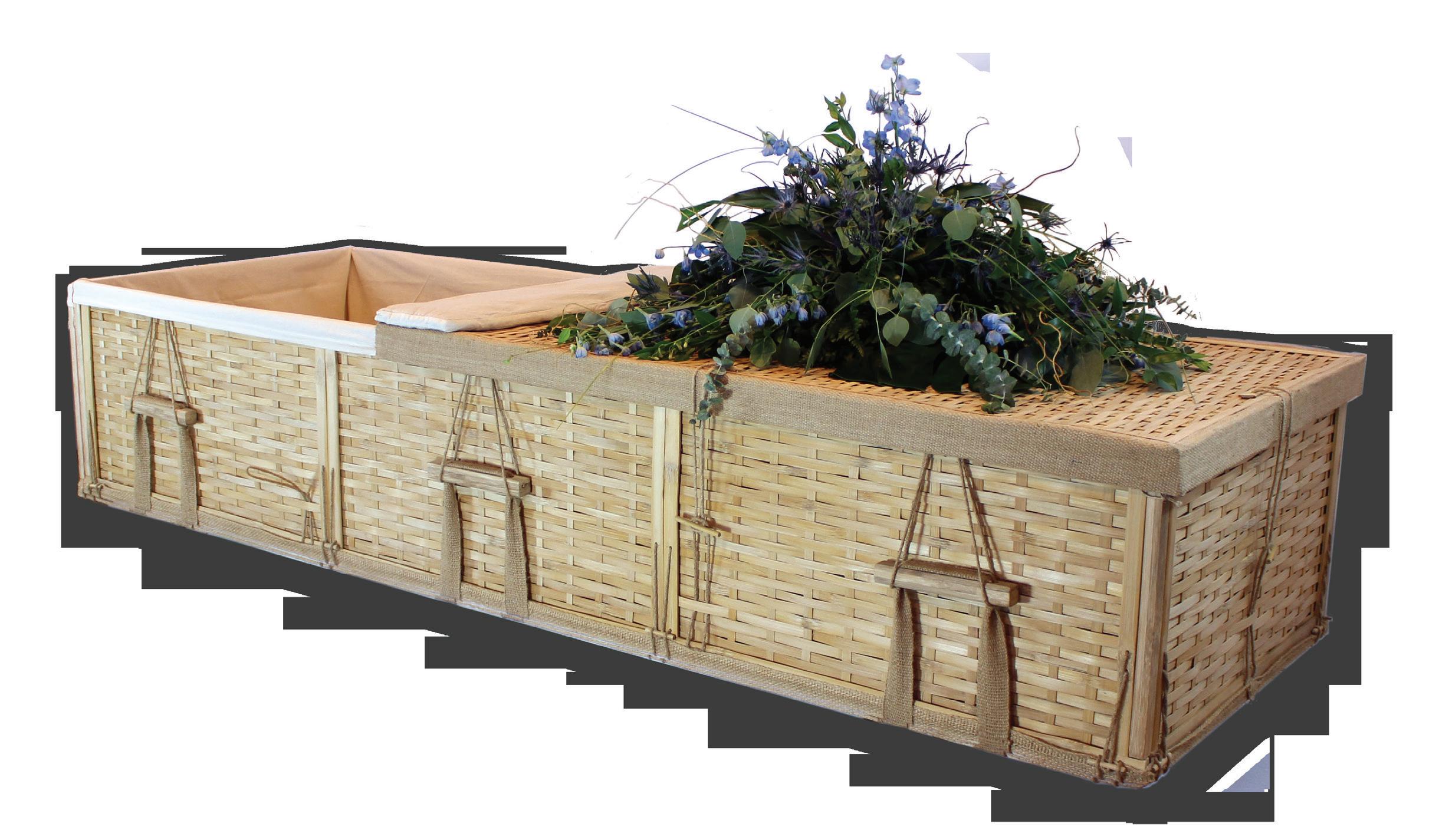



Our new bamboo containers are competitively priced and designed to leave families more satisfied
Our new bamboo containers are competitively priced and designed to leave families more satisfied while increasing your profits.
Our new bamboo containers are competitively priced and designed to leave families more satisfied while increasing your profits.
Generational wealth is often a pearl-clutching topic in many communities and, as a result, is a topic many people shy away from discussing. The change has to begin within the home, starting with communication among family members about intentions and future plans. Often, people are so busy with their daily lives they do not stop to plan for the future or ensure their children have a future set up for them. Below, I will outline tips on how to prepare your family to build generational wealth, and in future articles, I will discuss how to pass down the generational wealth you have created.
Generational wealth is anything with monetary value that is passed down from one generation to the next. This can include property, money, investments and businesses. Intangible wealth is considered education, financial literacy, values and spending habits that are ingrained into your family and sometimes even your culture. These intangible items are a critical part of preparing for the future that people often do not consider.
It is important because people all want to maximize the options they have in life. And having wealth provides options. With this freedom, you can focus on the intangible wealth items that will bolster your family to the next level. You won’t have to worry about a job that does not fulfill you or bills that cannot be met when you have this freedom. Sometimes, daily burdens keep people from planning for the future of the next generation. Many people experience feeling forced to work a job they do not enjoy. Why not plan ahead and give your children a better chance of having the option to choose a job they may enjoy.

1. Financial education. It’s important to remember that building multigenerational wealth requires more than financial assets. For example, if you win a large sum of money but do not have the education to manage it financially, then the money will likely not last through the next generation. Financial education and sharing these tips will begin to create the foundation for lasting wealth.
2. Investing. Start off by assessing your own net worth. That is your assets minus liabilities. Once you have assessed this amount, you are ready to start investing. There are many apps that will let you analyze this data in one place. We all have busy schedules, and investing in the stock market provides the chance to passively build wealth and protect yourself from inflation. It is important to think in the long term with the stock market due to the volatility and unpredictability of certain investments.
3. Invest in real estate. Real estate can be a great tool to build wealth. Real estate typically appreciates with time. In addition, real estate can provide cash-flow opportunities for investors. I’ll discuss more on this in the next article of my series on how millennials can build generational wealth using real estate.
4. Saving and creating a business. Through saving, you will have freedom to take more risks and even make investments that could pay off down the line. It is well known that wealth can be generated through business ownership. It might be risky to get started, but the potential rewards can make it all worth it. Many family-owned businesses make it to the second generation. So building a business to pass down to your children is another way to build generational wealth. If they do not want to work in the family business, you have still created an option for them by giving them the choice of selling the business.
5. Life insurance. Many of us have been in the unfortunate situation of caring for a loved one despite them not having life insurance. Grief can cause enough stress on the family and adding unexpected financial strain will only set your family back emotionally and financially. Life insurance is an imperative tool to pass down wealth. Especially if you have children or dependents who rely on you, you want to think ahead to how your current lack of insurance could affect them negatively.
What are the biggest concerns when passing on wealth?
Other than obvious tax liabilities, there are issues of company viability, assets, corporate structure, and certainly family obligations.
What are some family obligations to consider?
First, will the current owners continue to receive any payments or royalties after turning over ownership. Second, will other family members continue to be employed or have some stake in the business.
What are the biggest mistakes people make when trying to create generational wealth?
Too often we find owners not paying attention to the details and therefore not being prepared to leave something significant to the next generation. Proper planning now can create a wonderful legacy for their children.
Who can be helped by an asset management company like Brinkley?
Any funeral industry owner who wants to build their company to be taken over by a future generation or, conversely, wants to position their business for a viable sale in the future.

What makes Brinkley a good choice?
We've been in business more than 75 years and have helped hundreds of firms create lasting generational wealth. You may not know this, but I'm actually the fourth generation of the Brinkley family to run this storied business!
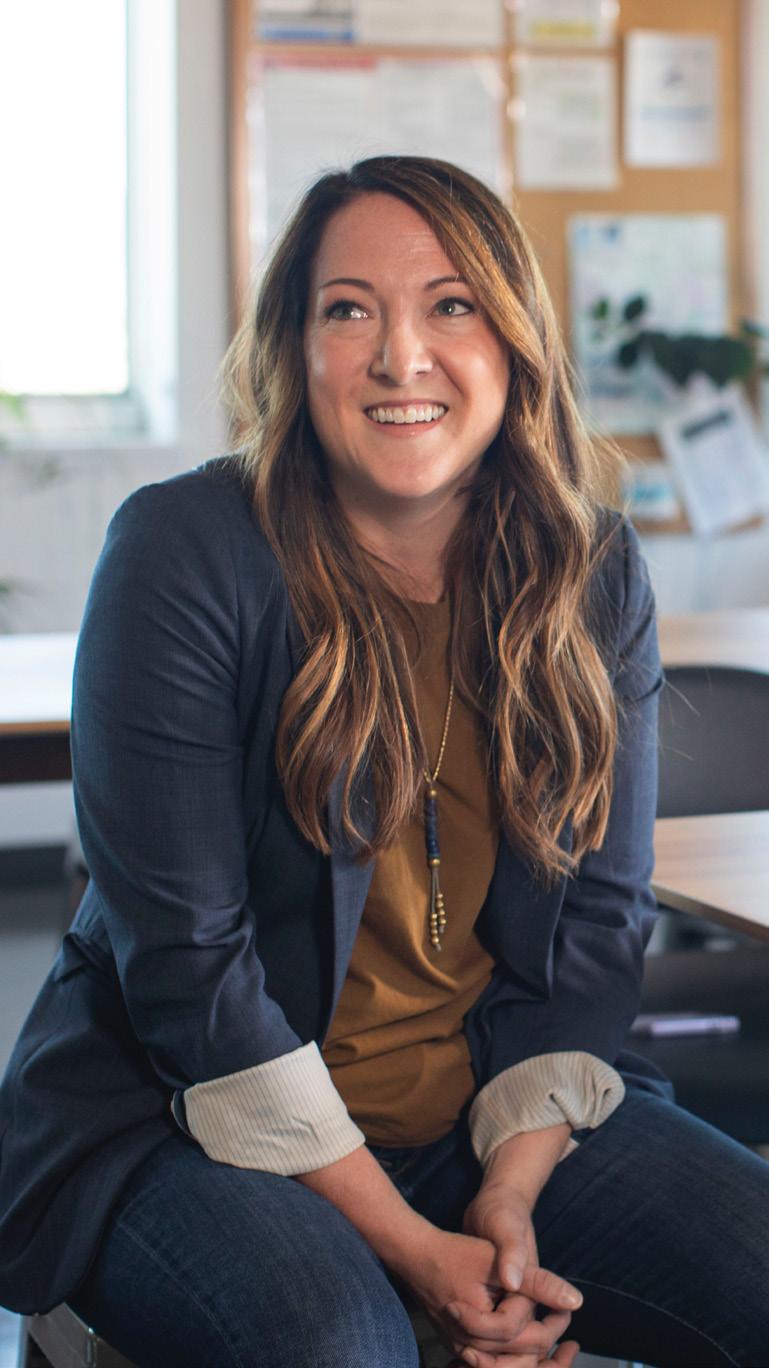
Starmark Cremation Products (888) 366-7335 www.starmarkcp.com
Starmark Cremation and Funeral Products began in 2004. The leaders at Starmark have deep roots in the casket business. In 1989 Alan Elder (Starmark Chairman), Mark Elder and Gerald Davis (Starmark Former President) founded Elder Davis, Inc. (now owned by others) with its products including the original Elderlite (R) Corrugated Fiberboard Casket (started by Vandor in 1983).
Starmark manufactures products such as premium wood and metal ceremonial rental caskets, corrugated fiberboard inserts, Artisan alternative cremation containers, and urns (Starmark is the largest maker of cremation urns in North America). Starmark Cremation Products are sold directly to Funeral Homes and Crematories nationwide and through authorized casket distribution companies continent-wide.
Today, Starmark offers economwical cremation products in lightweight corrugated fiberboard and cloth covered products to meet the need and wants of cremation client families. Starmark leads in all of its market segments occupying more than 220,000 square feet of space in its Richmond, Indiana and Lakeland, Florida locations combined.
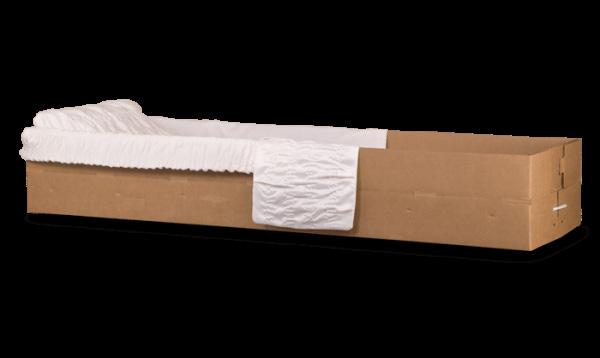
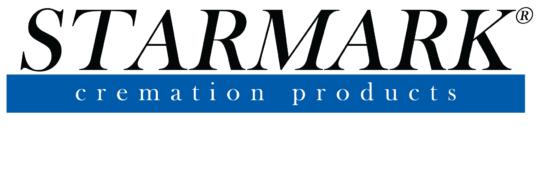
Our Marketing and R&D Team led by Justin Davis continues to innovate and continuously improve the Starmark product line. As the industry changes so should your product mix and your message to cremation families.
With the nationwide cremation rate over 50% we ask funeral directors two question. 1: Does your product mix represent this change in the market? 2: Are you using products from traditional casket manufacturers that treat cremation product design and development as an afterthought?
The team at Starmark thinks only about cremation and products for the changing industry landscape. Starmark is 100% focused on providing Sensible Solutions (R) for cremation that improve funeral home revenue from direct to full services. This focus drives our efforts each and every day and means that we are making strides to create products and solutions in the cremation space that benefit our funeral industry customers.
Starmark is the nation's highest volume manufacturer of rental casket inserts. The TransPorter (R) is the most used alternative cremation container that includes an interior (in the USA). In the meantime, our Sure~Lock (TM) urn is the highest volume urn sold in the USA (Three sizes available).
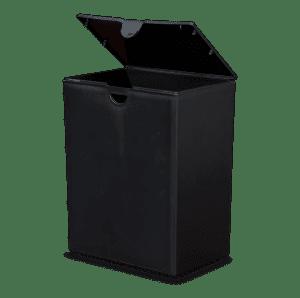
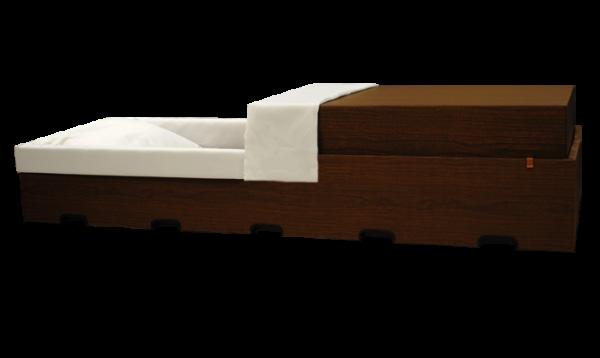
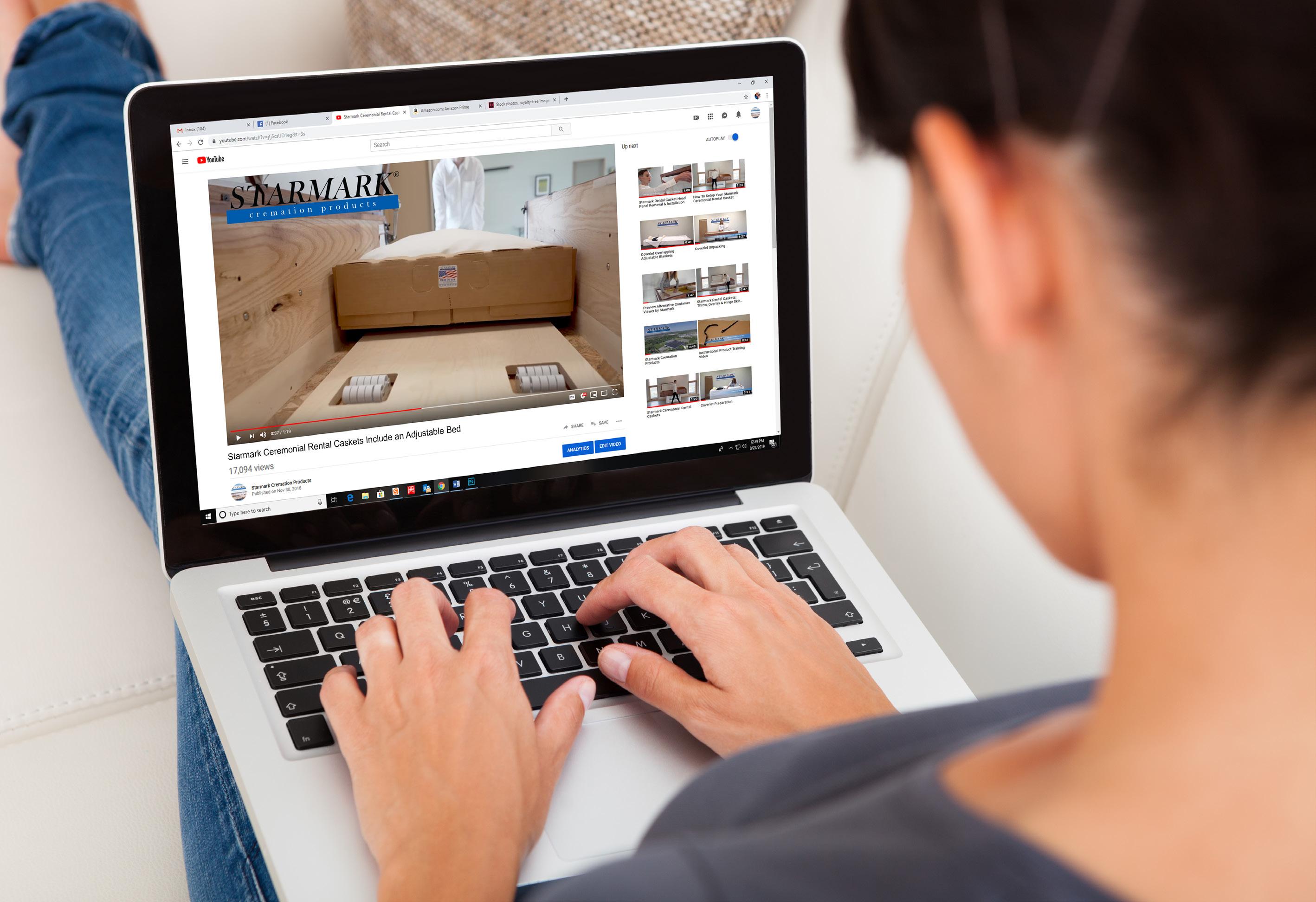
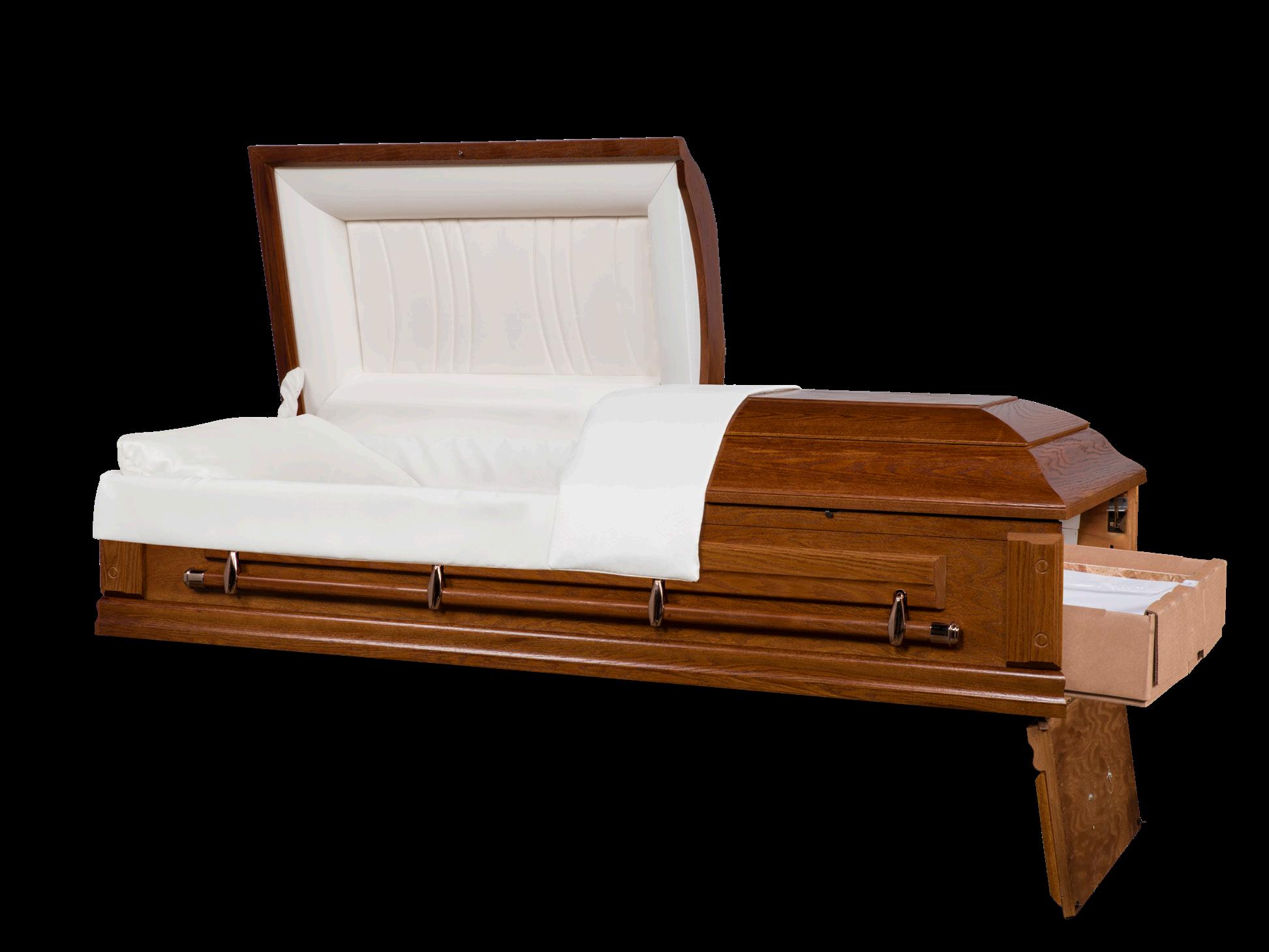
There are many options for funeral continuing education (CE) providers and each state has different CE requirements. When choosing a continuing education company, it is important to take many factors into consideration. Every professional’s worst nightmare is missing their completion deadline, completing too many or too few credit hours, or taking the wrong courses altogether. Here are some important things to look for when completing your CE and choosing a continuing education company to avoid making mistakes:
One of the first steps to beginning your continuing education is understanding how many hours you need to take to fulfill your CE requirements. One way you can do this is by speaking with a representative at your state board or searching on the state board’s website. Alternatively, most CE providers give this information and often times this is an indicator of a knowledgeable and up-to-date CE provider.
Some education providers may offer bundles or packages to fulfill your CE requirements and save you money. While these bundles and packages make for convenient ordering, be sure to check that they fulfill all of your credit hour requirements and any state-specific requirements like ethics.
Completing your continuing education hours isn’t just about checking off a box. The purpose of CE is to keep you up to date with industry standards and serve as a refresher for skills you can use to help your daily job functions. A good continuing education company will have a variety of courses you can take to enrich and grow your career.
Some states require hours in specific subjects like ethics, law, or OSHA. Before purchasing your continuing education courses, make sure the provider has approved, state-specific content for your state. This might include looking for a state provider number on their website or catalog.

Not all courses are created the same way. There are different types of courses including text-based, interactive,
audio, classroom-equivalent, and webinar. Some states have course-type specific requirements. Even without requirements, you may have a preference of which medium you like.
When choosing a CE provider, check to see if your state requires a specific type of course delivery. The type, of course, should be easily identifiable on their website. If you have any questions about what is required, you should contact their support services.
At any time, you may need to call support services with questions about courses or requirements. When a CE provider’s support services team is in-house, it generally means they will be more available. In-house training for a support services team lends itself to expert knowledge about the company and its products. A support services team should also be friendly, kind, and ready to help.
After you are finished with your courses, you will want to confirm how your CE credits will be reported to the state. Some CE providers will actually report your completions for you to ensure your courses are reported accurately and on time. Having your provider report your courses for you will take one less thing off your plate and is a service they provide as your trusted source. Othertimes you may need to report the credits to your state board when you send in your renewal paperwork. It will be important to check your CE provider’s listed requirements or your state board’s website.
Choosing a CE provider can seem like a daunting task, but with this checklist of items, you can be sure to find the right fit for your career. The main takeaway is to find a provider that will work with you and has your career path in mind. FBS
Ann Heinz is an attorney and product line manager for FuneralCE, a service of WebCE, Inc. She manages FuneralCE’s state-approved continuing education course catalog for funeral professionals nationwide. To connect with Ann, email her at ann.heinz@webce.com or give her a call at 972.616.1079.
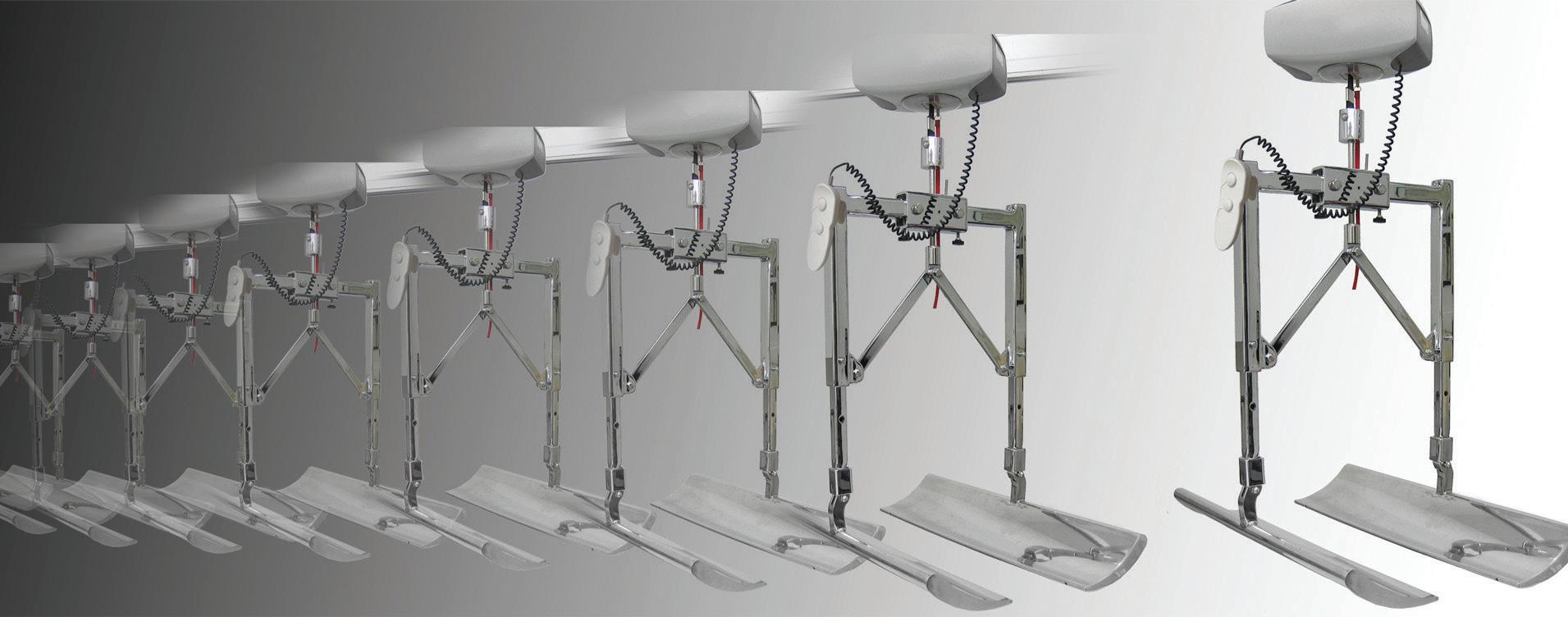
 BY PAUL LOVELACE
BY PAUL LOVELACE
All meetings are not created equal. In fact, I still remember one of the first management meetings I ever attended when I first started in the funeral profession (circa 1998). I recall it vividly because of a fascinating story I heard from one of our associates who was addressing the group about collecting accounts receivable. Whether the following story is true or not, I have no idea, but it’s one I will never forget.
A group of tribal Indian leaders in the early 1900’s gathered together to develop a game plan. There was an elusive creature wreaking havoc and harassing the village people by stealing food and becoming a real menace to the community. Eventually, this creature was discovered to be a monkey, and it didn’t take long to figure out this was no normal monkey. This was a rare and special breed of monkey that could run faster than any other animal anyone had ever seen. It could leap higher (up to 12 feet straight up in the air) and sense better (it could smell a human being coming from over a mile away) than anything they could imagine.
The leaders were baffled. Every idea they came up with to capture him failed miserably. No one had even come close to catching this elusive Indian monkey. The situation seemed hopeless!
Then one night, a wise young man had the ingenious idea to build a special trap. He took an ordinary barrel and cut a silver-dollar sized hole in the side, just big enough for the monkey to slip his hand inside. He then took several fresh, juicy pieces of fruit and placed them inside the barrel. He positioned it in the jungle near where the monkey was last seen and left it for the night.
The next day, much to the surprise and joy of the tribal leaders, they found the elusive monkey! There he sat helplessly with his arm stuck in the barrel holding on to his fruit. All he had to do was let go and he’d be free. But he wouldn’t let go of the fruit. He was finally trapped because he wouldn’t let go.
When it comes to active sales in the funeral profession it may not be necessary for us to have new ideas in order to get to the next level, it could be just letting go of some of the old ones! I would like to share some ideas we should consider letting go of in the funeral profession for those business owners who are interested in growing their future at-need revenues.
We need to let go of some of the lingering negative stereotypes in the funeral profession that have limited opportunities. Here are a few that come to mind:
Preneed is a necessary evil – we have all heard this over the years. And I agree that some people will always feel this way. However, our beliefs affect our behaviors, and our behaviors affect our results. If we truly believe this stereotype, how successful will we be anyway? How will we attract the best and the brightest talent? How can we have a preeminent sales team?


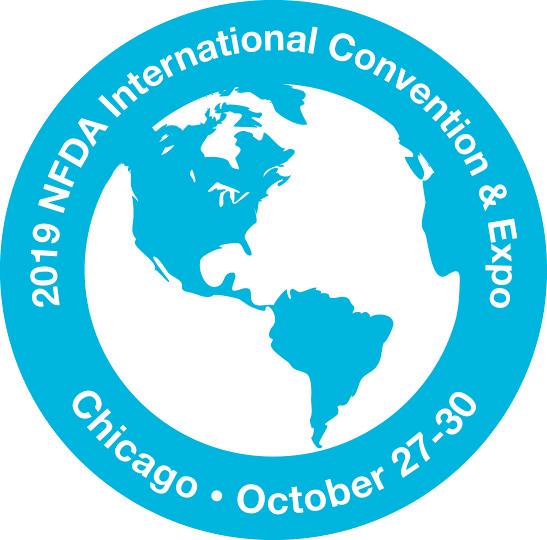
Funeral directors cannot sell – I’ve heard this many times over the years and I will confess that I used to believe that to some degree. But now, I couldn’t disagree more. Some of the most talented and successful sales professionals I know are also licensed funeral directors. Most funeral directors seem to have the most important sales skill of all…caring.
The best sales people have the “gift of gab” – we’ve all seen people who are great at public speaking, who have never met a stranger and always seem to know exactly what to say. Common sense might say these people are naturally great at sales. Not only is this a complete fallacy, it’s also insulting to those accomplished sales professionals who take the time to listen and understand their customers and prospects before they tell another story or share the quip of the day.
Another area we may need to let go of are bad ideas and mistakes we have made in business, but keep trying to live with year after year. Sometimes bad ideas can hang around like a worn out sofa. You know what I’m talking about. The couch that has been in the family for seemingly decades but nobody wants to get rid of. It’s got holes in the cushions, faded pillows and springs sticking out and it doesn’t match anything, but nobody wants to get rid of it because it’s been around so long.
Some of the bad ideas and mistakes I can recall are (in no particular order):
Letting the at-need staff write walk-in preneed business – many of these important people have a full-time job and really don’t have the time, energy or expertise to adequately serve families on a preneed basis. Plus, they have likely never really been trained on how to qualify leads, explore gaps, gain commitments, and get referrals.
However, as a general rule these have proven (in my opinion) to be bad ideas for growing sales.
One of the biggest deterrents of success in business and life is fear. In fact, most fears never come to fruition, but they impact our decision making. The great Wilt Chamberlain once scored 100 points in a basketball game. Most sports enthusiasts know this statistic. But what is not often known is the fact that 28 of those 100 points were scored at the free throw line using the “granny shot”! He shot 87.5% from the free throw line that game shooting under-handed. This is a player who missed over 1,700 free throws in his career. Just think of how may more points he would have scored. Why would a career 50% free throw shooter go away from something that he had been so successful at? Fear. That’s why.
In the funeral profession I’ve recognized a few fears that have trapped business owners, and no doubt, affected active selling by limiting success.
Fear of change – Should we hire another person? Should we try a new lead source? Should we change vendors? What if we learned a new skill? What if we implemented a new idea or sales tool?
Fear of losing – What if we lose a family? What if we lose market share? What if we lose money? What if we lose an employee?
Fear of failure – What if it doesn’t work? What if people reject it? What if someone complains? What if we get busy and we can’t do it?
Fear of being ridiculed – What will my competition think? What will my study group say? How will my staff react?
Relying on price point mailers to make sales – this is often a last ditch effort to stimulate some quick sales. As it turns out, it is much easier to rely on a cheaper, discounted funeral price than it is to learn new skills, open new relationships, resolve concerns and build consensus.
Discounting preneed funeral plans – this is another quick fix solution that only weakens future profit margins and creates a precedent for subsequent discounts. Plus, how is this fair to people who paid full price last week, month or year?
Rely on “word of mouth” advertising – to be successful in sales and business we have to be known. Funeral homes are notorious for spending too little on their advertising and promotion efforts (often less than 1% of revenues) and I think it is a big mistake. In addition to spending too little on advertising, advertising is often one of the first expenses cut when call volume is soft. Another big mistake.
Now, I realize these are bold statements. I also fully understand there are exceptions to all of these notions.
You have likely considered all of these questions and more. But, what if we have been asking all the wrong questions? Les Brown once said, “Too many of us are not living our dreams because we are living our fears.” These fears could very well be holding you back from reaching new heights.
Let me encourage you to examine any possible stereotypes, bad ideas or mistakes, and fears that may exist in your business. And then consider what it is you could let go of and how it might help improve your active sales program over the long run. FBS
Paul Lovelace is the Vice President of Corporate Development for Funeral Directors Life, a leading full-service insurance company. He has over 30 years of experience in business, including retail sales, banking, finance, and funeral home operations. Paul specializes in helping funeral homes develop active, thriving preneed programs that increase preneed sales and grow market share. Paul has a bachelor’s and master’s degree in Finance from the University of Texas San Antonio. Paul can be contacted at paul.lovelace@funeraldirectorslife.com.
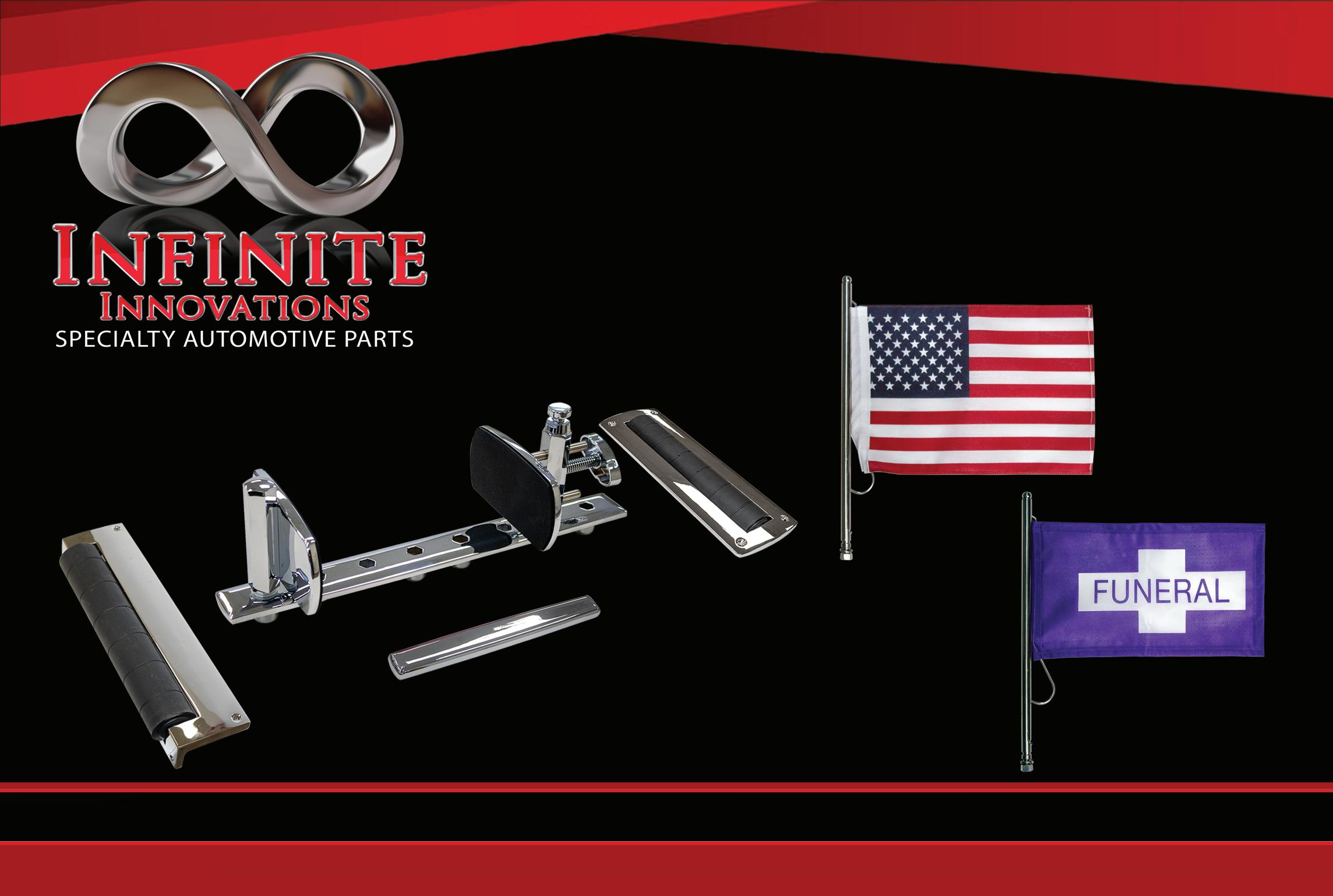
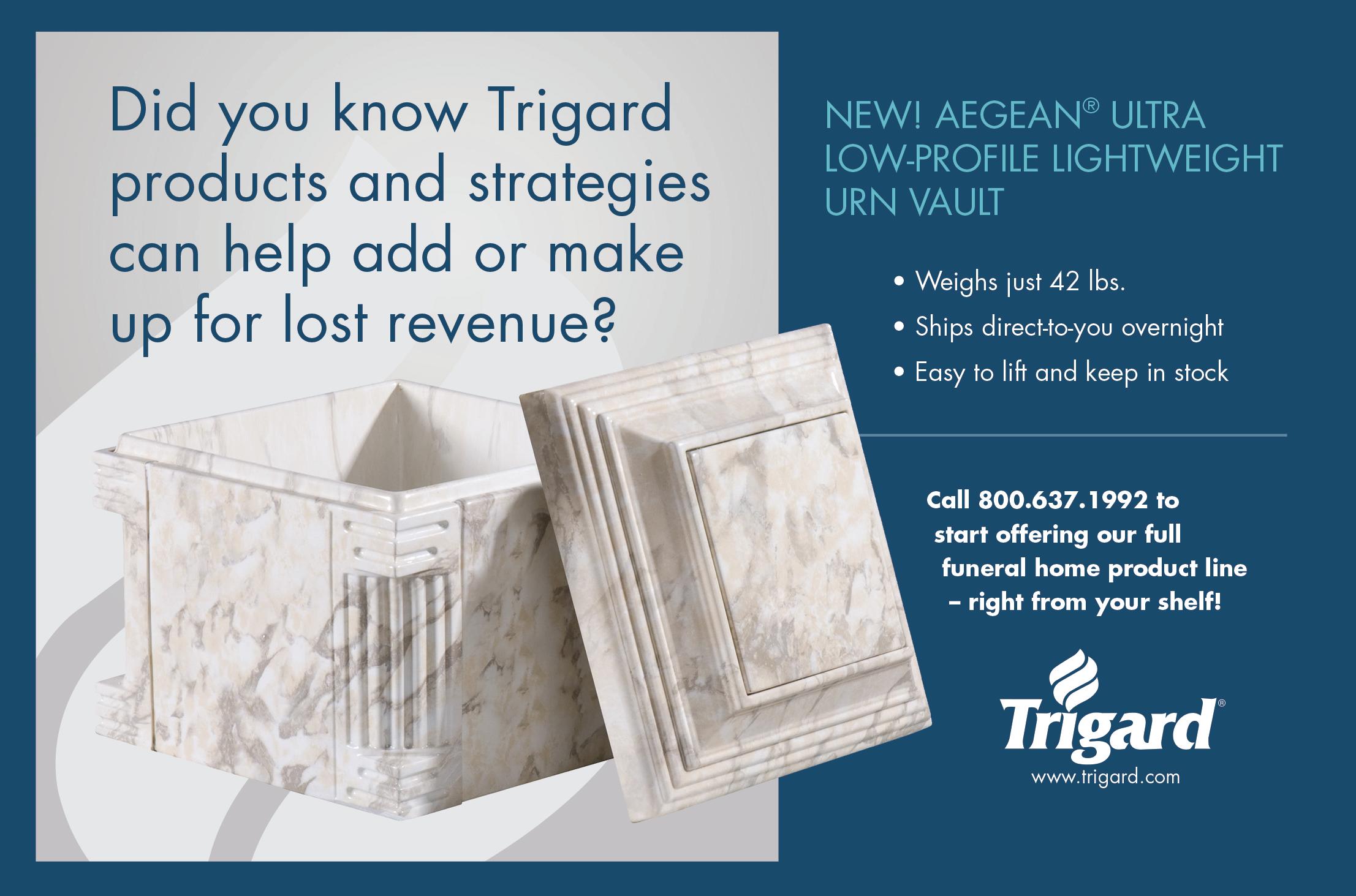
 BY TYLER FRASER
BY TYLER FRASER
A wonderful book by Seth Godin outlines the concept of a Purple Cow. Sometimes people are just tired of what is being offered and want something different. Having worked in marketing for 8 years, I have found aligning yourself with innovative products and services does wonders for a firm’s marketing potential. Offering families something different gives you artillery in your marketing efforts, sets you apart from the rest and shows that you care enough to continually update and improve your offerings.
One of our products received a write up in Funeral Service Insider and gave me a face to face with Robert Waltrip. I can remember taking the elevator, when the SCI associate told me we are going to the top floor to meet Mr. Waltrip. As we sat down at the conference table next to Mr. Waltrip’s gorgeous office, I began to present a product that was different. There are two things that are going to make your marketing stand out: great offerings and attention. If you have great content on your website or offerings to your families, local media and movers and shakers are going to notice, and start talking about you.
There’s nothing more inspiring to me than innovation and forward thinking. I recommend aligning yourself with innovators in your local community and profession. These innovative people, which offer innovative products and services, are going to help you stand out in the crowd of other funeral homes in your community. Even if they are not in the funeral or senior care profession, you are going to attract top performers in other fields that can push your firm and marketing efforts forward. When you are working with people who are progressing, innovating and offering products and services that are on the cutting edge, your funeral home is going to grow. What innovators in your community can you align yourself with?
One of the key contributors to happiness is growth – and if your firm isn’t growing, it’s dying. You can focus on how to cut costs or how much more you can charge for your current service, while still maintaining profit, both of which I highly recommend. But wouldn’t you rather offer something brand new; that gets you on the front page of your local newspaper, gets you an interview with a local TV news station and gives you a wave of revenue that you ride well into next year? Focus on improving your current offerings and repackaging them in a unique way and then use sophisticated marketing to get these new offerings in front of potential customers.
In my day to day work, I will regularly keep a list of the most important things to focus on. I'm not as die hard as Gary Keller, the author of The One Thing, which asks: “What’s the ONE Thing you can do such that by doing it everything else will be easier or unnecessary?” But I do value this concept immensely and expand my consideration to the top three things. Focus on the top three things that are going to move your innovation and marketing forward and focus on those. Conversely, what are the top three things that are standing in the way of innovation? If you are scared of innovation because you don’t have the right lawyer, see if investing money in legal could benefit you. The monthly Legal Zoom subscription is a great service. Offer a product you haven’t yet, such as a $20,000 urn, green burial or 14k gold cremation jewelry. Embrace new and emerging technology, like 3D printing and virtual reality. And have a conversation with your local TV news station. FBS
Tyler Fraser is CEO of UPD Urns and founder of Funeral Radio. He hosts two podcasts Funeral Services and the Web and Funeral Startups and is a business graduate of San Francisco State University. Tyler pioneered 3D printed busts for funeral homes and seeks to advance funeral services through technology. He currently lives in Sterling, VA where he manages UPD Urns’ second location, offering fast and free shipping for cremation urns and jewelry nationwide. Learn more about UPD Urns at http://updurns.com
There is a wrong way to pass down your family company to the next generation. Don't wait until it's too late to change your direction.



There are approximately 175,000 words found in today’s English language. I am amazed how just one or two of these words can change the perception and reality of so many things. For the moment, I will focus on just two words, Direct and Basic, as they apply to cremation marketing. When placed before Cremation; these words are adjectives as in Basic Cremation or Direct Cremation. The noun, Cremation, can also be modified by the adjectives “Immediate” and “Simple”.

The word “direct” when used as an adjective means to move or proceed in a straight line as in a direct or shortest course of action without intervention. Direct Cremation essentially devalues the primary purpose of nearly every funeral home in the USA and Canada. The single word “Direct” has literally reduced the cost of deceased body disposal to a combination of transportation mileage charges, a plain corrugated cremation box, crematory fees, a death certificate and a temporary urn. Just about any way you look at it, the word “Direct” results in the lowest revenue for funeral homes and many families wondering what they really requested.
The combination of “Direct” and “Cremation” eliminates most options that do not fit the direct mandate. Direct Cremation begins and ends just like a straight line from body pick up to the crematory.
While “Direct” means direct without hindrances, the word “Basic” according to Webster’s means “forming or relating to the most important part of something; forming the base; fundamental basic principle; the basic ingredient.” When used as an adjective, “Basic” can refer to the place to start and generally does not define or include the ending. “Basic” means a place to start and can then be easily upgraded. Every funeral director can define even the application of the word “Basic” differently.
It could be that “Basic” to one funeral home may include simple body preparation (setting features, combing hair, basic preparations for modest viewing) and to another it may still mean what previously was called “direct cremation”. Another funeral director may offer upgrades such as “Basic Plus” (including private family viewing at a modest cost) or “Basic Premium” that may include the use of a ceremonial rental casket and full services.
Much like basic cable TV can be enhanced with Sports packages or Premium packages, the term “Basic Cremation” prepares families for some type of upgrade. Basic is familiar and easy to understand. Who has ever heard of Direct Cremation Plus or Direct Cremation Premium packages? Right or wrong, “Direct” restricts upgrade opportunities but “Basic” can be easily expanded with upgrade options.
I know that many in the industry are convinced that families may not know what they are asking for and likely getting with “Direct Cremation”. Cremation families sense that “direct cremation” sounds and likely is a low cost, expedient cremation. When these same families hear from the funeral director the term “Basic Cremation”, it implies there are many other decisions for the client family to make.
Today, funeral service provides nearly 900,000 Direct Cremations each year. Just a few hundred dollars available with expanded and/or upgraded funeral events associated with “Basic” Cremation can dramatically improve your revenues as well as family satisfaction.
I have had the opportunity to visit crematories over the past few decades and find them to be remarkably clean and well managed. I recall my first visit in the early 1990’s as a van
Why “Basic Cremation” is better than “Direct Cremation”
The combination of “Direct” and “Cremation” eliminates most options that do not fit the direct mandate.
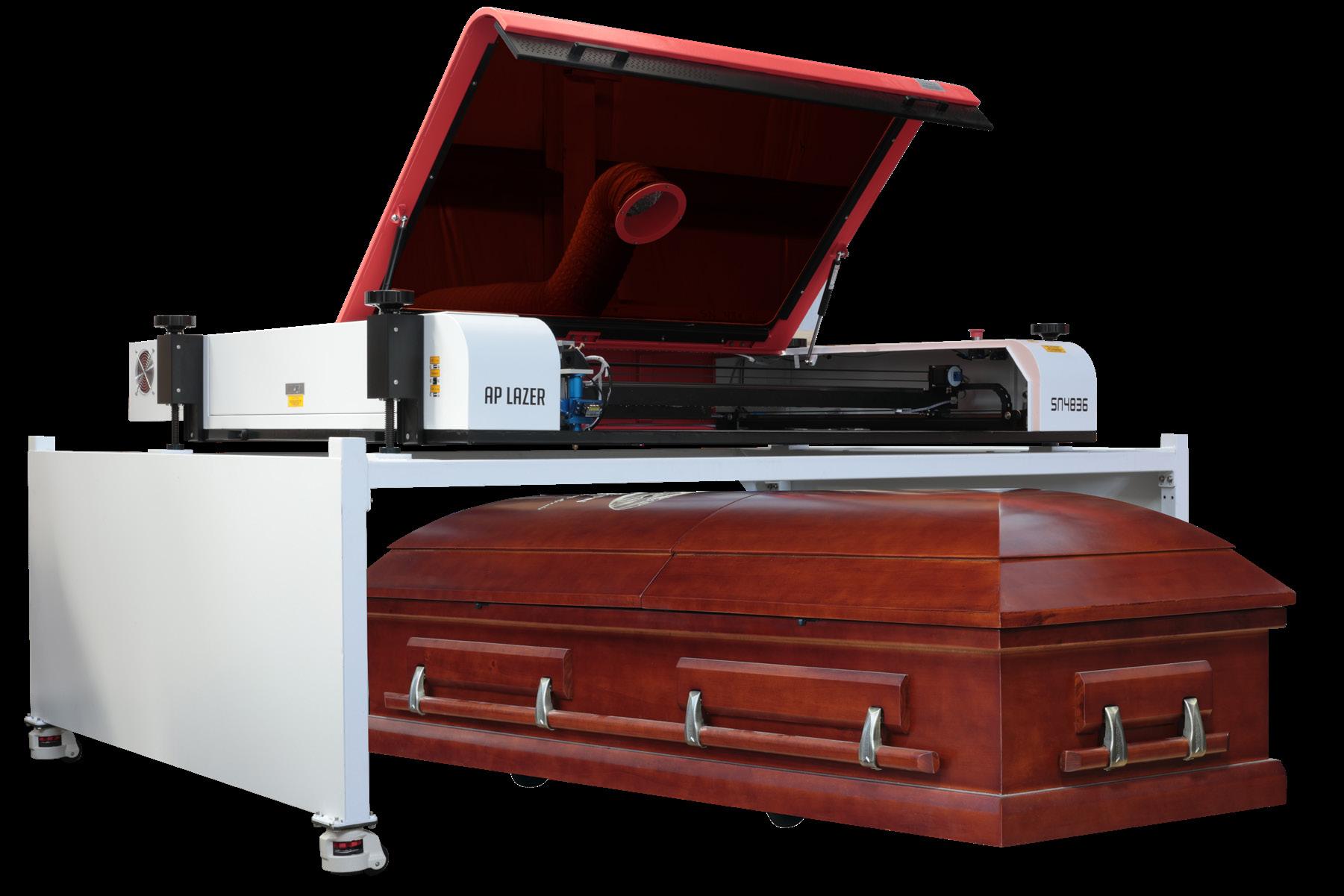
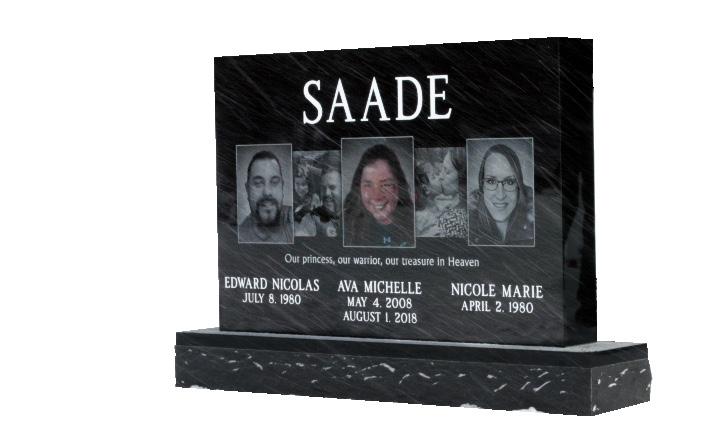
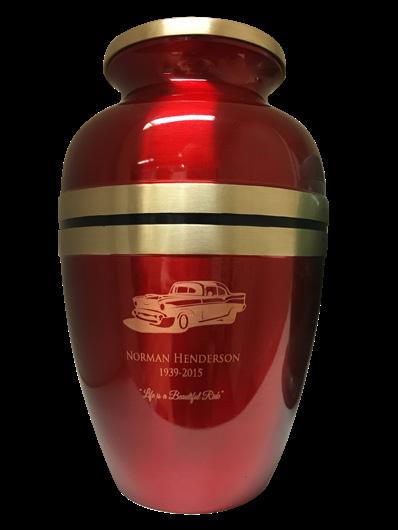
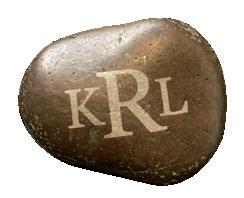



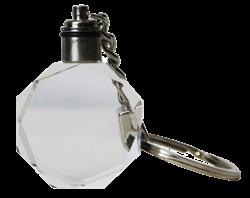
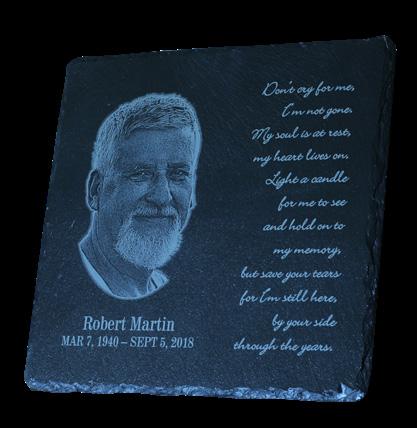

from a funeral home arrived at the crematory with two bodies wrapped in knotted bed sheets. I could only assume the sheets were the ones in which they died. The bodies were pulled from the van and placed in a plain corrugated cardboard box…. Off they went for storage and subsequent cremation.
At the time, I knew very little about the process of cremation but certainly learned much with this initial observation. I was perplexed as to why bodies were transported from the obvious place of death directly to the crematory. I wondered if the families wanted to see their loved one again as that opportunity likely was missed forever. Maybe there was no one to acknowledge the death except a coroner. Being a farm boy from Indiana, I had no exposure to cremation. I soon learned the nation’s cremation rate at the time was in the 8% range and generally represented no real threat to the funeral profession.
Today, 80% or so of the 1,200,000 cremations performed in the USA are direct cremations. Bodies may be taken past the funeral home but fewer and fewer are actually taken into the funeral home. To recover lost opportunities we must first change the terminology from “Direct Cremation” to “Basic Cremation”. To change the results we must also take bodies to a funeral home. While this may sound absurd to a funeral home in San Francisco, it will make perfect sense to a funeral home in Mississippi.

In either location, the offering of minimal body preparation such as setting features and combing hair may be the services and respect that more families will appreciate and pay for. These modest and basic preparations signal client families that your funeral home not only took care of their loved one now but more likely throughout the entire process.
The greatest difficulty is having the ability and time with client families to convey every day practices of decency and personal care. Many client families are price shoppers, so extended conversation time on the initial phone call can be limited. Again, the use to the word “Basic” as opposed to “Direct” will help in this process.
Repeatedly, we hear encouraging reports from funeral directors that no longer offer a plain corrugated cremation box and direct cremation. These enterprising funeral director owners and managers know that their price will never be low enough to secure all the cremation volume in their market areas. They have decided to let some families put their competing funeral homes out of business. It is often said; when your competitors are digging a hole, don’t take the shovel out of their hands. FBS
Gerald Davis is the President of Vandor Corporation in Richmond, IN. Gerald has been involved with Indiana based casket manufacturing since 1977; first at Spartan Casket in Lynn, IN, JM Hutton in Richmond and Affiliated Funeral Supply Central in Fountain City, IN. In 1989, he was one of three founders of Elder Davis, Inc. that later was sold to the York Group (now Matthews International) in 1997. Vandor ‘s Funeral Products Division manufactures casket interior components as well as products marketed under the Vision Casket and Starmark Cremation Products name. He can be reached at gerald.davis@vandorcorp. com or 1-888-366-7335 ext. 245.
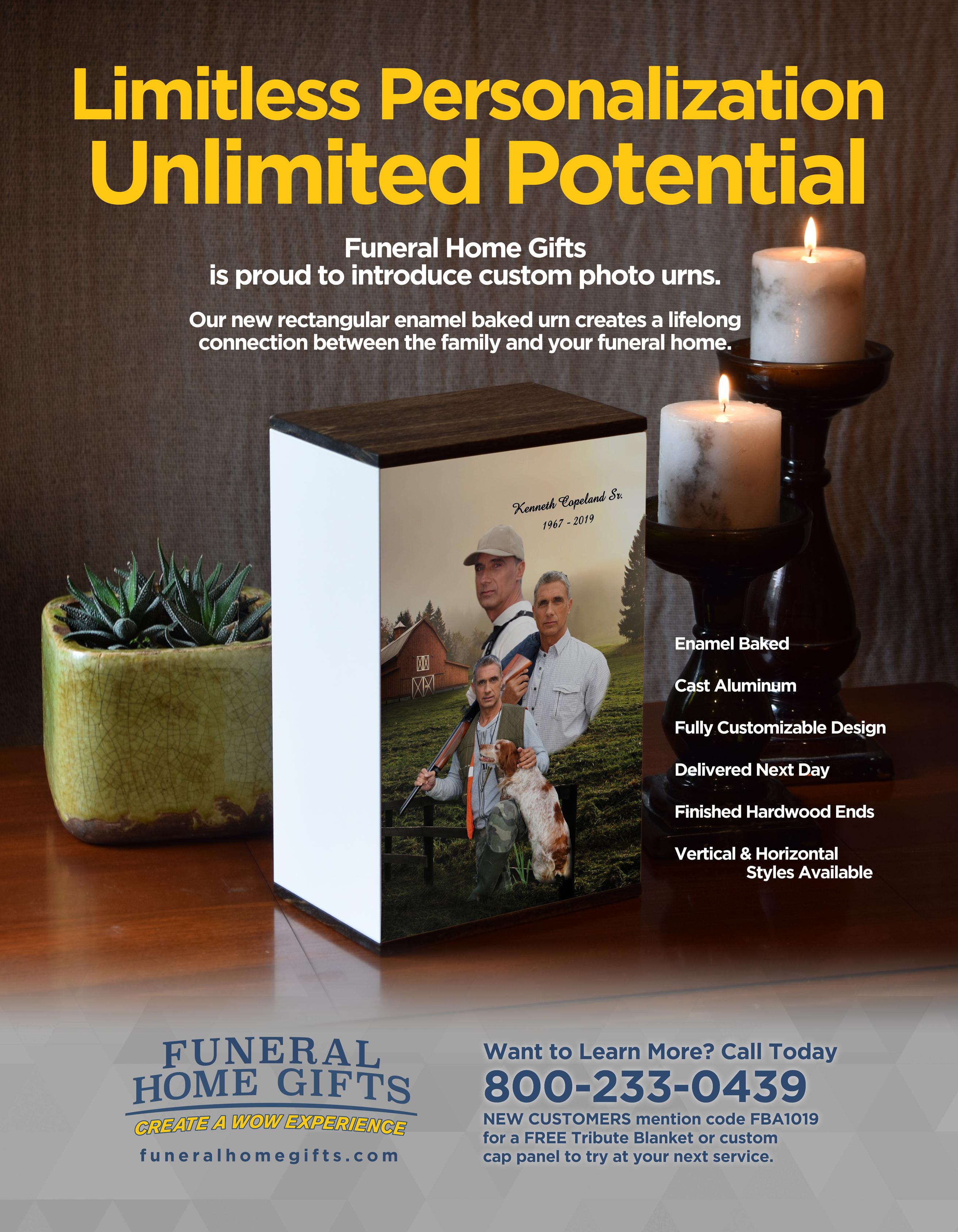
 BY JOE WEIGEL
BY JOE WEIGEL
Funeral homes have more choices than ever before with new marketing strategies and communication tactics competing for a share of the budget. Ask 10 funeral directors where the marketing budget should be spent, and you are likely to get 10 different answers. No matter your budget, every marketing campaign begins in the brand awareness stage, and public relations (PR) remains one of the most cost-efficient means of generating awareness and telling a brand story.
What’s the cost of NOT doing PR? When the time comes in the funeral planning cycle and a family need the services of a funeral professional, what is the cost of NOT being the firm that the family calls?
Conversations are happening in your communities, among influencers and between families, with or without your participation. Your firm needs to be part of these conversations so that when families seeks out a funeral
provider on line, their search results are filled with credible stories and mentions about your firm; they see news articles quoting your firm or a contributed article from your organization that provides a perspective on funerals, grief or another related topic. The result – your firm is positioned as a thought leader and expert in the field of funeral service and some who can be trusted to care for a loved one who has passed. Therefore, it’s key that your firm gains a larger “share of voice” in the local paper and on the local radio station, on social media, and in conversations happening among a populace that have shortening attention spans due to ever-increasing information inputs.
The nuts and bolts of public relations for a funeral service company aren’t all that different than public relations strategies for consumer goods. The main difference is PR campaigns in funeral service are much more contentdriven compared to the product pitching that dominates consumer PR.
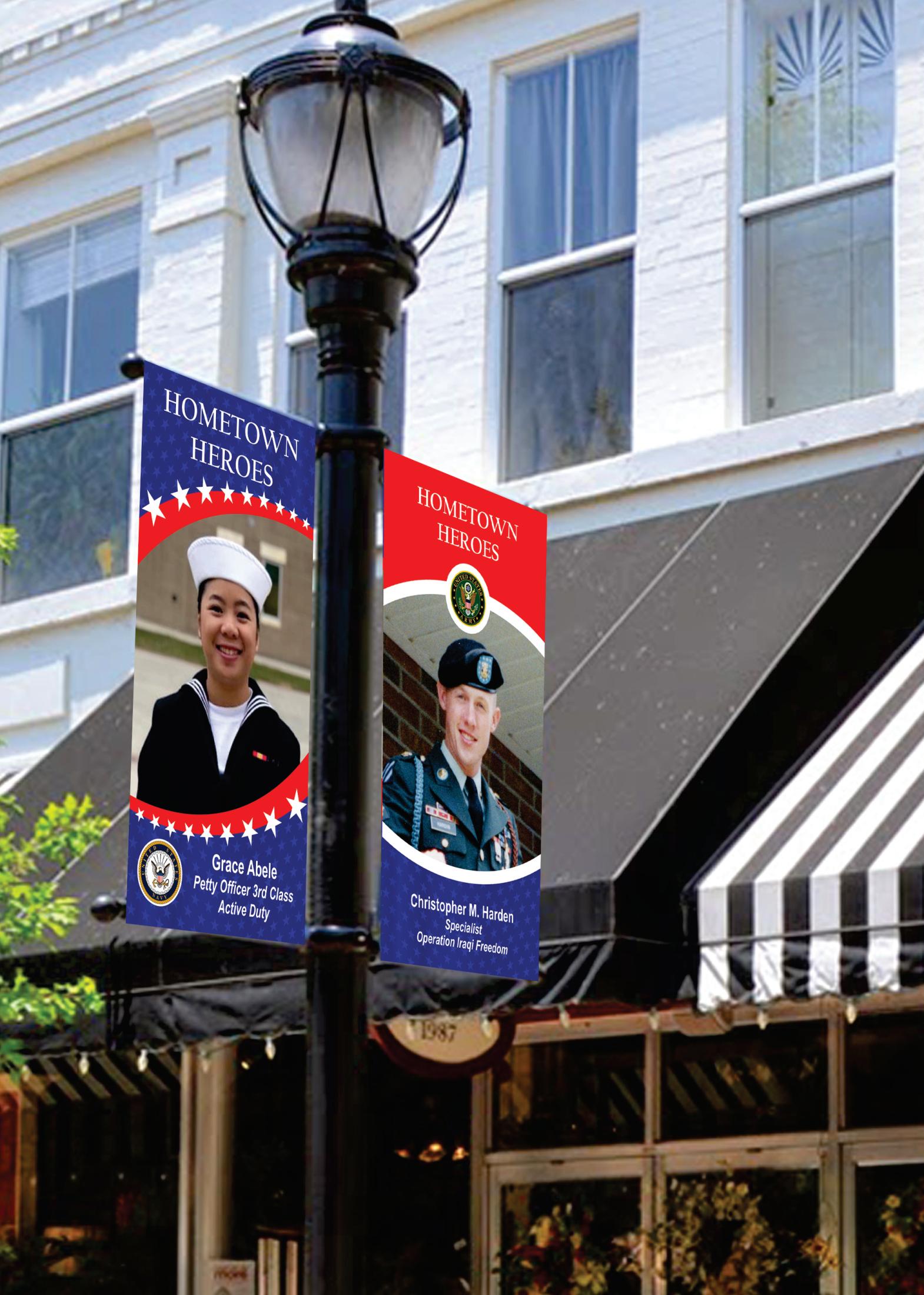




Most funeral homes’ marketing teams (either external or internal) spend time and resources developing content in the form of website blogs, Facebook posts, or other social media efforts. Unfortunately, most of this content remains hidden within the company’s four walls, sits buried on their website or remains on their Facebook page collecting virtual dust.
Somewhat off topic, but on a related note, content marketing is not about you. Rather, it’s about what you can offer others. A well-written piece of content does not push your own agenda, but offers helpful insight or perspective from which others can learn.
Funeral service social media is a marketing tool that needs serious content. No one cares that you are in Philadelphia for a funeral service conference and seeing the local sites. This information may be imporatnt to you but not to them. What readers care about is what you learned at the conference that might affect them.
Social media only reaches those in your community that have chosen to follow you or visit your website. What about all the other folks in your community that don’t know about your firm – but will need the services of a funeral professional at some point in their future. That’s where PR and publicity can come into play.
Publicity, the process that enables and encourages media outlets to create and promote messages that benefit your company, is the secret to marketing success. Cultivating publicity is certainly not without its challenges, but it definitely needs to be a consideration since families are looking to that content for guidance before they select a funeral provider.
In an era where editorial/media staffs are continually shrinking, media outlets are taking more and more contributed content from outside sources. This provides a perfect opportunity for you to take your blog about your new aftercare program and create a press release or to take your Facebook post about some new research from NFDA and create an article.

Sure, everybody’s talking about the use of social media in funeral service marketing. But don’t overlook the benefits of public relations and publicity in your marketing program as well. FBS
Joe Weigel is the owner of Weigel Strategic Marketing, a communications firm focused on the funeral profession that delivers expertise and results across three interrelated marketing disciplines: strategy, branding and communications. You can visit his website at weigelstrategicmarketing.webs. com. He can be reached by phone at 317-608-8914 or by email at joseph.weigel@gmail.com.






On December 1st, the new U.S. Department of Labor Overtime regulation will go into effect. White-collar salaried workers who make less than $47,476 annually will be required to receive overtime pay when they work more than 40 hours a week. This new provision, approved in May, doubles the current salary of $23,660. Workers who earn more than that are not required to receive time-anda-half overtime pay. The minimum salary is scheduled to increase every three years, with the next increase in 2019.
Circumventing Congress regarding increasing the federal minimum wage, President Barack Obama stated, “I’m going to do what I can on my own to raise wages for more hardworking Americans.” Trey Kovacs, labor policy analyst for the Competitive Enterprise Institute added that the two main objectives are to “spread employment ... by incentivizing employers to hire more employees rather than requiring existing employees to work longer hours,” and to “reduce overwork and its detrimental effect on the health and well-being of workers.”
In response to President Obama’s avoidance of Congressional approval in changing the federal wage structure, the Republicans in Congress are sponsoring two competing resolutions: one that would kill the Overtime Policy regulation entirely and another that would send the Labor Department back to the drawing board. Their intent is to address the inefficiencies and headaches for businesses, schools and nonprofits that will have a very difficult time responding to the new regulation without major costs that simply can be absorbed without passing the costs to consumers, students or eliminating non-profit services.
However, no one is banking on an adjustment in the Overtime regulation. Companies nationwide have responded in different ways on how to address this change. Depending on their own business model and approach, each plan is designed to minimize the impact on the bottom line. Whether the new Rule was specifically designed to force large corporations to compensate for overtime hours or for all employers, small business owners will have a much more difficult time handling the extra workload and costs associated with this change.
From a salaried worker’s perspective, depending on one’s financial position and current salary, the change could be a windfall in compensation or, conversely, a limitation on flexible hours such as personal time off for family events (concert, parent-teacher conference, working from home, etc.).

With the salary level of many funeral directors, especially those who are new to the profession, falling under the range of the new threshold, funeral homes will have the additional burden of meticulously tracking workers’ hours, in dollars or hours worked. In a business that operates 24/7, 365 days a year, this will be a challenge.
Obviously, the death care industry is not a 9-to-5 job and rarely is it an even 40 hours a week. So, how does one comply with the new Rule? How can your business minimize the overall impact while maintaining a continued level of quality for the families you serve and the staff you have on board? While efficiency is the one area that needs to be reviewed first, most businesses have already gone through this exercise in recent years, which now requires alternative responses.
Obviously, the death care industry is not a 9-to-5 job and rarely is it an even 40 hours a week. So, how does one comply with the new rule?
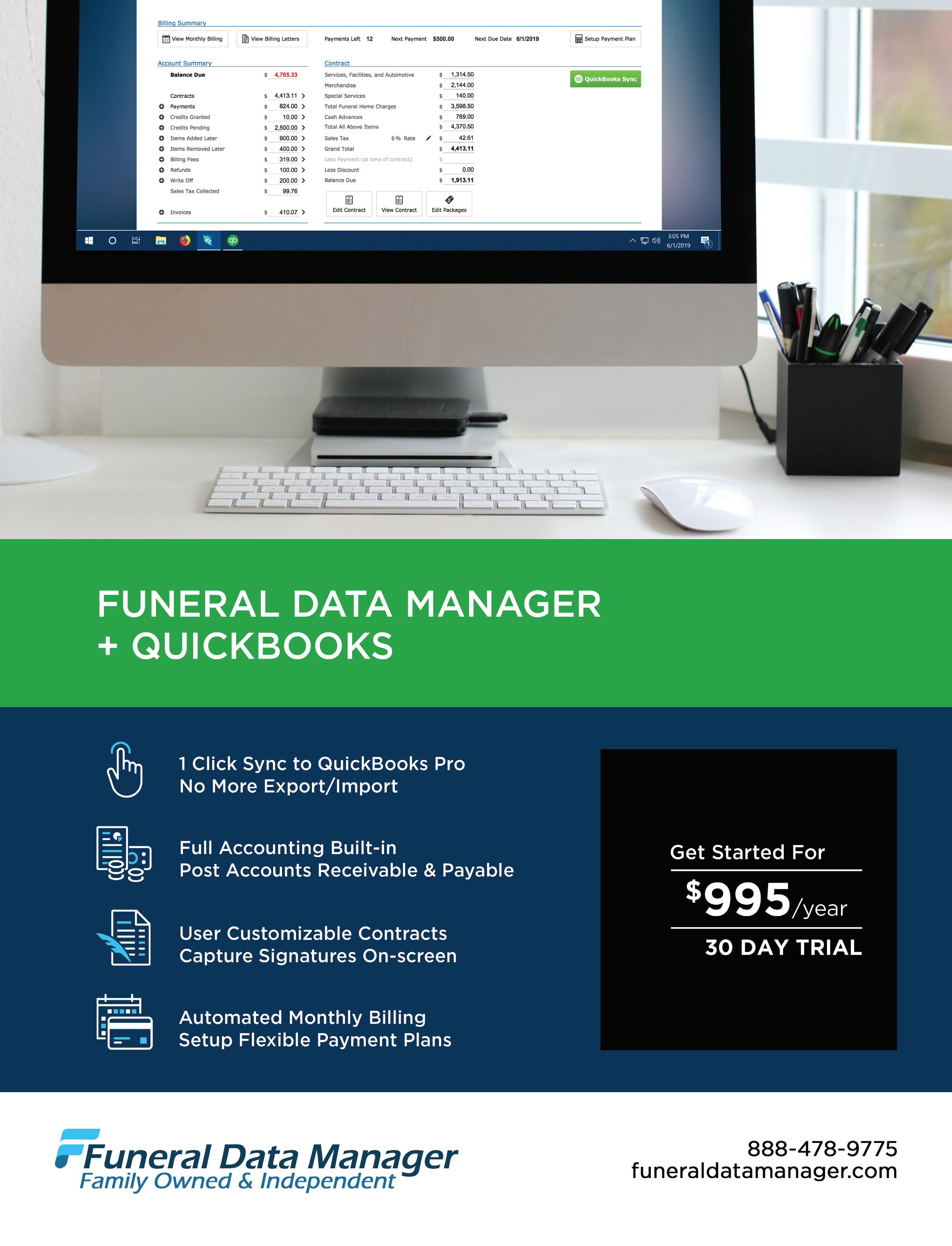
Let’s take a look at some popular options being considered and the potential side effects of each:
Consider increasing the salary for an employee above the threshold to save on overtime costs. Again, workers who make more than $47,476 are not required to receive time-and-a-half overtime pay. These exempt employees will earn more but they are susceptible to overtime hours which in time, could hamper their personal time and create burnout.
It is important to note that simply increasing the salary may not make the position exempt from overtime. The position must also meet the duties tests as outlined in the White Collar Exemptions (hyperlink - https://www. dol.gov/whd/overtime/final2016/general-guidance.pdf ) from the Department of Labor.
Business owners and managers who are already above the threshold may experience an increase in their own workload if they have to take on the responsibilities that other employees no longer have time to accomplish. For many of you, that’s not a welcome thought.

To offset the higher wages, an employer may consider elimination of another position (part-time, for example), pass the costs on to the customer or cut other optional benefits such as quarterly or year-end bonuses.
To avoid exceeding the 40 hours-per-week ceiling, a business may decrease and reallocate the duties of the employee.
Those duties will need to be addressed another way –either by another employee, serviced outside the business or eliminated altogether. We’ll detail that later.
Determining how long each duty may take to accomplish and what to prioritize does take some planning and we’ll discuss that later as well.
As mentioned above, hiring a part-time person to handle any additional duties no longer done by the current fulltime employee(s) is an option. This addresses the current needs of the business with minimal or no loss of quality and delivery.
Just what duties to have this part-time person complete along with when, needs to be determined. Considering that many funeral directors have specialized tasks that are not easily duplicated and may occur at odd hours could present a challenge. Every funeral home operates a bit differently so a review and plan will need to be completed.
Using specialists for tasks that can be done well while efficiency, quality and service are maintained is a good option, especially if it minimizes the bottom line. Third party partners can assist in everything from grounds keep and facility services to adding services that offer potential new revenue streams such as higher quality products, tribute videos and personalization services.
Partnering with a consistent and reliable service that reflects your standards creates flexibility in all your core responsibilities of handling family deaths that can occur at any moment. Financially, using a contracted or outside service protects you from overtime hours as well as employee taxes.
Before eliminating a service, consider technology upgrades that can quicken paperwork, lessen duplicity and minimize mistakes. Office programs and project management software reduces the workload and offers faster communication internally and with your families.
The short-term downside may be the upfront cost and training ramp-up time associated with any new equipment, while the long term benefits can increase efficiency.
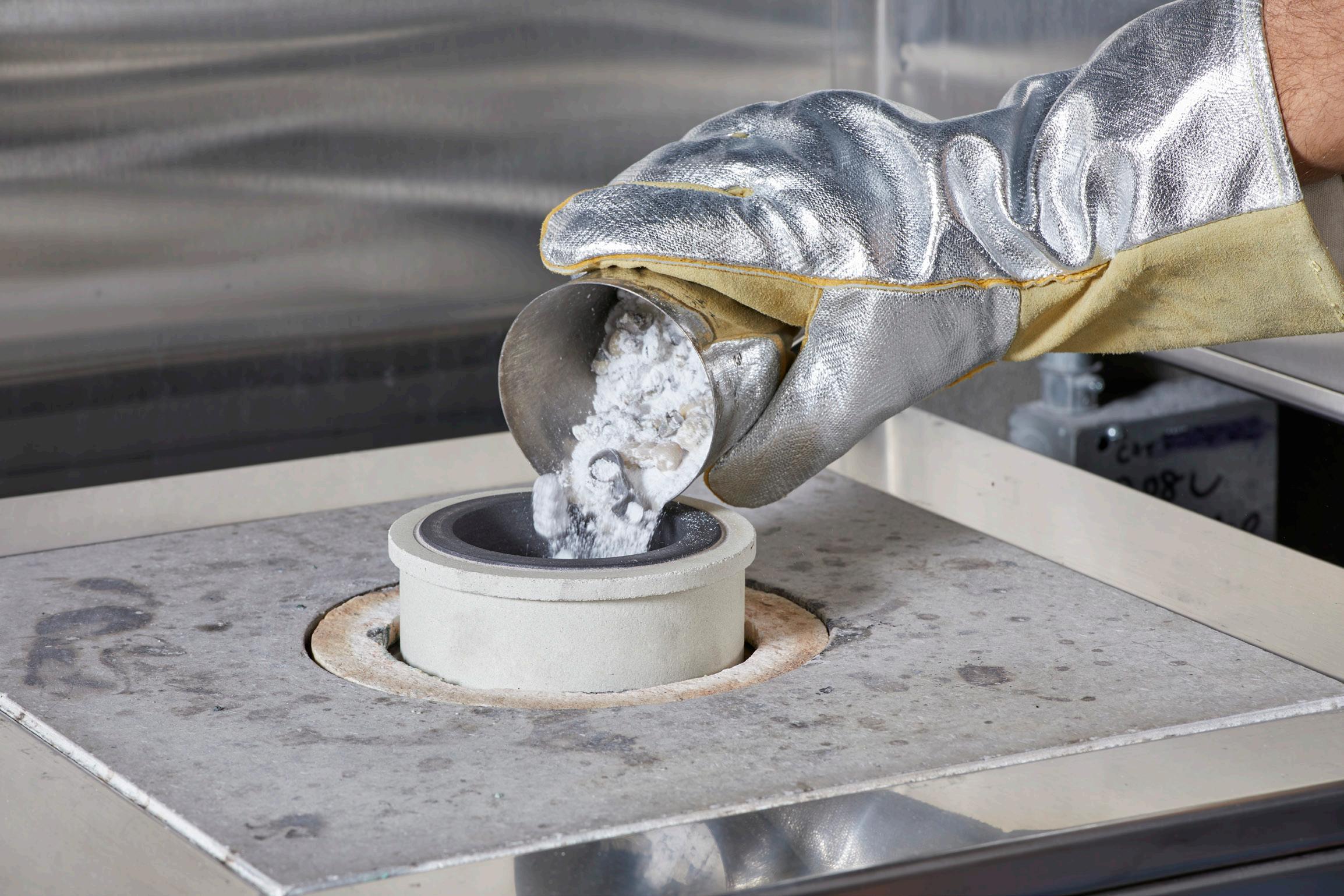
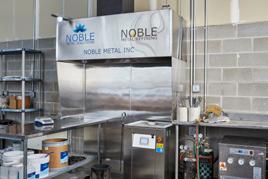

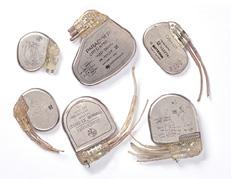
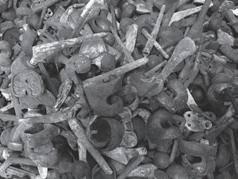
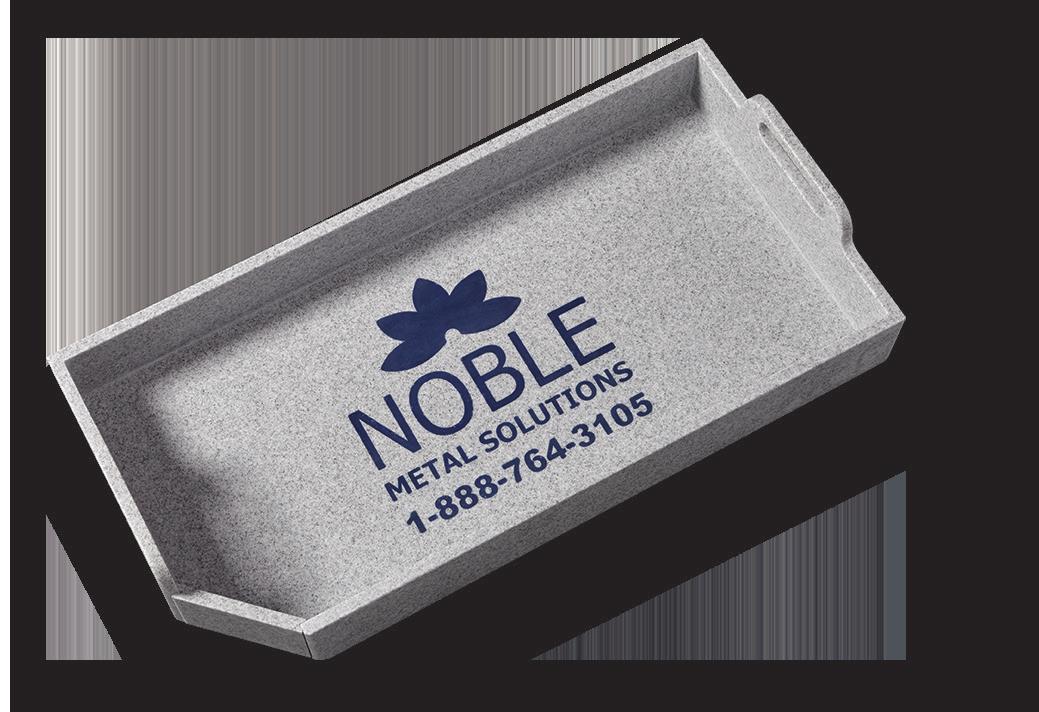
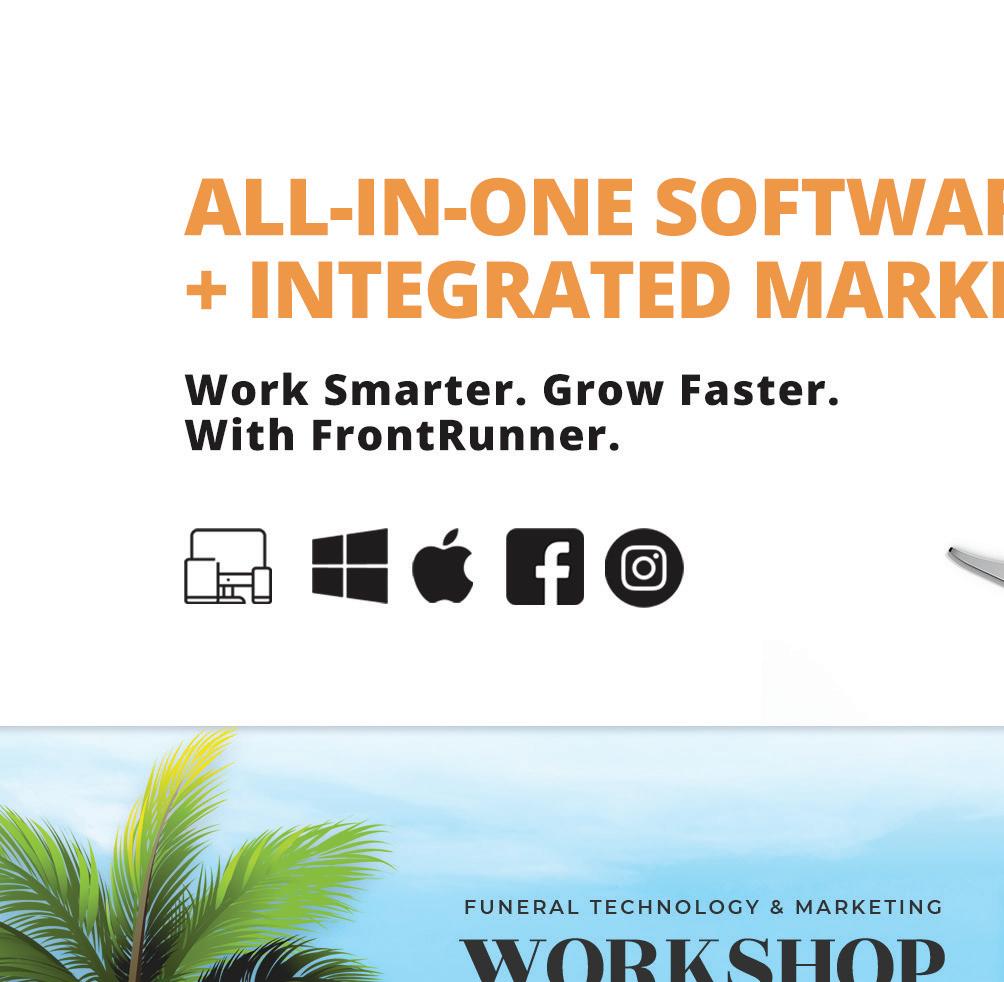




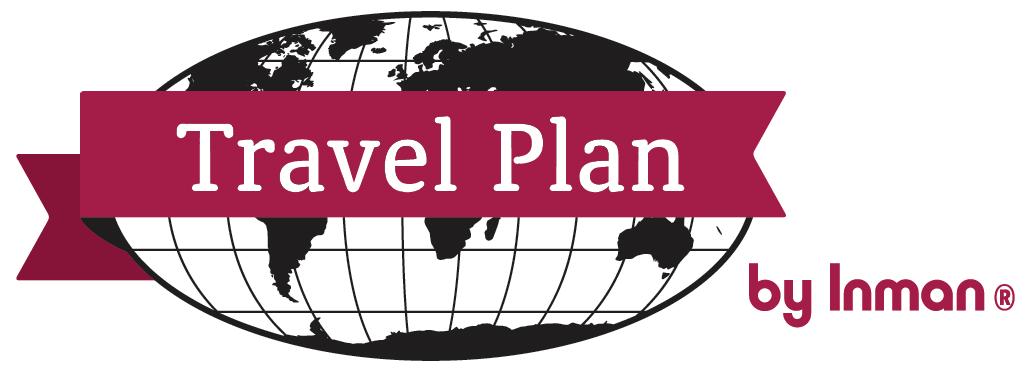
To make such a decision needs to be clearly studied. In most cases, you can identify those tasks or services you offer that either cost you the most and/or offer the least amount of return. But be careful, not to look at a direct ROI - it’s difficult to directly correlate ambience or your funeral service experience to a financial return.

The elimination of any service can be detrimental, short and long term. For example, do you change to artificial flowers versus fresh ones? Or wait an extra 15,000 miles on your vehicles before trading them in? Do you stop compensating your employees for the business attire you require them to wear? The question is simple, what can you do without that will not affect your revenue stream, today, tomorrow and next year? That’s the last thing you want to do. Not only does it erode your reputation within your market, it eventually will put you at a competitive disadvantage.
Since the consensus is the new Rule is not going away, the sooner one faces its impact, the better. With just three months from implementation, that’s not a lot of time to prepare.


1) Review and assess the duties and time management of all your employees, hourly, salaried and exempt.

2) Determine whether those duties assigned to each employee can be performed within the structure of a 40hour work week.
3) In review of each employee, if the duties require more than 40 hours per week, consider these options: remove or reassign duties, alter the employee’s compensation to meet compliance, add staff; or accept and compensate for the overtime hours required.
For better or worse, whether the business owner or the salaried employee, this new Rule changes the landscapemore workload for employee tracking along with increased payroll costs while the employee may experience more pay, work less hours but have less flexibility in juggling their work schedule with their personal life.
The Overtime Rule is coming but you can minimize its impact with the right planning – for you, your staff and your familes. Be ready December 1st. FBS
Bruce Felt is President and Owner of Memories By Design. After 30 years working in marketing and promotion at various Pacific Northwest television stations, he has taken his experience and passion for video storytelling to a company that honors, celebrates and preserves the memories of loved ones through personalized custom Tribute Videos. Bruce can be contacted at 1-800-223-3050 or bruce.felt@memoriesbydesign.com. Visit www.memoriesbydesign.com for more information.
3.5”

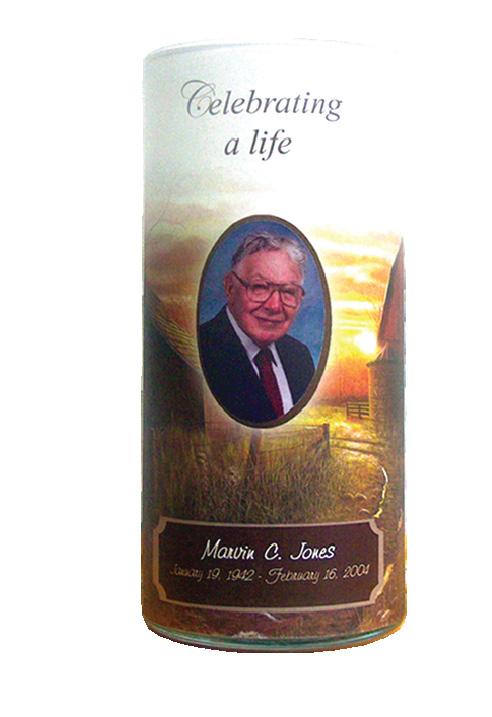
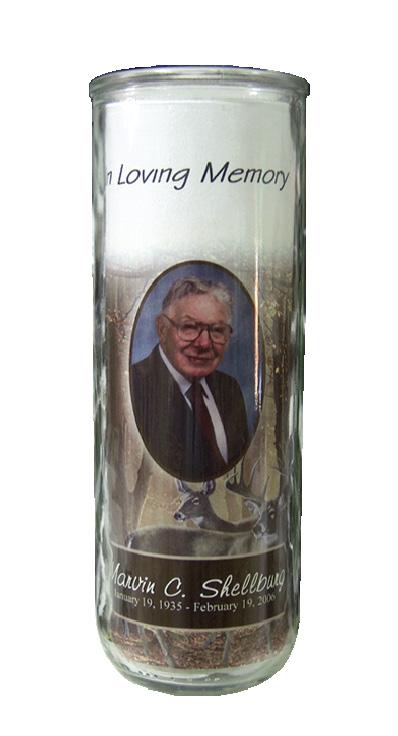

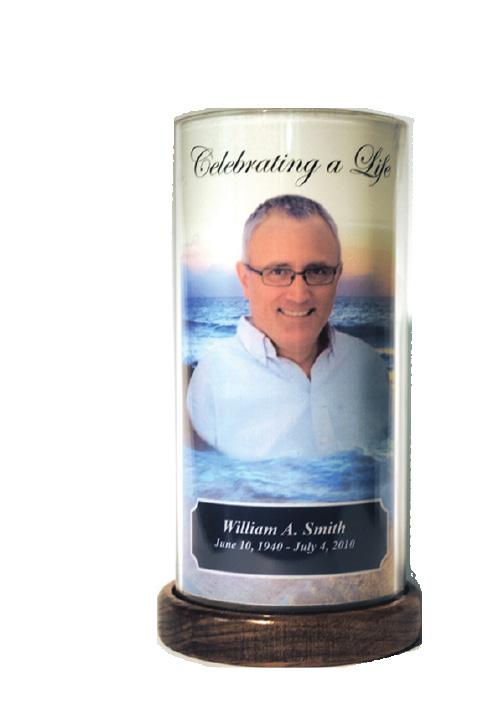






If you think you might buy, sell, or pass your funeral business on to the next generation within the next 7 years, it’s time to start planning now!
Without a plan, you could face several challenges, including a lower sale price, a difficult transition to new ownership, staff turnover, and even the loss of your family’s legacy in the community.

In my time as a funeral home financing expert, I’ve assisted clients with the sale and acquisition of funeral home businesses, as well as refinances, additions/renovations, and buyouts (partner and generational). I can tell you from experience that sellers who develop and follow a good succession plan are able to pave the way for a smooth transition and, in a good number of cases, increase the value of their businesses. These funeral professionals are then able to go into retirement with confidence, knowing that they have successfully “passed the torch” to the new owner. So, if you are nearing retirement or looking to sell your funeral home business in the near future, you may be wondering, “How do I start my succession plan?”
The first thing to consider is timing. It is never too early to develop a succession plan. There are steps that a funeral home owner can take, at any point, to prepare for the future. As a good rule-of-thumb, I recommend that the business owner begin seriously planning for succession at least 7 years from the owner’s targeted retirement date. This will allow plenty of time to execute steps to plan the succession, as well as maximize the value of the business.
Second, consider your options for choosing a buyer. A successful funeral home owner has built a high level of trust within their community. Great reputations and track records are not established overnight; it takes years of first-class service and a strong sense of investment in the community. As an owner considering “passing the torch,” it is important to identify a buyer who is equipped to continue the tradition of the funeral home. Potential buyers may include family members working in the business, long-term employees, other funeral directors or funeral home owners in the area, or a reputable regional consolidator.
Next, start growing the value of the business. Funeral homes are valued based on the cash flow that the business generates. As a business owner looking to sell, it is important to begin maximizing the efficiency and performance of the funeral home as an organization. To do this, consider expanding your preneed program, streamlining processes with upgraded funeral home technology, and looking into solid training for your staff on both the at-need and preneed side. As you probably know, families are changing and their needs are evolving, and as such, the funeral home staff needs to be able to adapt and adjust in order to provide families with the type of service they are looking for. As you can imagine, a solid track record of increasing call volume and a solid book of preneed business only serves to enhance the value of the funeral home.
Finally, create a plan that honors the legacy you have built over a lifetime. We have all seen instances where a funeral home that had been beautifully managed for 50, 60, or 100 years is sold to an individual or organization that mishandles the trust and legacy that has been built over generations. However, with good planning, you can find a buyer you trust to carry on your family’s legacy and provide the community ample time to grow accustomed to the transition.
Every single funeral home sale presents a unique situation, so the things that worked for one funeral home owner may not work for you. That is why planning is so crucial. My final piece of advice? Don’t do this alone. Work with an expert you trust who will help guide you through the process of succession planning because with a funeral home, there’s more at stake than just a typical sale. The entire community is watching and wondering if they can trust a new owner to care for their loved ones just as you did for so long. Don’t let them down! FBS
Jason Gazaille serves as Vice President of Finance for Funeral Directors Life Insurance Company. Since joining the company in 2015, Jason has expanded his department services to include not only funeral home lending, but also a consulting services division – Directors Business Solutions – which offers accounting, payroll, and valuation services. Jason is a graduate of McMurry University with a BBA in Marketing. To connect with Jason, call 800-692-9515.


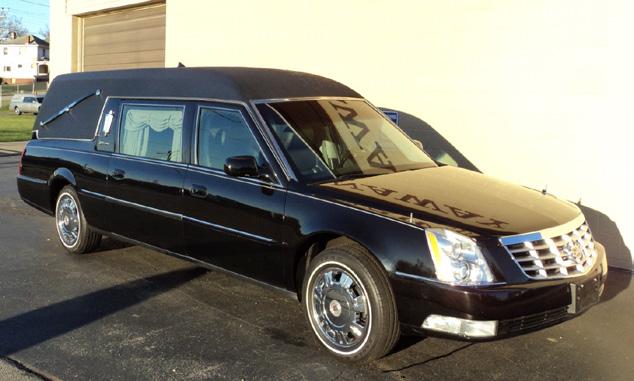
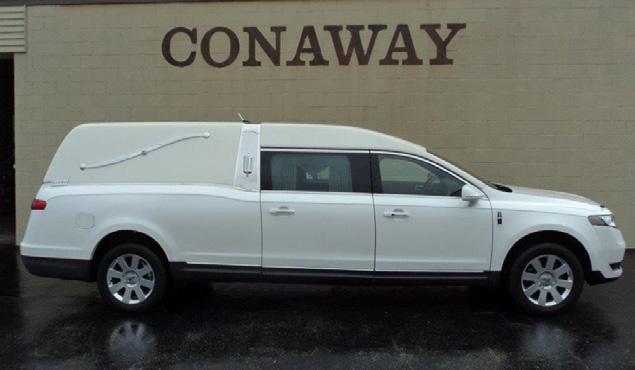
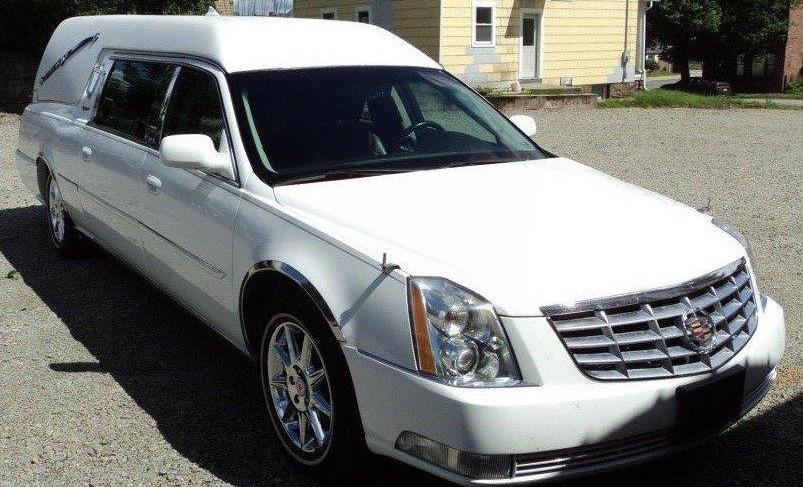
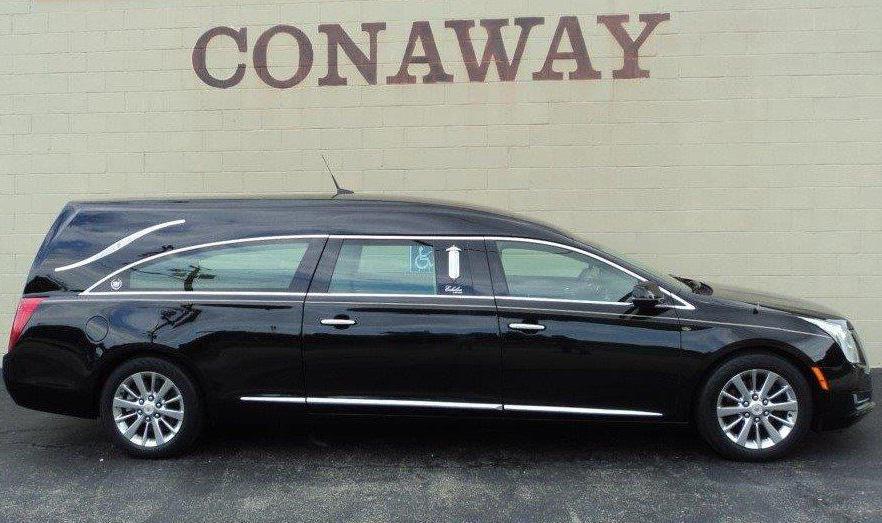
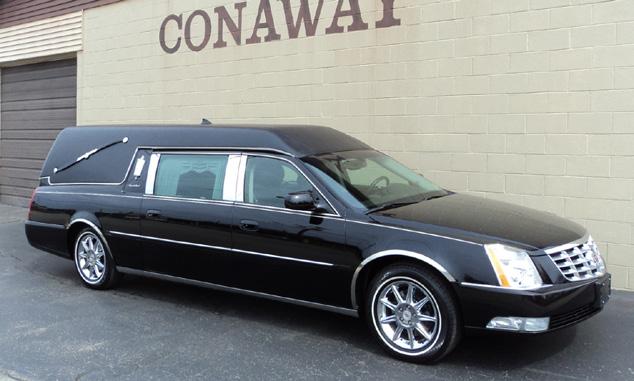
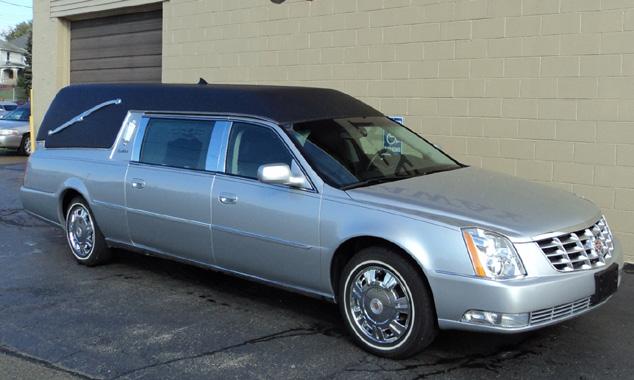
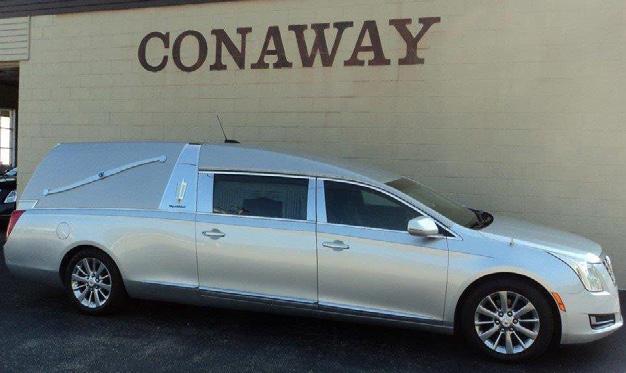
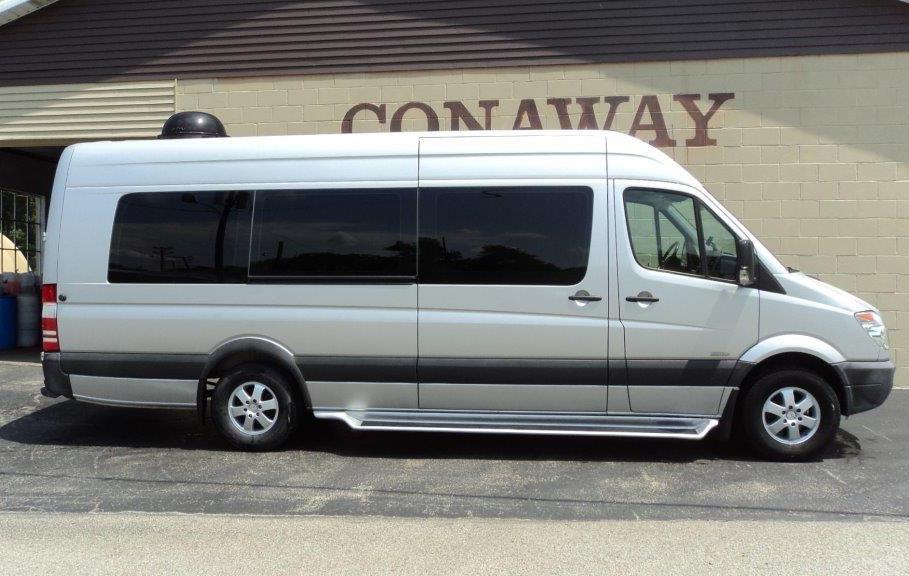
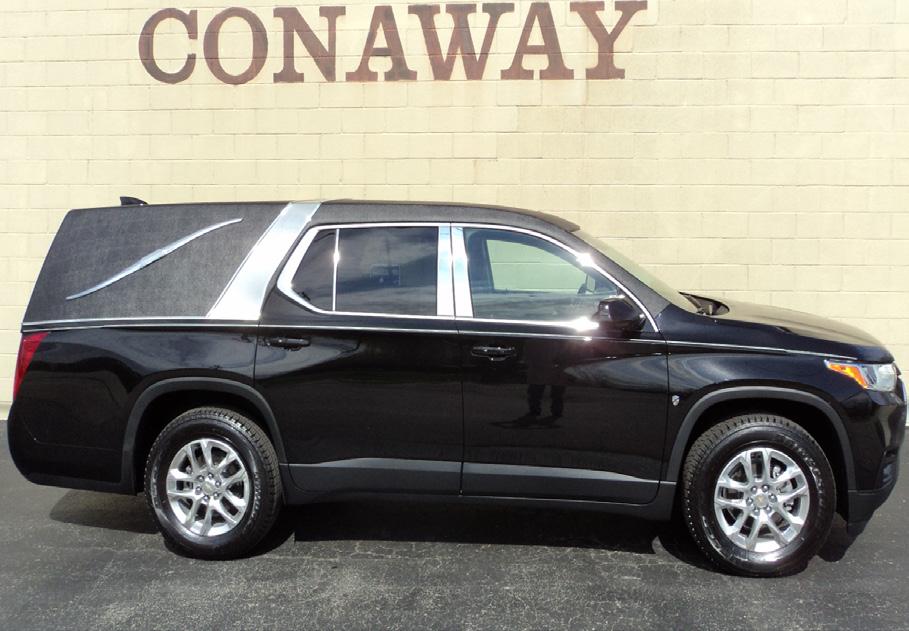
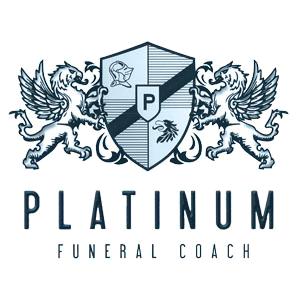
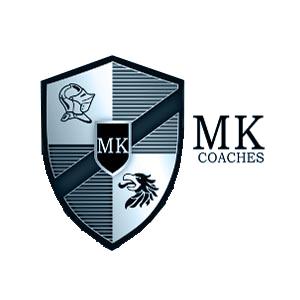
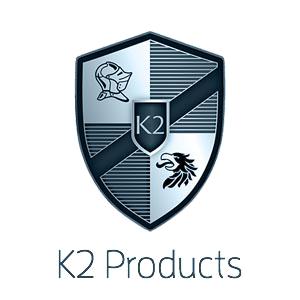

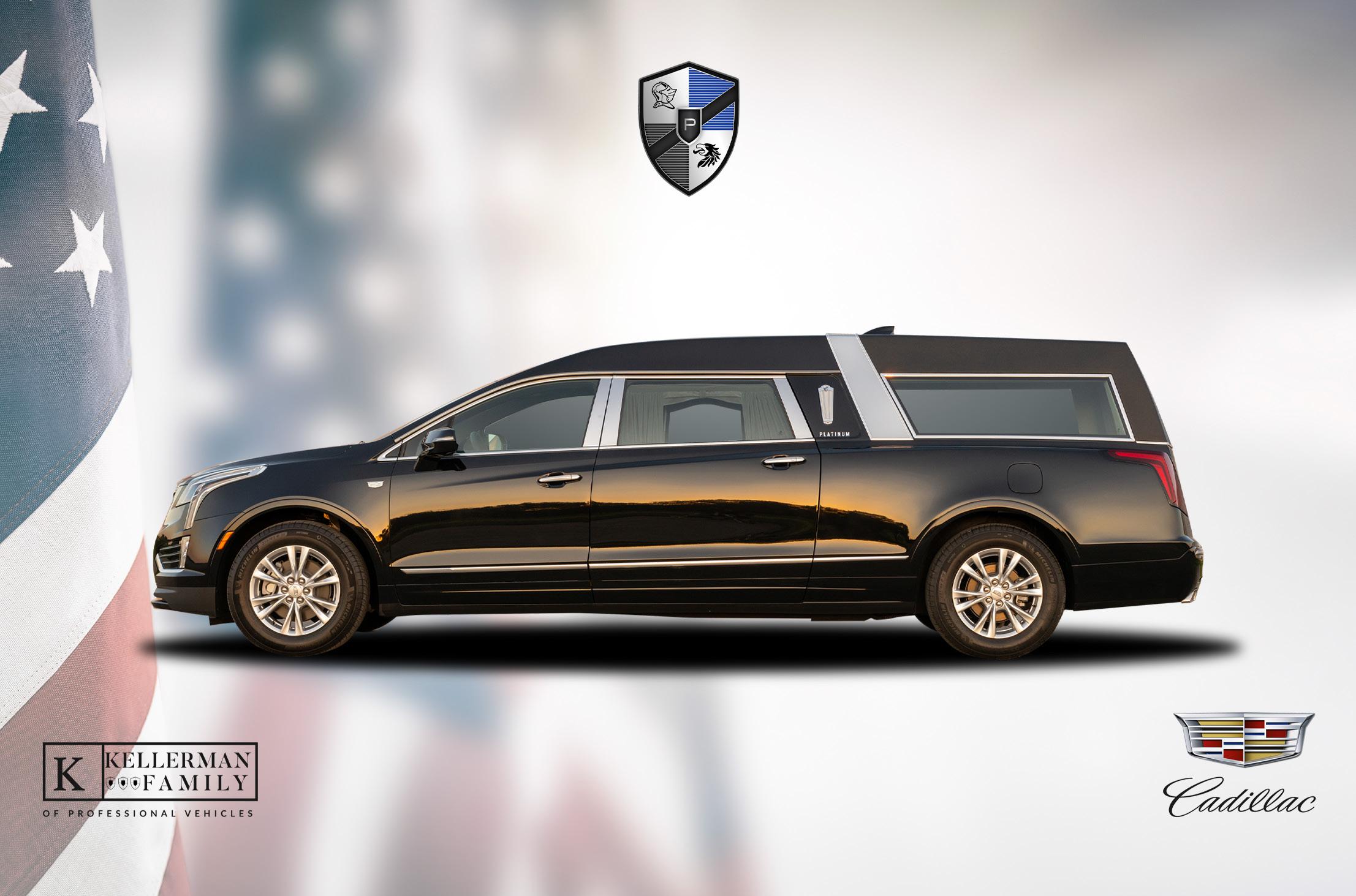

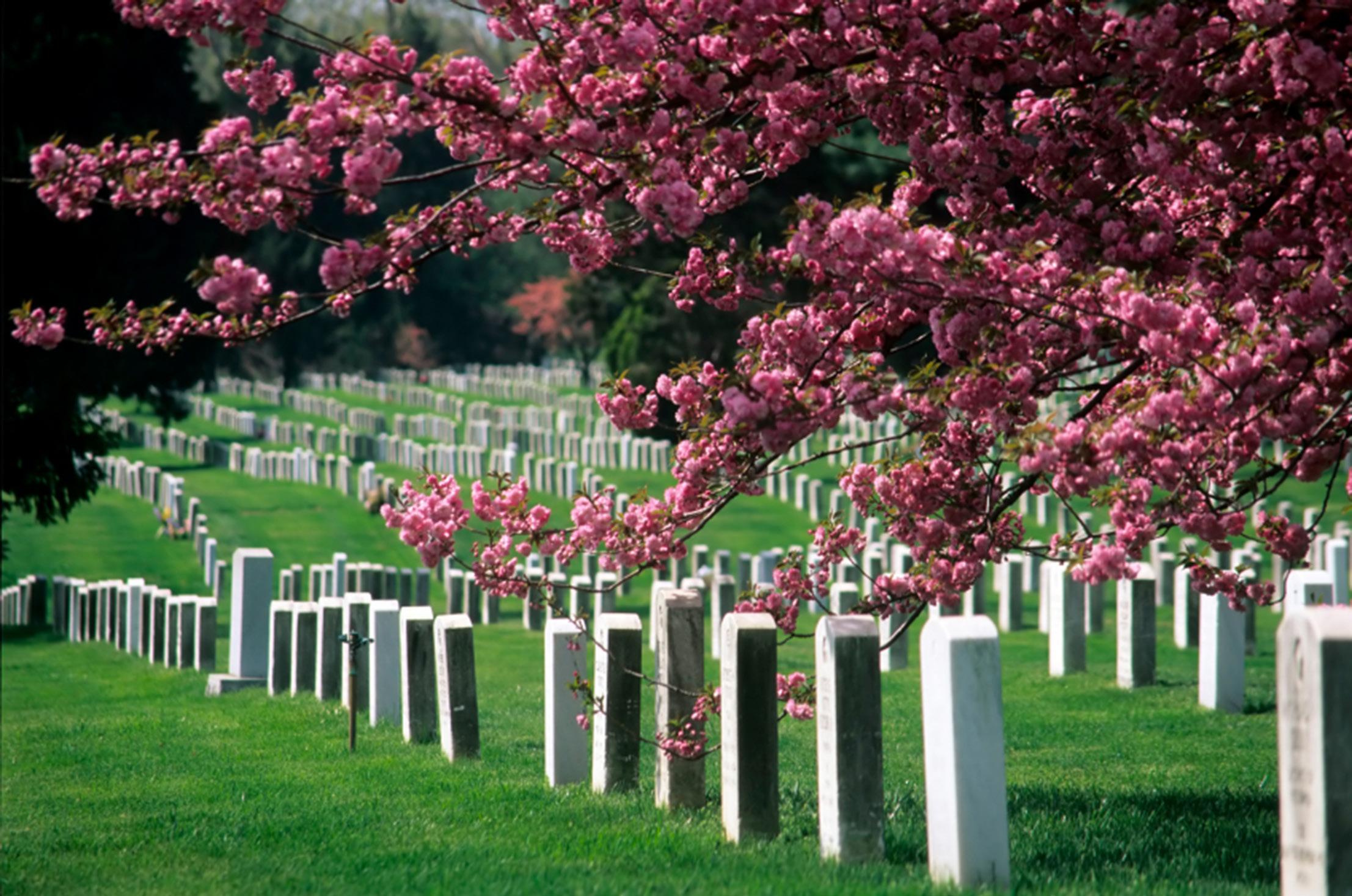
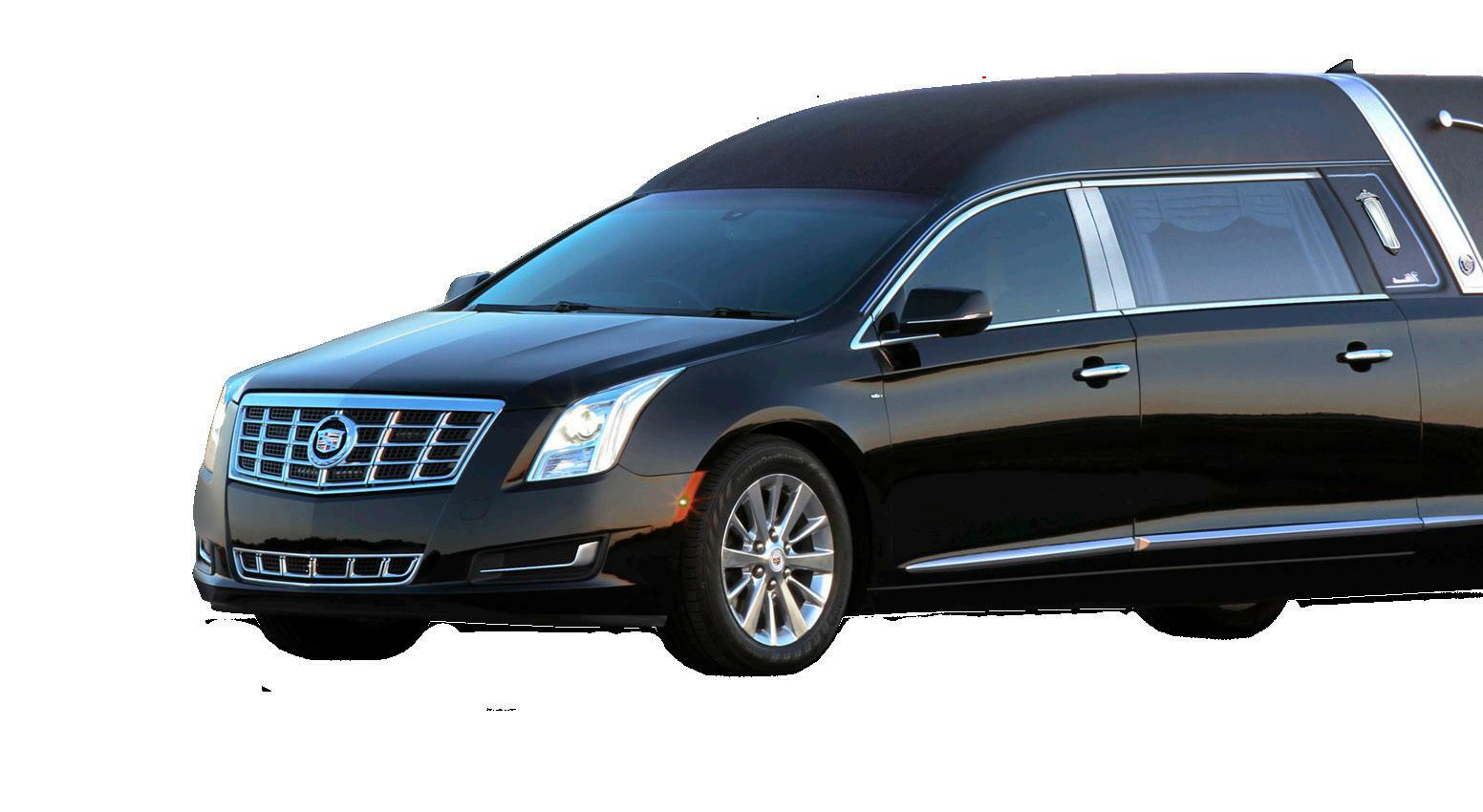
THANK YOU FOR SUPPORTING OUR ADVERTISERS!
American Funeral Consultants 800.832.6232 | teamafc.com
AP Lazer 800.585.8617 | aplazer.com
ASD 800.868.9950 | myasd.com
Bio Response 317.386.3503 | bioresponsesolutions.com
"Brinkley Asset Management 555.555.5555 | brinkelyassets.co BSF 913.890.3966 | 4bsf.com
C&J Financial 800.785.0003 | cjf.com
Celebrating Heroes 800.896.0598 | celebratingheroes.com
Conaway Sales 800.333.5233 | conawaysales.com
Custom Airtrays 800.992.1925 | customairtrays.com
Eagle's Wings Air 866.550.1392 | EWAcares.com
Express Funeral Funding 812.494.9011 | expressfuneralfunding.com

Frazer 866.372.9372 | frazerconsultants.com
Frontrunner Pro 866.748.3625 | frontrunnerpro.com
Funeral Data Manager 888.478.9774 | funeraldatamanager.com
Funeral Home Gifts 800.233.0439 | funeralhomegifts.com
Greene Valley Media 800.270.1237 | Greenevalleymedia.com
Infinite Innovations 800.362.6224 | infparts.com
Inman Shipping Worldwide 800.321.0566 | shipinman.com
Investors Heritage Life 800.422.2011 | investorsheritage.com
Junkin Safety 888.458.6546 | junkinsafety.com
15 49 31 16
1, 34-35, 45 67 3 53 64 19 23 41 4-5, 46-47 59 13, 57 51 17 43 50, 58 63 31
Kanga-Woo 800.645.8966 | kanga-woo.com
Lifelong Memories 888.454.3356 | lifelongmemories.net
Live Oak Bank liveoakbank.com/finance
Love Urns 888.910.7860 | loveurns.com
Memory Glass 866.488.4554 | memoryglass.com
Mortuary Lift 800.628.8809 | mortuarylift.com
National Mortuary Shipping 800.321.0125 | natlmortuaryshipping.com
Noble Metal Solutions 888.764.3105 | noblemetalsolutions.com
Passages 505.830.2500 | passagesinternational.com
Pierce Chemicals / Bodylift 800.572.6419 | piercedirect.com
Pierce Colleges 770.593.2257 | gupton-jones.edu
Platinum Funeral Coach 513.752.0734 | platinumfuneralcoach.com
Security National preneedsuccess.com SRS 800.797.4861 | srscomputing.com/V90 Starmark 888.366.7335 | starmarkcp.com
Thacker Caskets 800.637.8891 | thackercaskets.com
The Funeral Car Store 301.649.1113 | funeralcarstore.com Trigard 800.637.1992 | trigard.com Tukios tukios.com/infinite Wilbert wilbert.com

